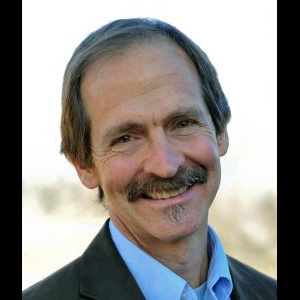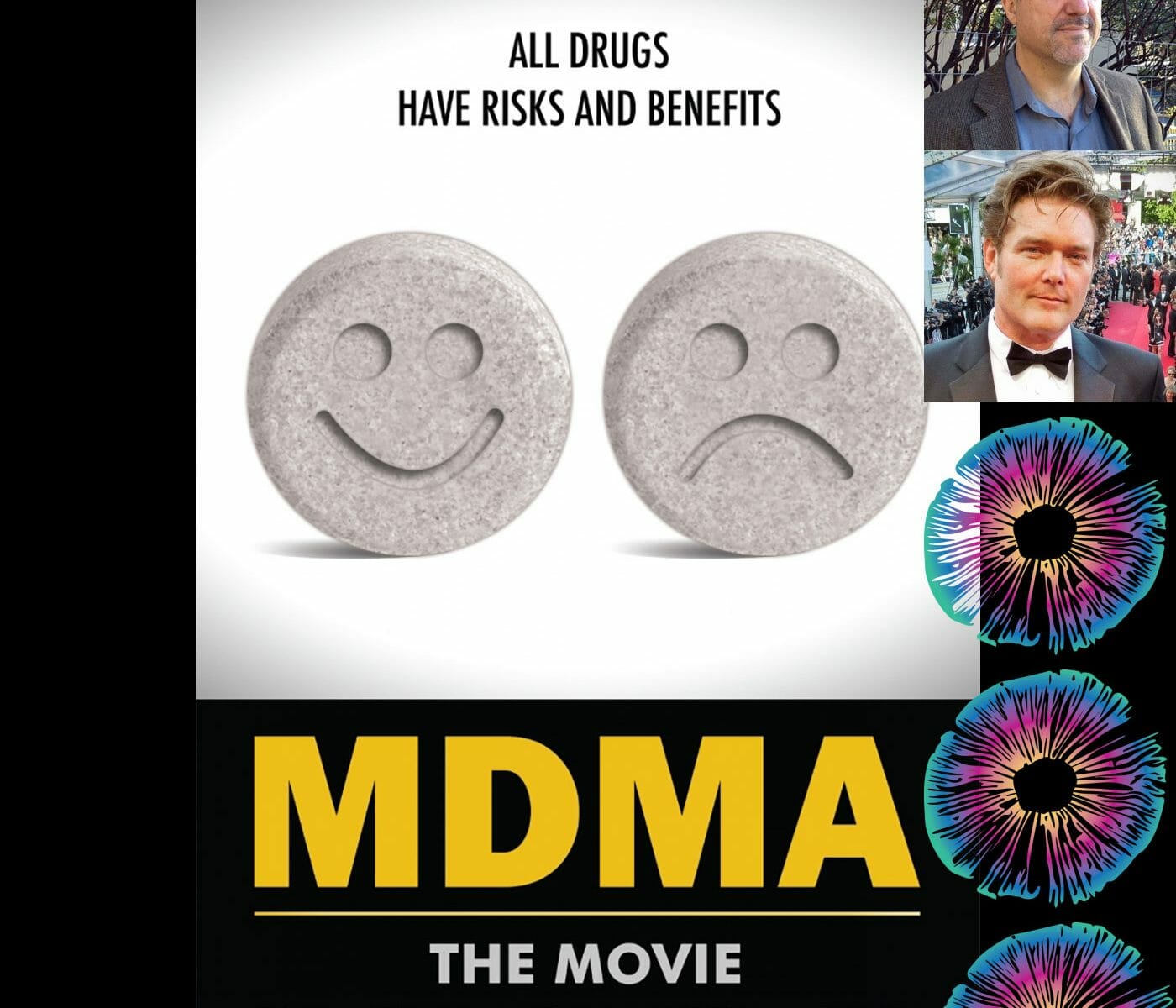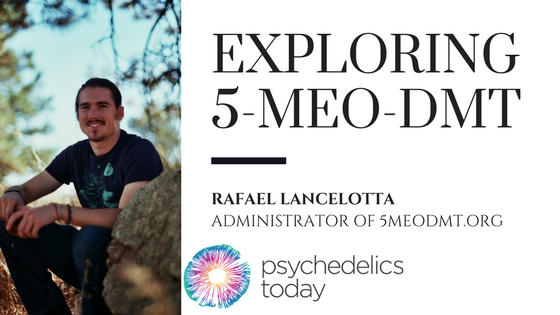In this episode, Joe interviews Cody Swift from the Riverstyx Foundation. In the show, they talk about Peyote and the troubles for Native Americans and their church not having access and preservation of Peyote.
3 Key Points:
- RiverStyx is a small family foundation that funds projects that demonstrate the potential for healing and beauty. RiverStyx has funded the preservation of land to protect the sacred Peyote plant.
- The Portugal Model shows that decriminalization works. Portugal faced unprecedented overdoses and drug abuse, typically with heroine, and when they turned to decriminalization and treatment, overdoses and incarceration dropped significantly to almost none.
- The Native American churches have held onto their ceremonial practices very tightly, and they struggle to find legal and sustainable access to Peyote, their sacred plant medicine.
Support the show
- Patreon
- Leave us a review on iTunes
- Share us with your friends – favorite podcast, etc
- Join our Facebook group – Psychedelics Today group – Find the others and create community.
Navigating Psychedelics
Show Notes
About Cody and RiverStyx Foundation
- RiverStyx is a small family foundation
- Cody’s grandfather was the CEO of UPS, and before his grandmother passed, she put a large share of the stock into a small family foundation
- Cody and his father took their quarter of the Foundation and created RiverStyx
- “How do you use a million and a half dollars a year for remarkable good?” – Cody
- He fell into philanthropy along with the burden/blessing of making decisions to change the world with a lot of money
- He started LEAD (Law Enforcement Assisted Diversion)
- It is a program that aims to help those struggling with addiction rather than punishing them with prison time
The Portugal Model
- In the early 2000’s, Eric Schlosser’s book, Reefer Madness Reefer Madness: Sex, Drugs, and Cheap Labor in the American Black Market eluded to Portugal having decriminalized all drugs
- Portugal faced unprecedented overdoses and drug abuse, typically with heroine
- They realized that they couldn’t arrest their country out of the drug addiction problem, so they turned to decriminalization and treatment
- They de-stigmatized treatment and drug users didn’t have to feel ashamed and use drugs in the shadows
- This lowered HIV rates to almost nothing
- It was highly successful
- “Not everyone needs drugs, but not everyone should be at risk to go to jail if they get caught with them.” – Joe
- Joe encourages psychedelically inclined folks to look deeper into harm reduction and drug decriminalization
- “Let’s provide these people safe access to a clean supply where they can stabilize again” – Cody
- Joe mentions a book by Jeremy Narby, Cosmic Serpent: DNA and the Origins of Knowledge, Cosmic Serpent: DNA and the Origins of Knowledge
- The drug war is causing danger to the plants
- Cody says, if cane syrup was made illegal because it is killing people, we wouldn’t ban the growth of corn, because it is sacred and used for so many other things
- “Jail is one of the biggest problems for mushroom users” – Joe
- Joe mentions that he was a little frustrated that Michael Pollan was able to take mushrooms and not go to jail, but the average person could go to jail
- Cody says that he highly respects Michael Pollan and what he has done for the psychedelic revolution, and that he thinks that Pollan wouldn’t want anyone to go to jail for this
- People like Michael Pollan and Tim Ferriss have done a tremendous job securing funding for Psychedelic Research
Peyote
- Native American people had always been close to Cody’s heart
- As a philanthropist, he didn’t know where to begin
- There is a myriad of problems facing Native American communities
- About 5 years ago, it just came into consciousness
- He got connected to Sandor of the Native American church
- He learned about ceremony and it became absolutely clear that he had to be a part of it
- It was an unclear path on how to support the community in the beginning, there was no 501C-3, there were no other philanthropists, the community is so large
- “How to support them in the continuance and empowerment of their using of a highly potent and healing substance to treat communities that have suffered so much, that was the key question” – Cody
- Looking at the threat and endangerment of the Peyote plant was the most important part of securing the preservation of this sacred plant
- Synthetic Mescaline is difficult to access and expensive
Ceremony
- It’s hard to track the ancient original threats to the traditions
- The Native American churches have held onto the ceremonial practices very tightly
- It’s important that white people don’t just come in and tweak the ceremony
- The average life expectancy for Native Americans is only in their 50s
- They have gone through so much suffering, and they are very awake, sensitive people that are holding this culture and practice close to them
- Alcoholism is one of the largest problems in Native American communities, and Peyote has shown to be a highly tangible benefit and cure for alcoholism
Preservation
- It has taken over 4 years to begin building these alliances
- Riverstyx and Bronners have been the only sources of funding, they need more
- Through this, they purchased 605 acres of land for peyote preservation in Texas
- 600 acres may not solve the Peyote crisis, but it is a start and has opened the doors to connect with other farmers that has now led to 12,000 acres dedicated to peyote preservation
- This is to return sovereignty and control to the Native
- After the land was purchased, they had a pilgrimage with the Navajo
- Peyote is God to them, it’s their connection to the spiritual realm
- Native Americans have resisted acculturation and stuck to their ways, that is their strength
Links
Email: cody@riverstyxfoundation.org
About RiverStyx

RiverStyx Foundation attempts to lessen human suffering caused by misguided social policy and stigma, while advocating enhanced opportunities for healing, growth, and transformation in such areas as drug policy, criminal justice, and end-of-life care. The Riverstyx Foundation believes in the human potential for healing, growth, and transformation. The Riverstyx Foundation works to provide a bridge to the relinquished parts of ourselves, our society, and our ecology, to ease those fears and prejudices by funding projects that demonstrate the potential for healing and beauty, when life is embraced in its fullest expression.
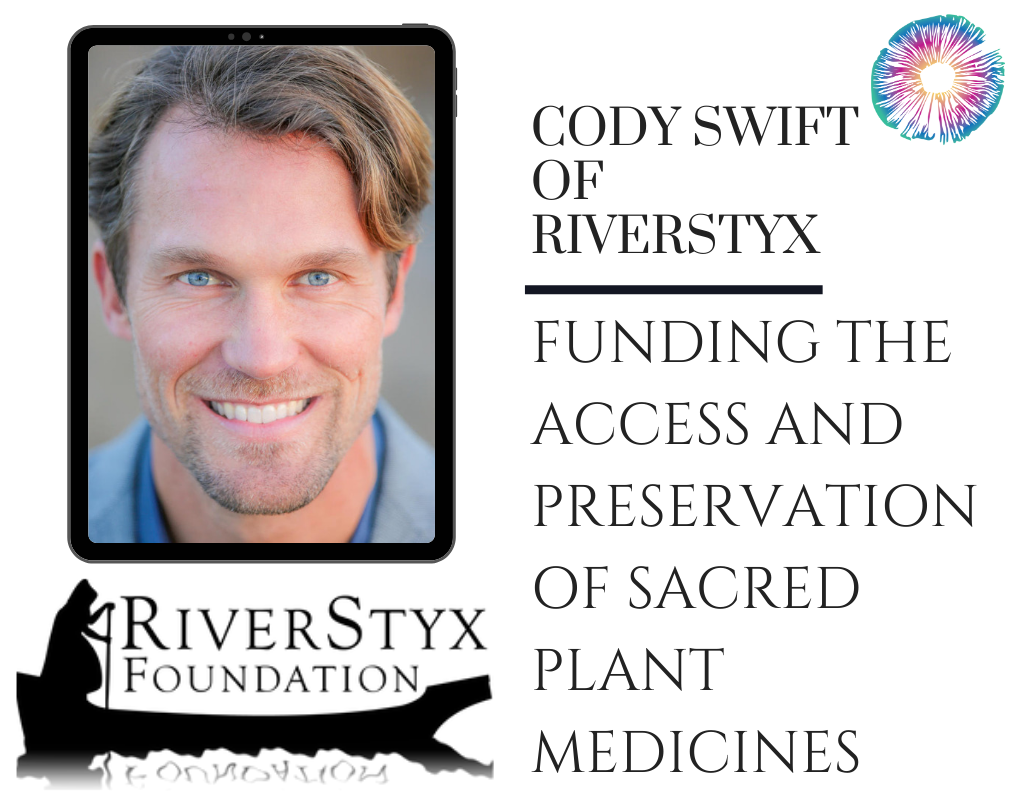

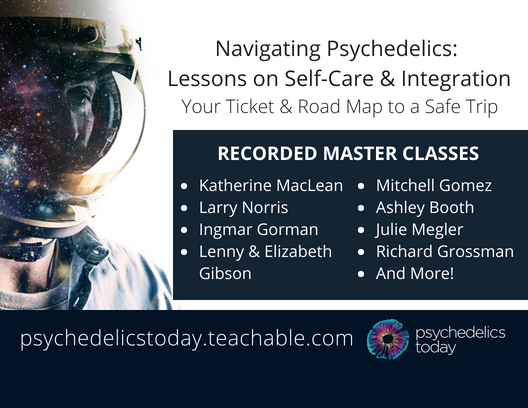



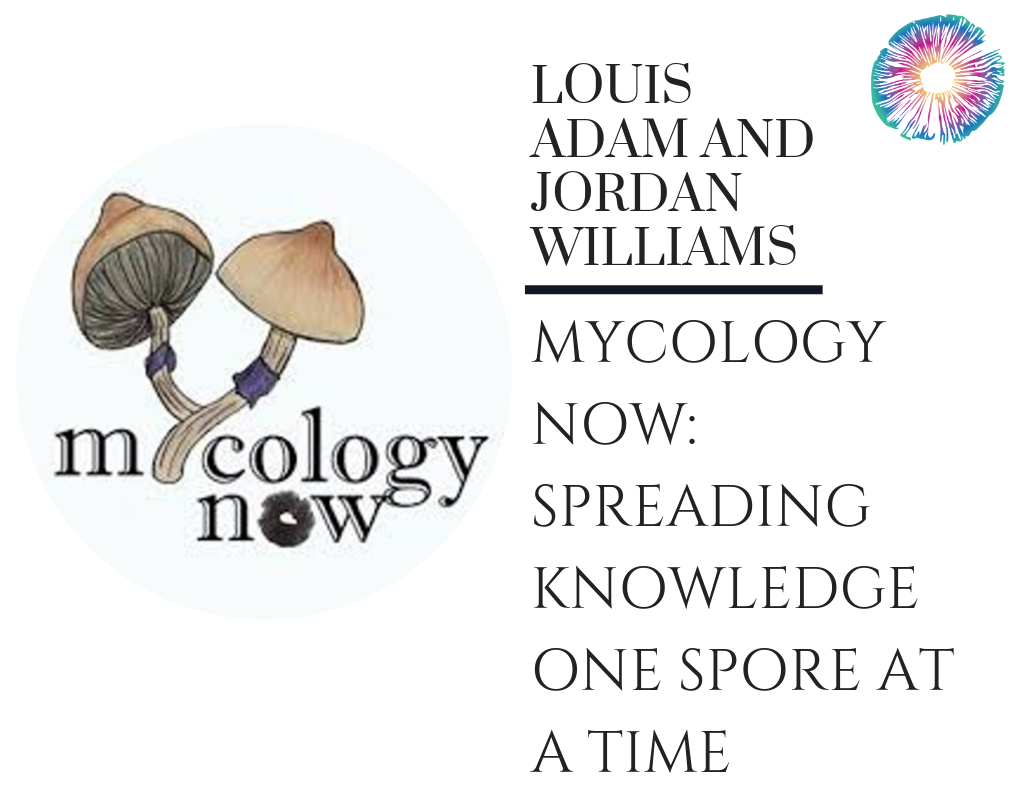
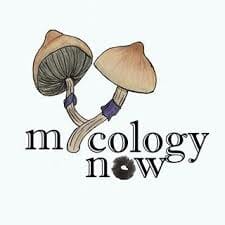

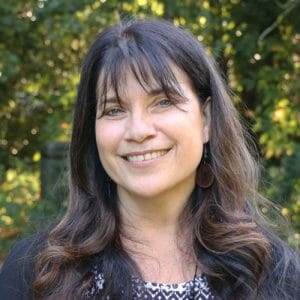
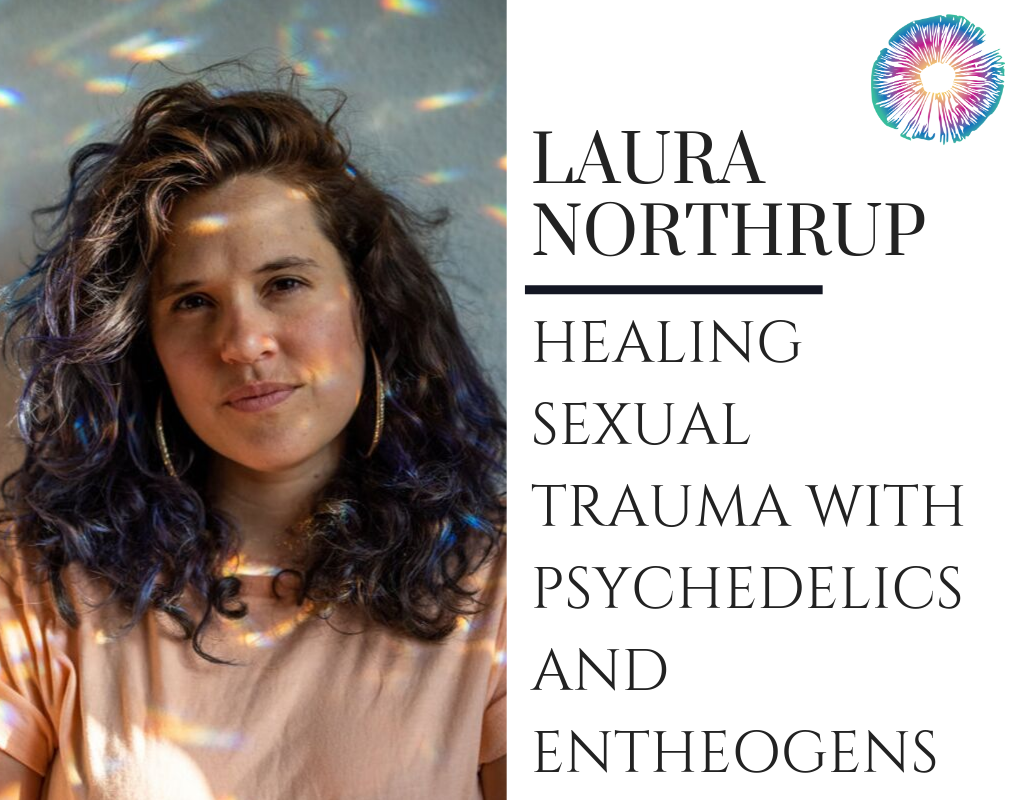
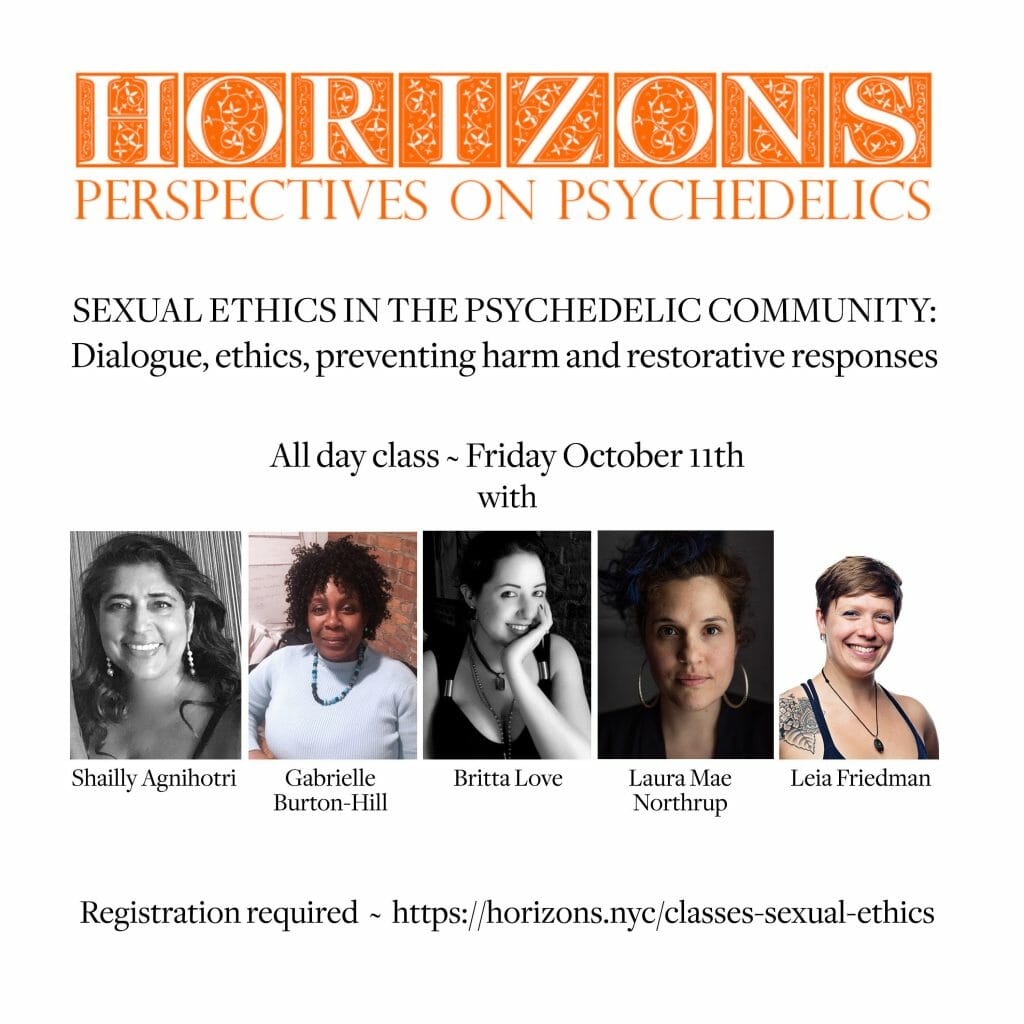
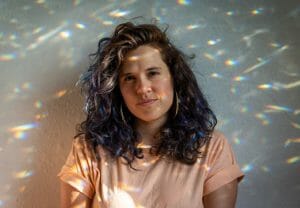
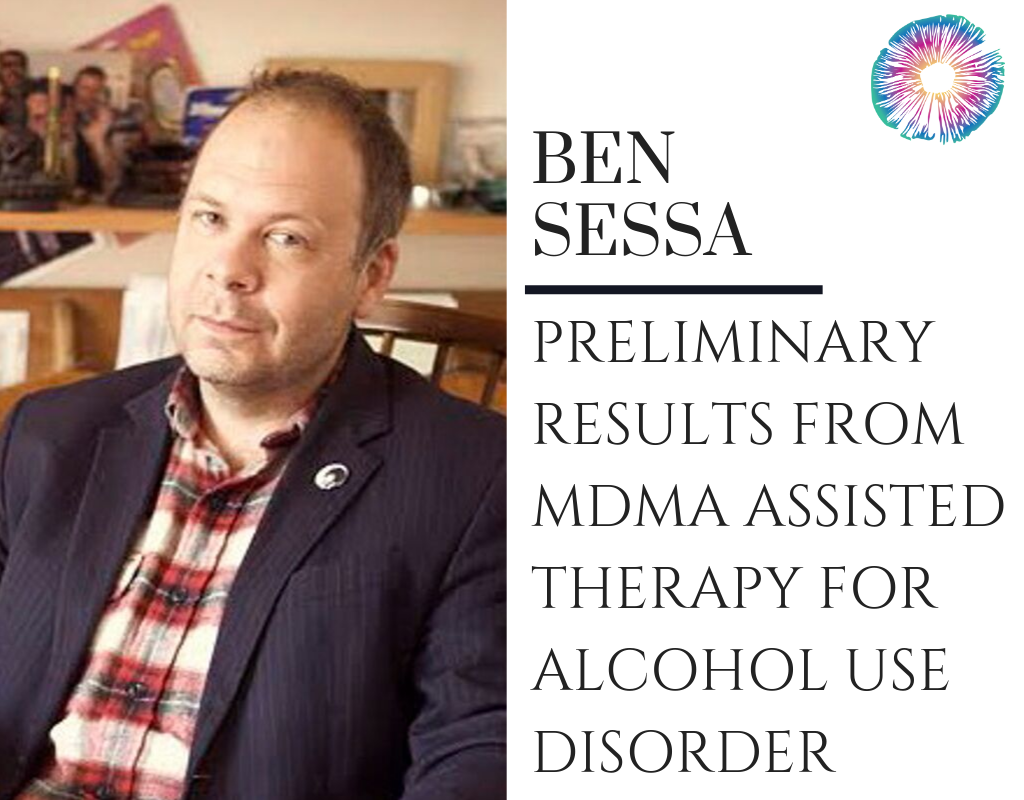
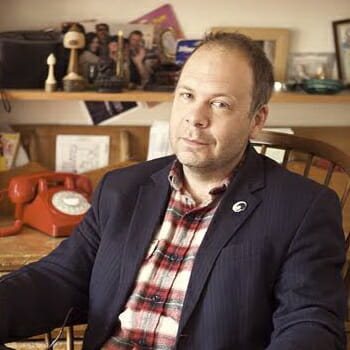


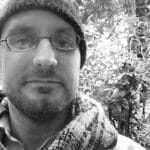
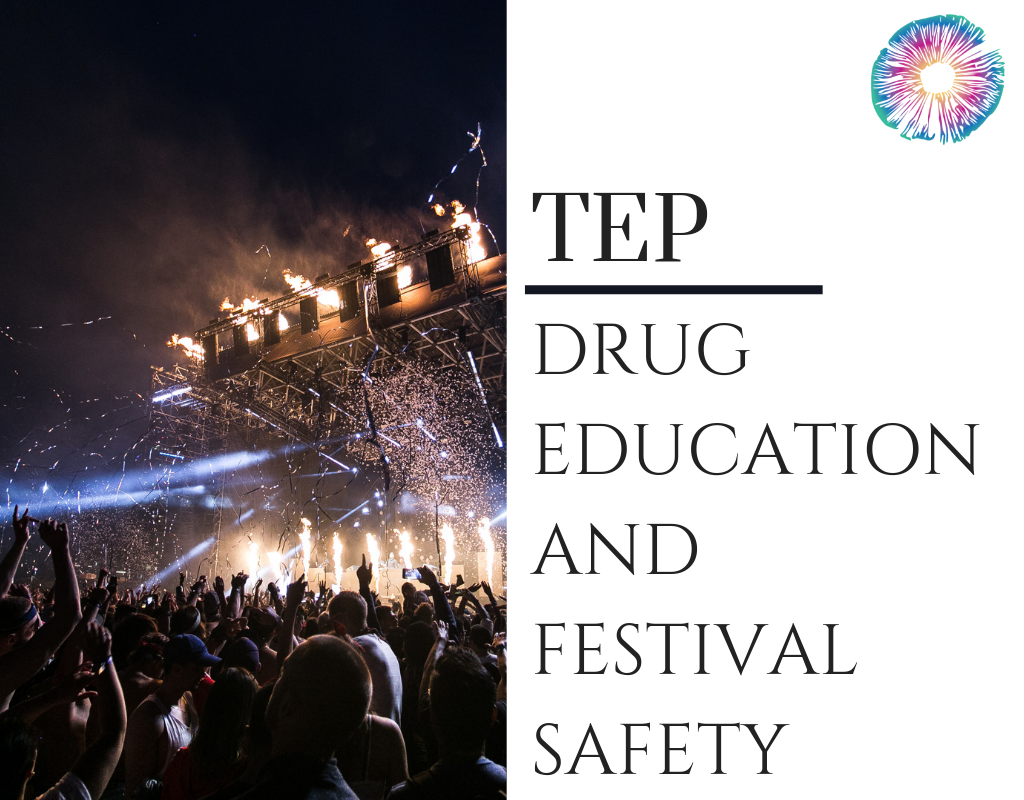
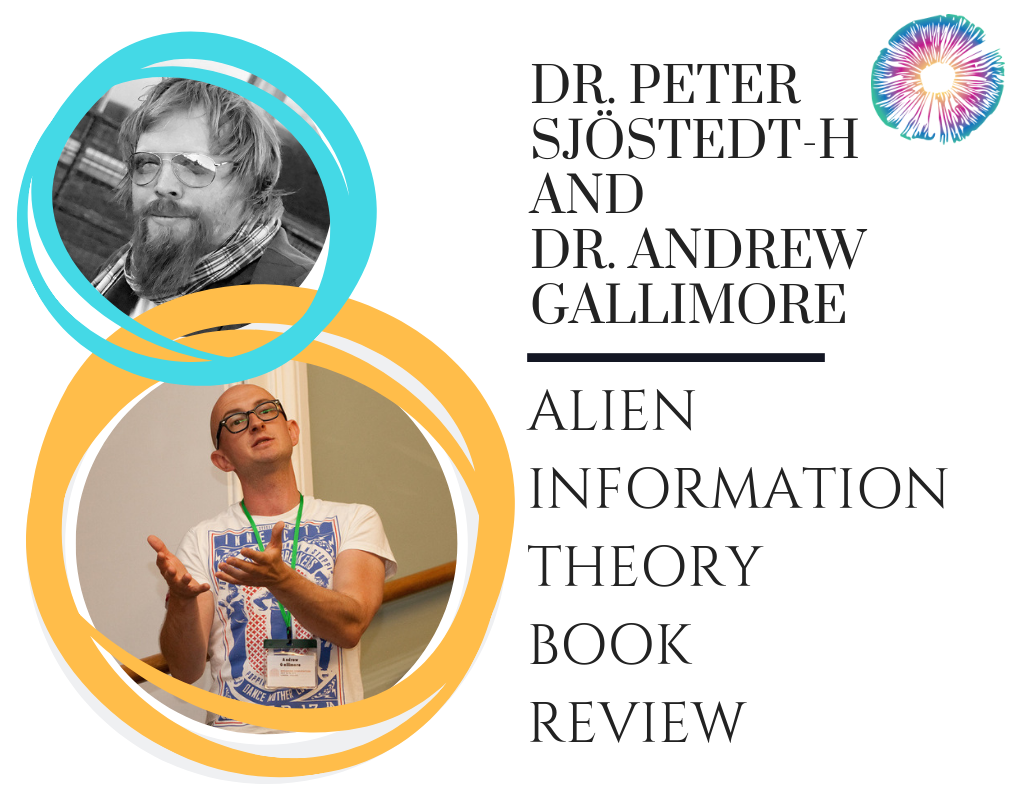
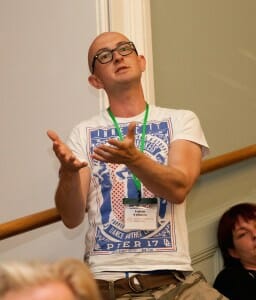
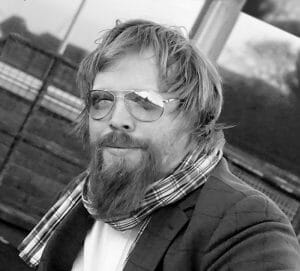
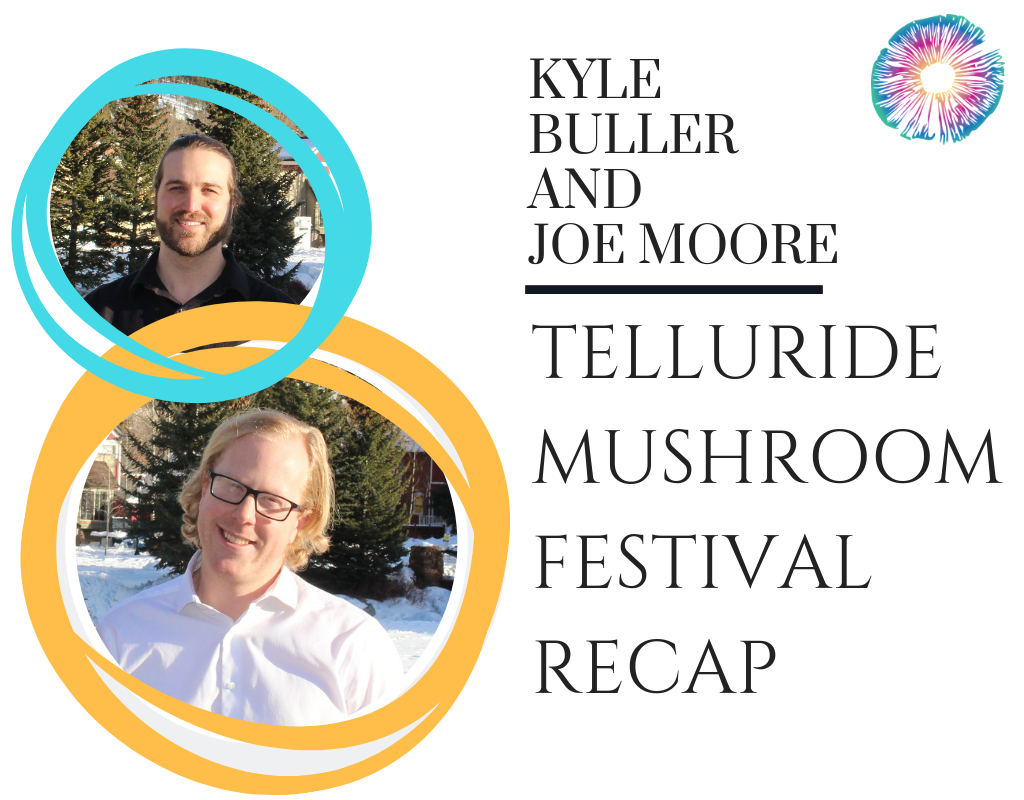

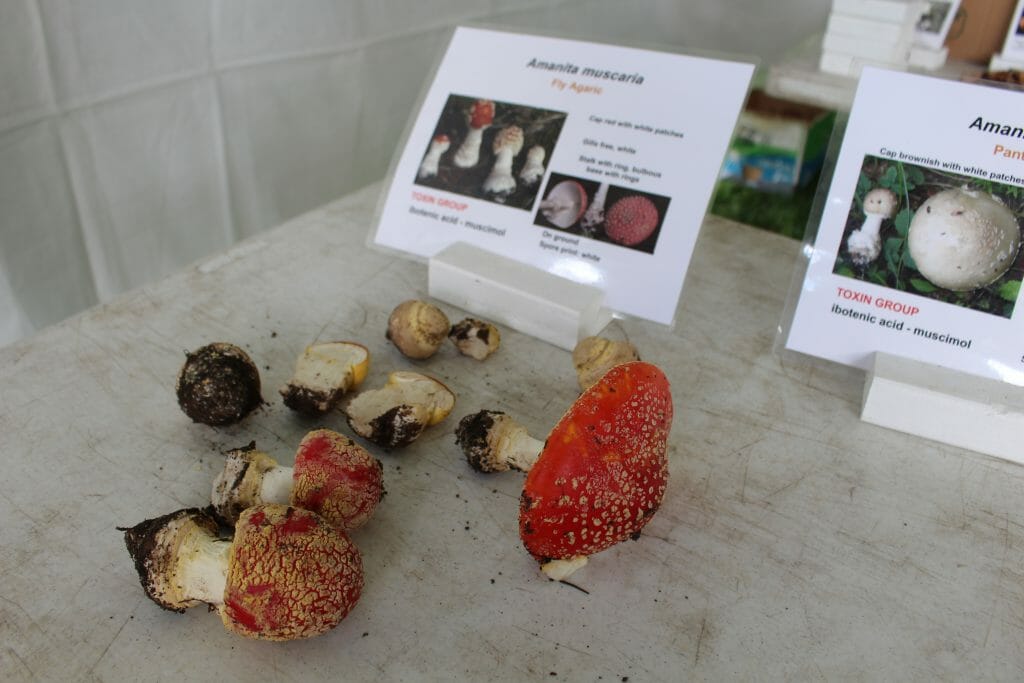
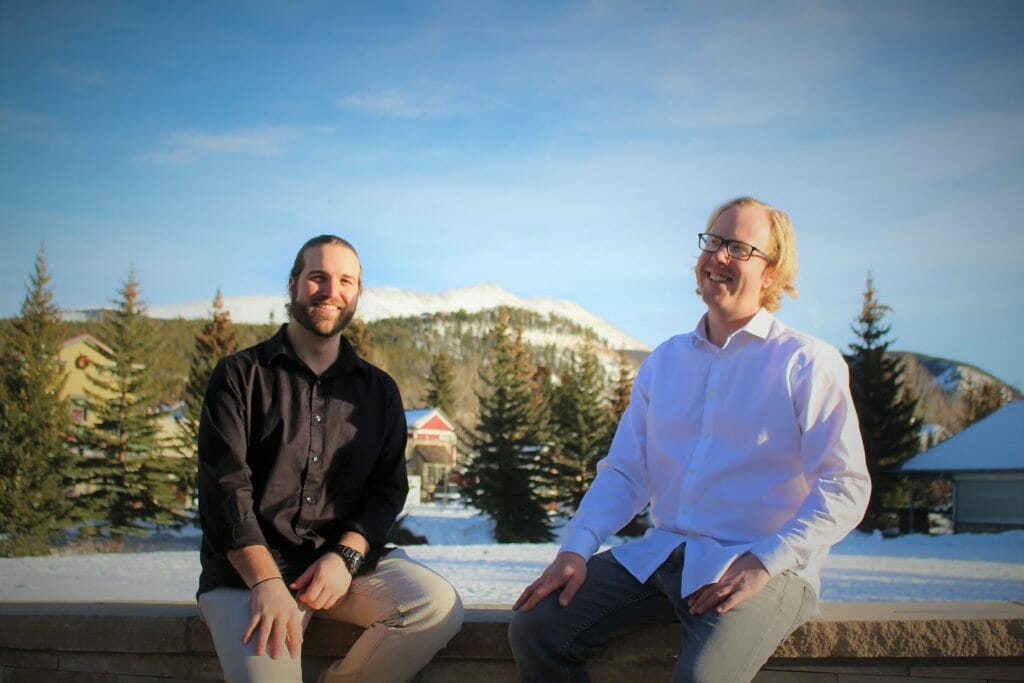
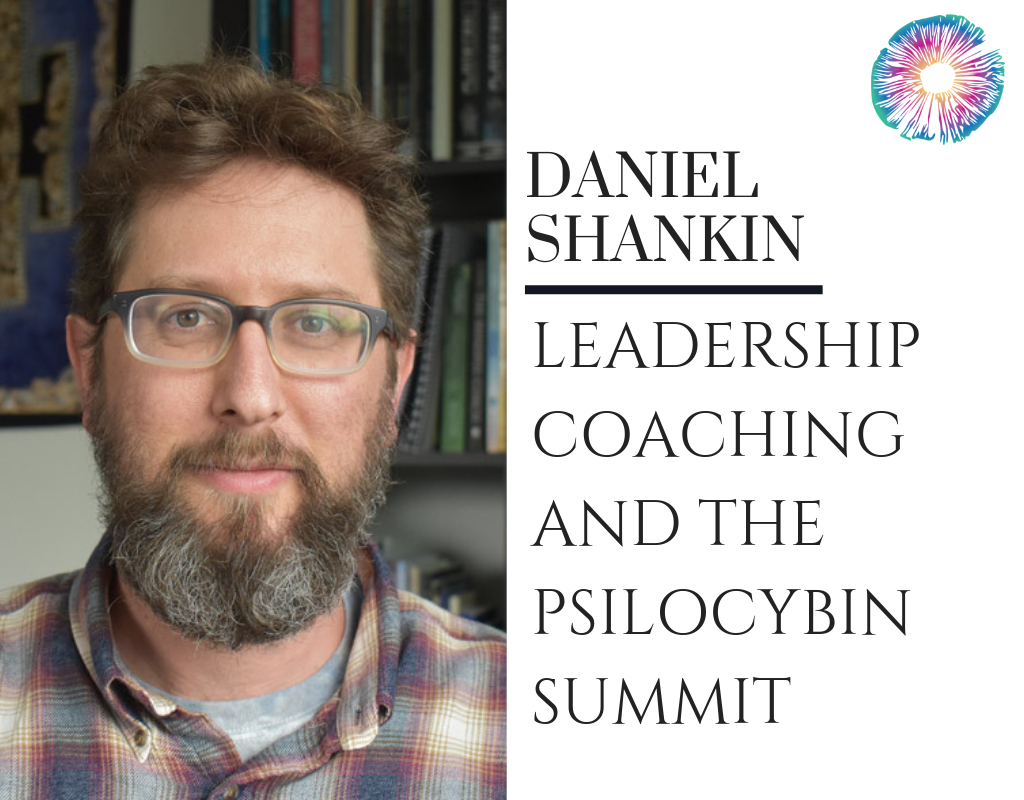
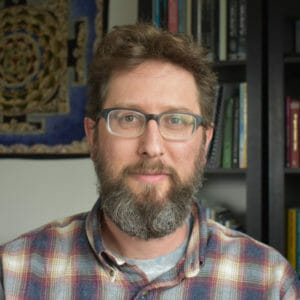
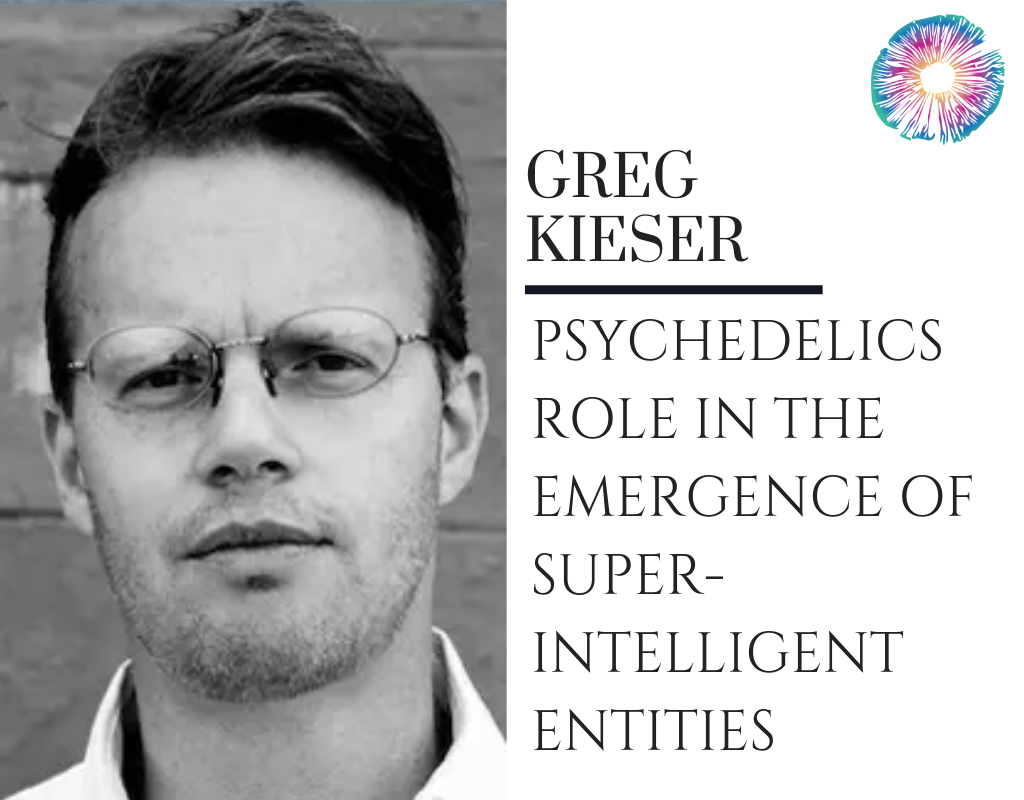

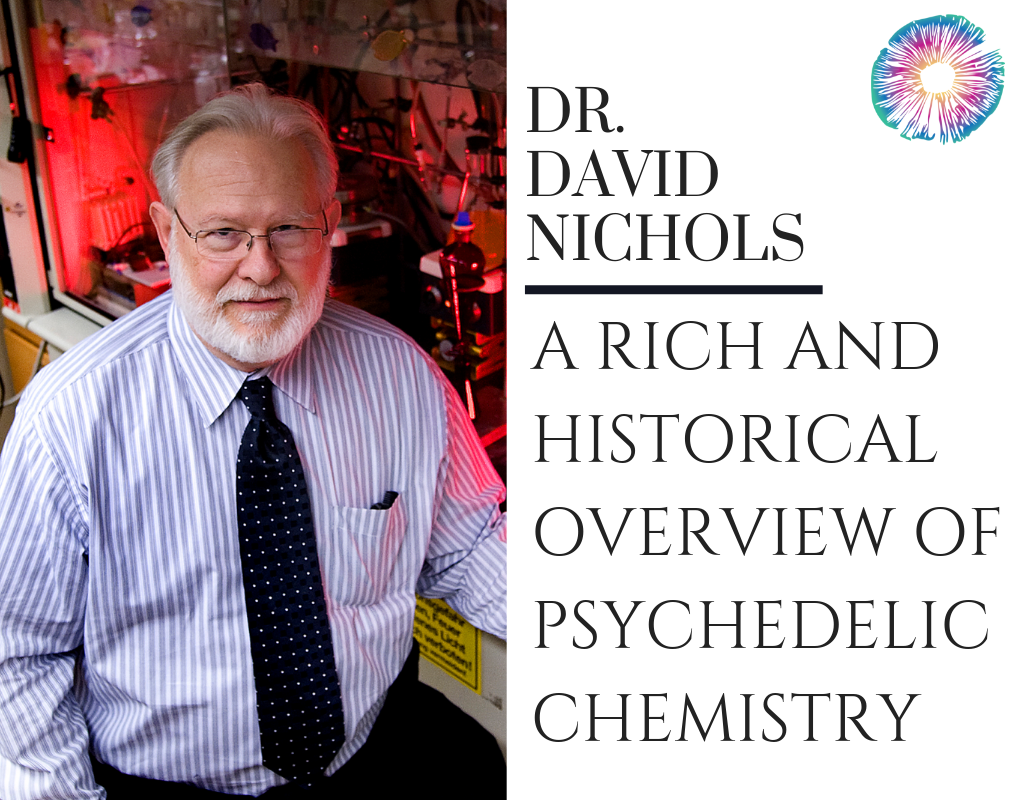
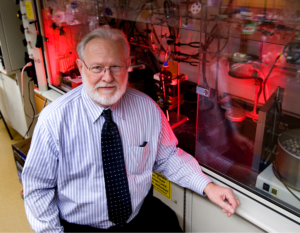
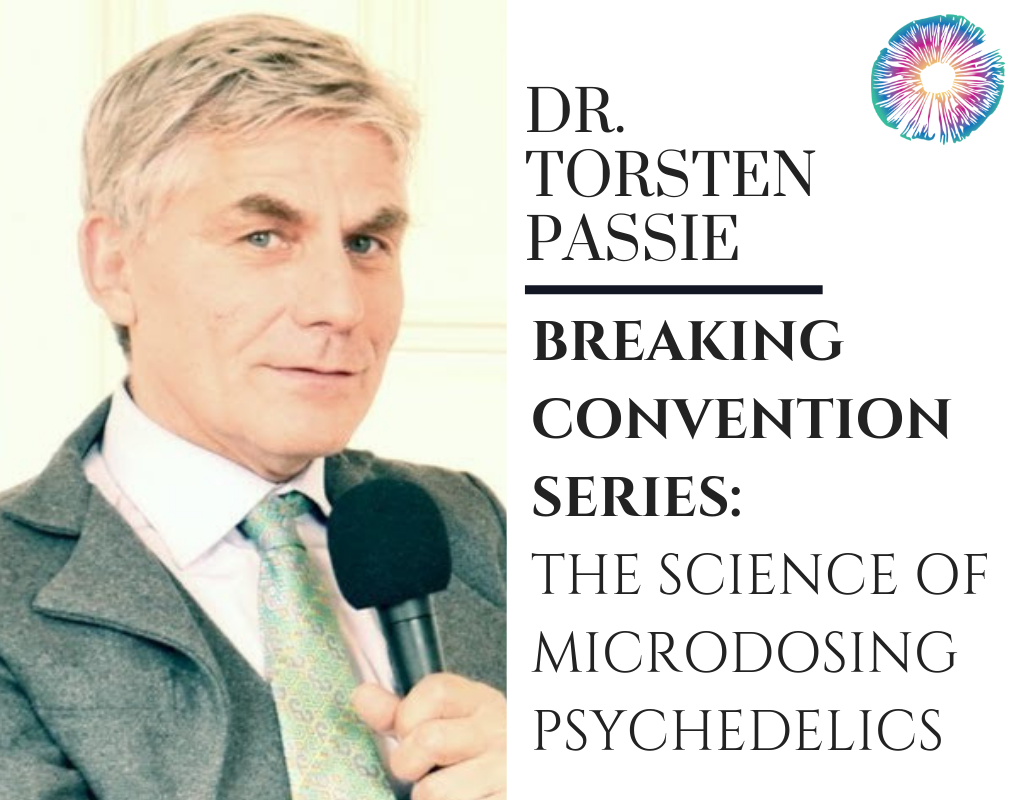

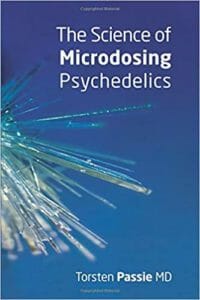

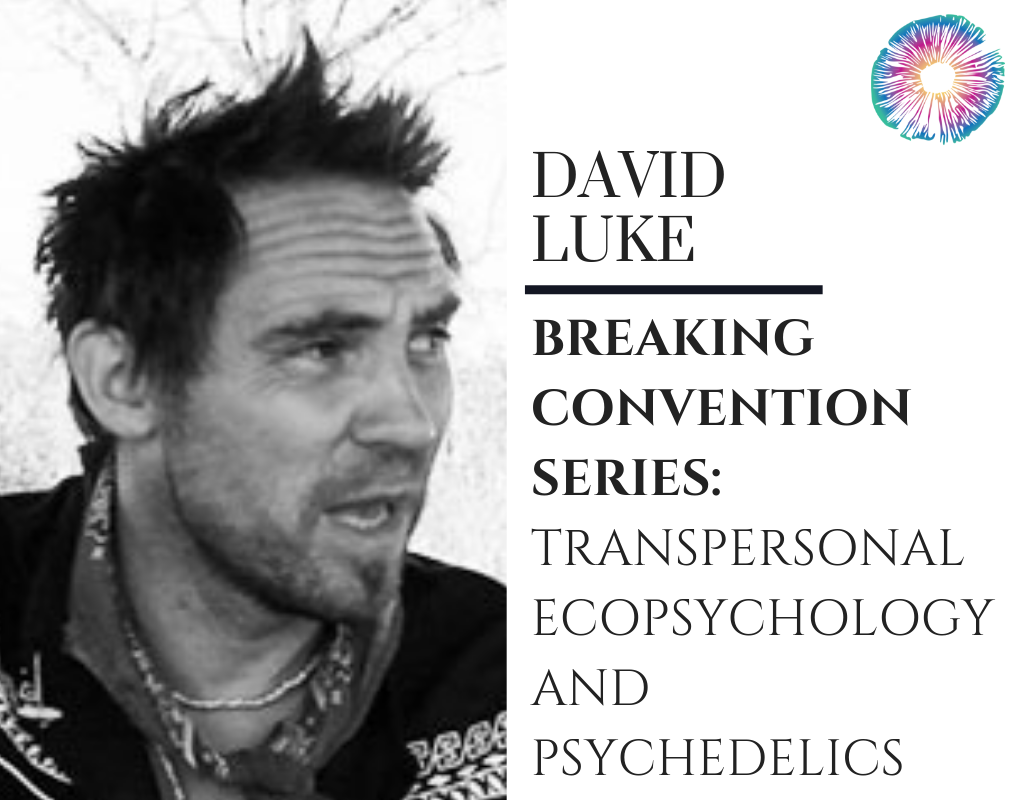
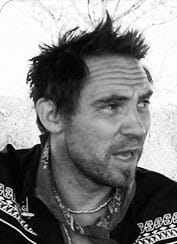
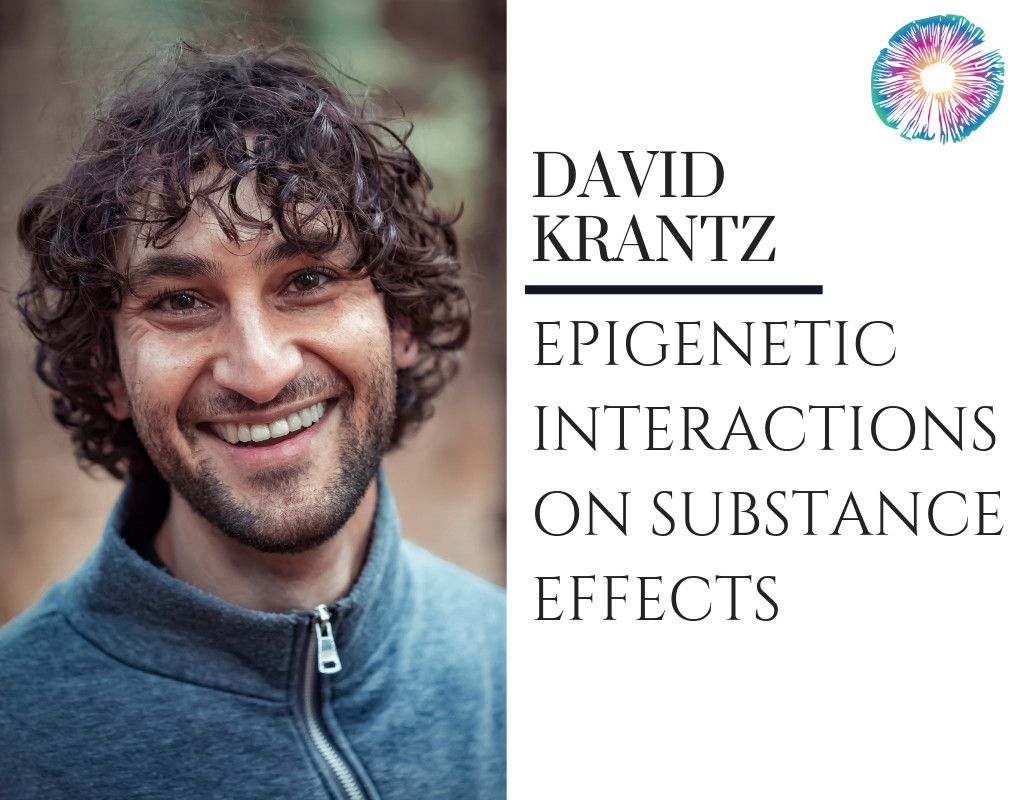
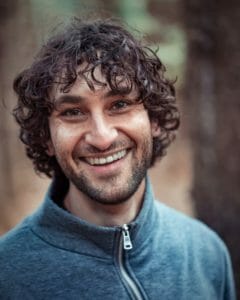
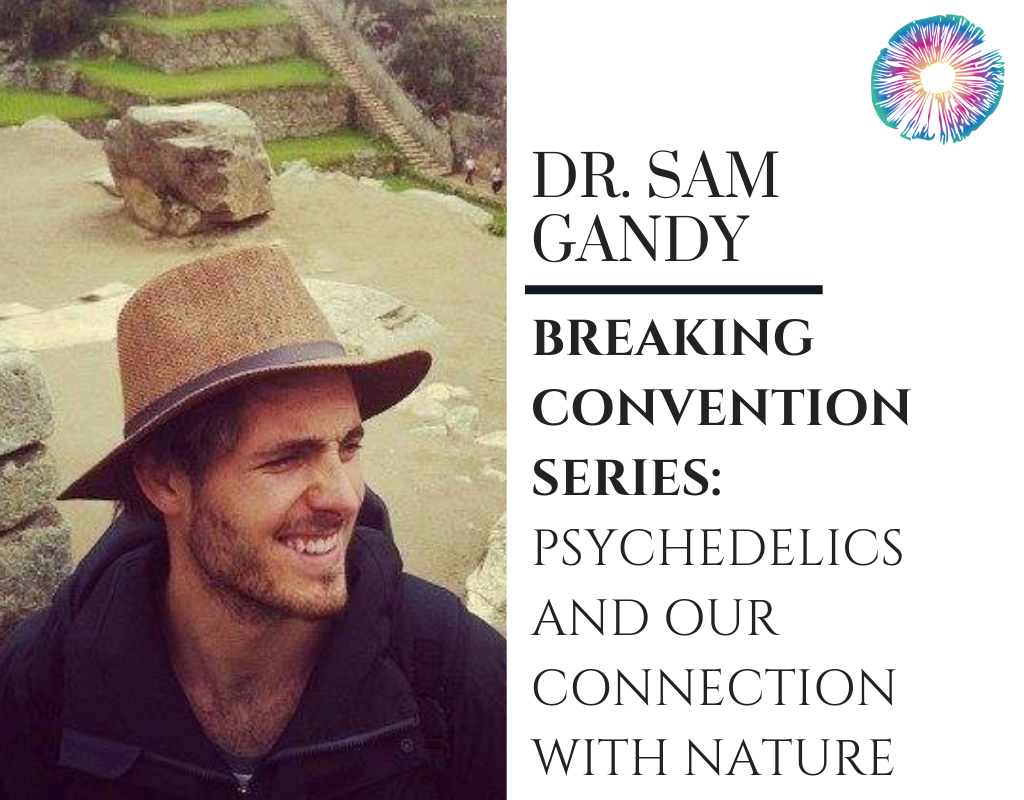

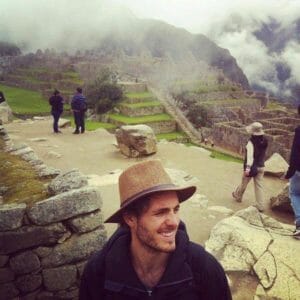
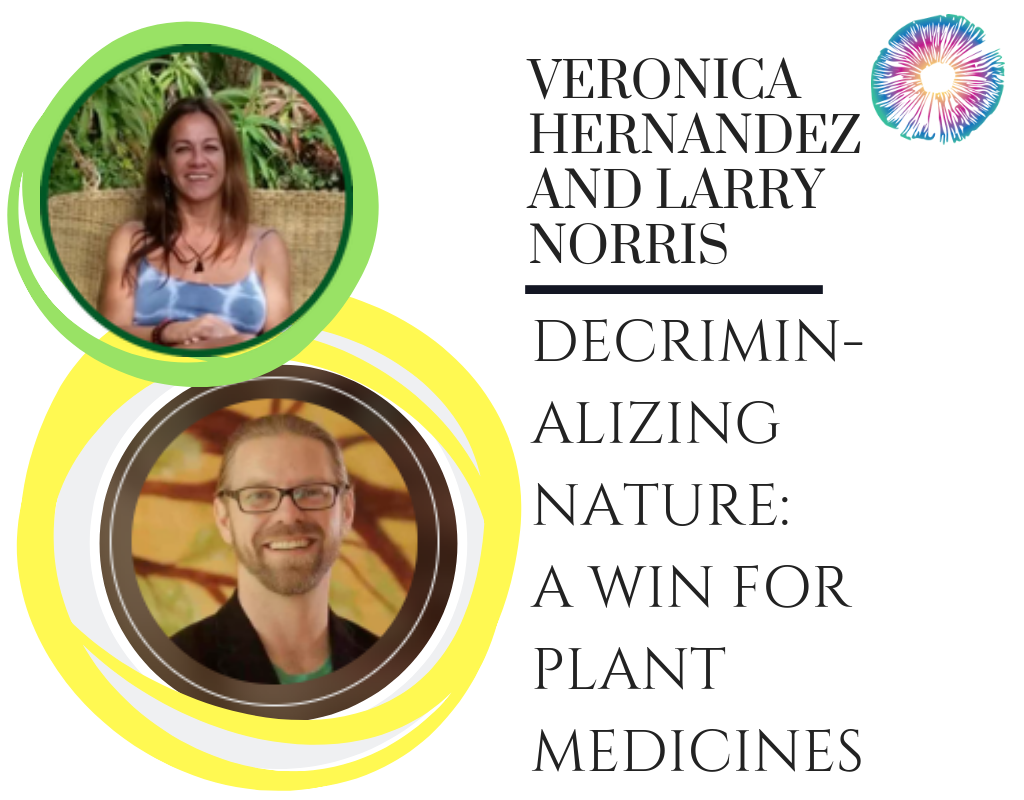
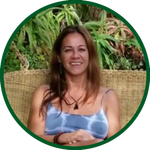
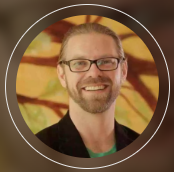
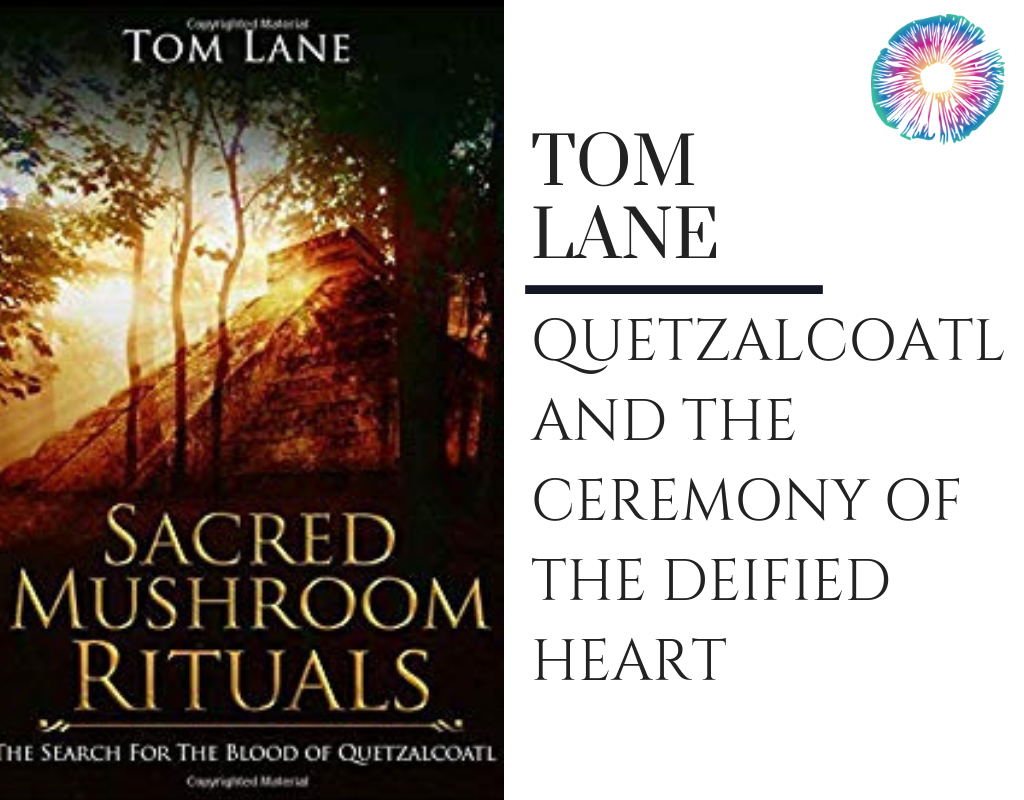
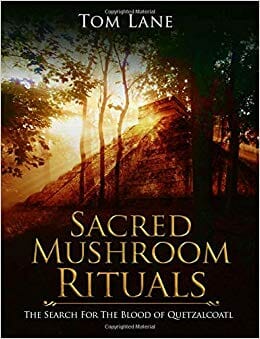
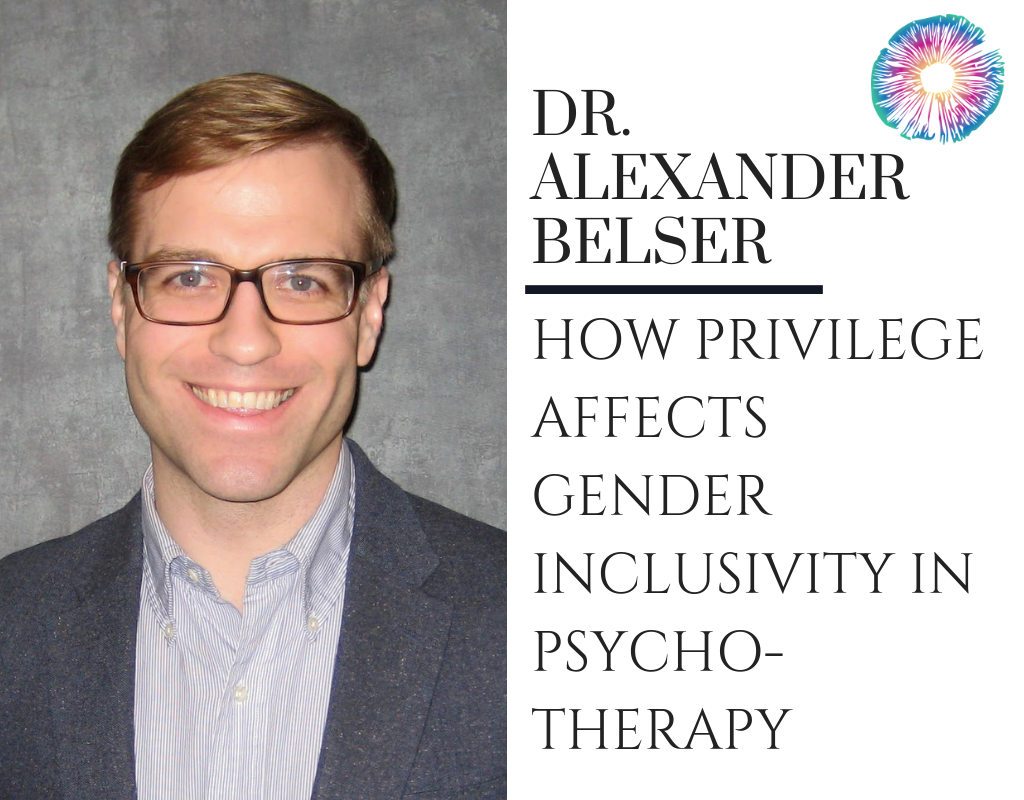
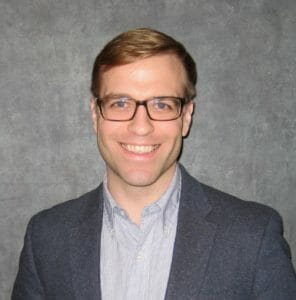
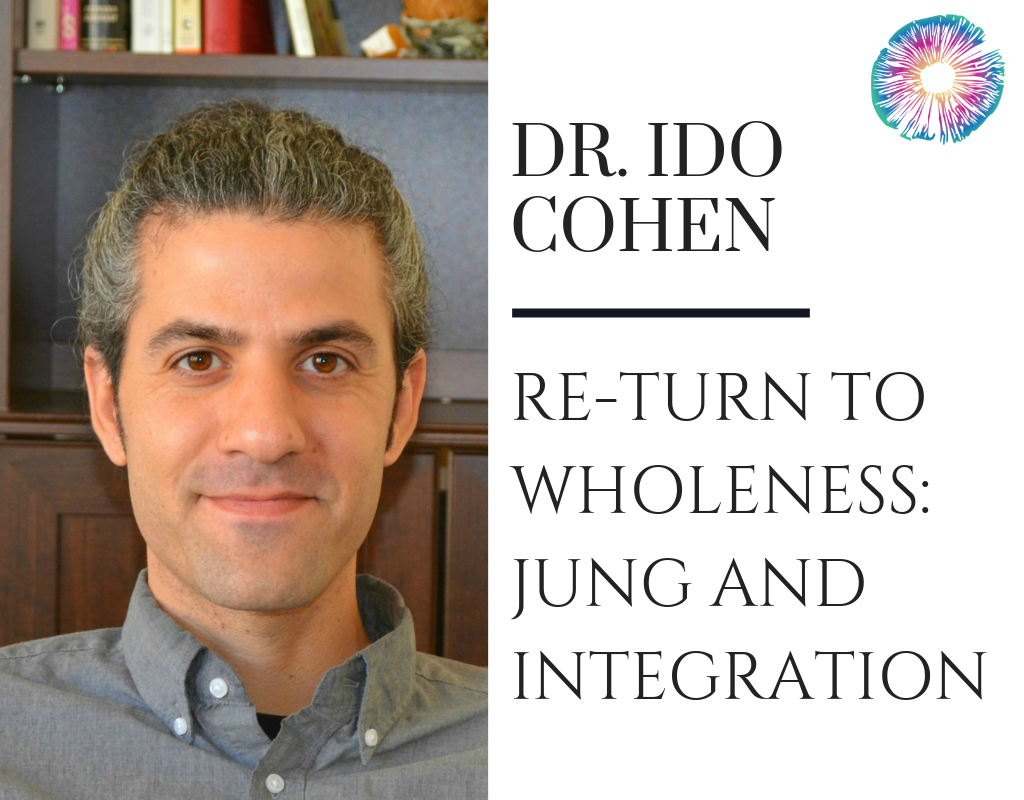
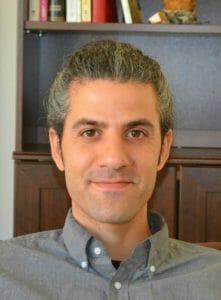
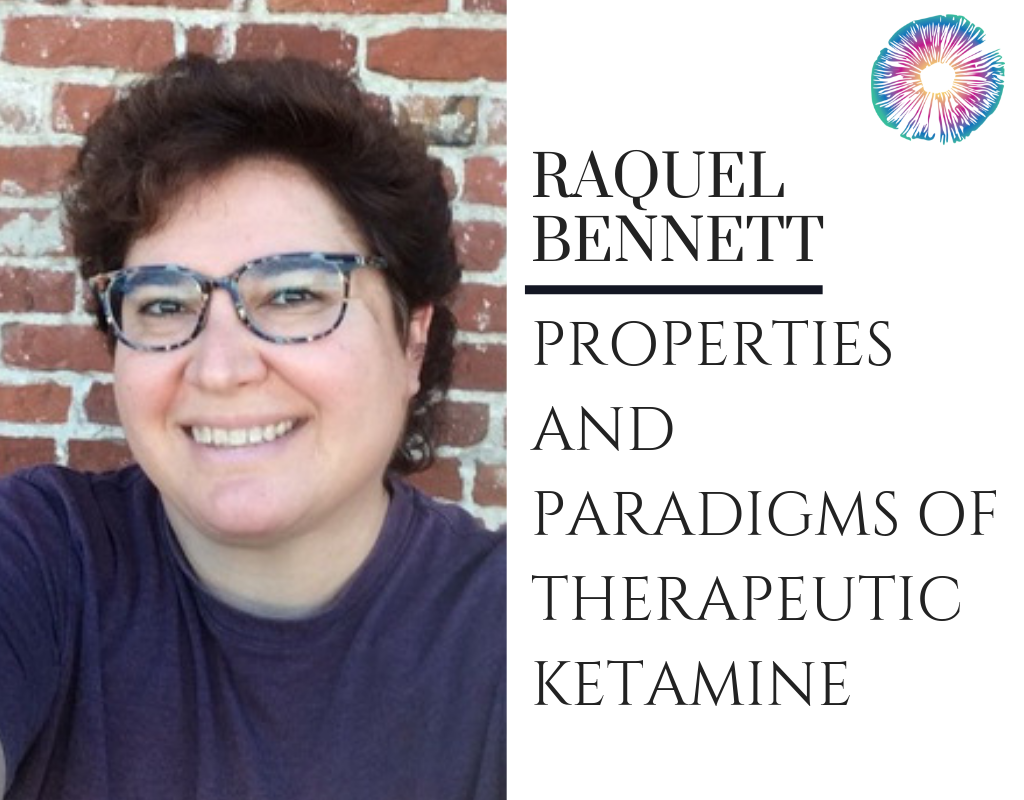
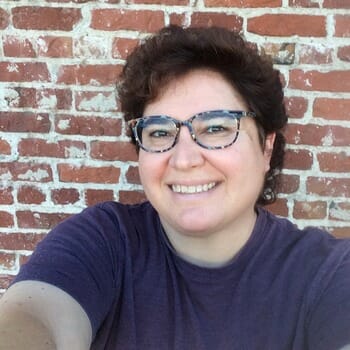
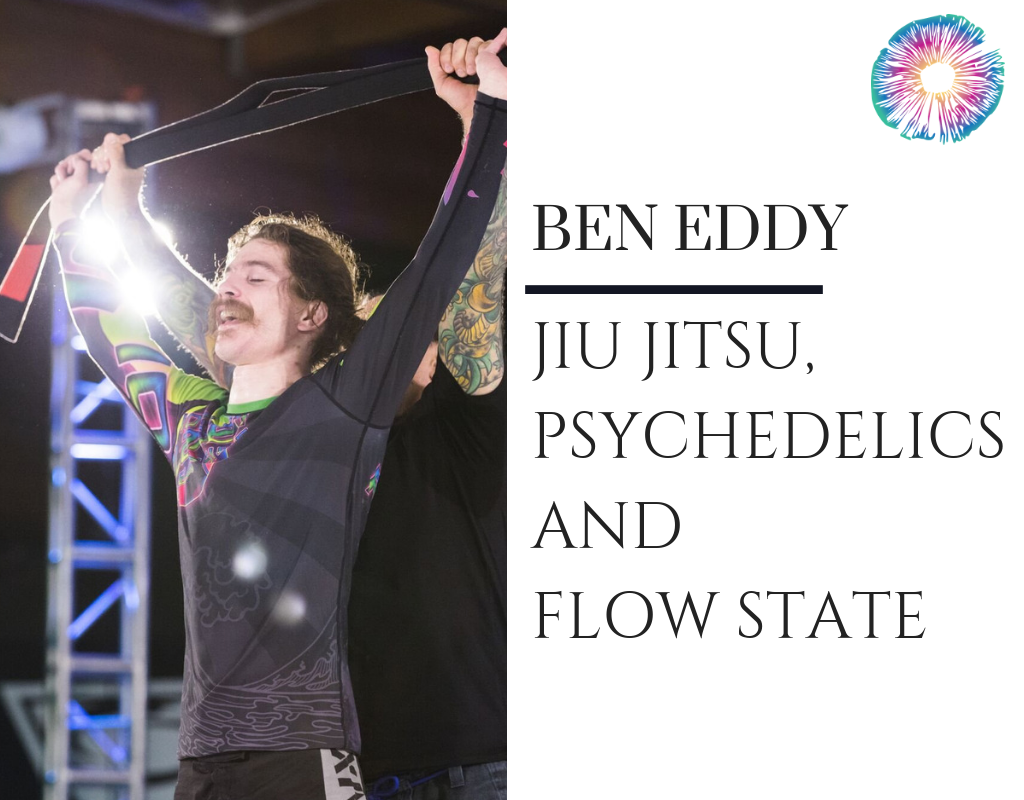
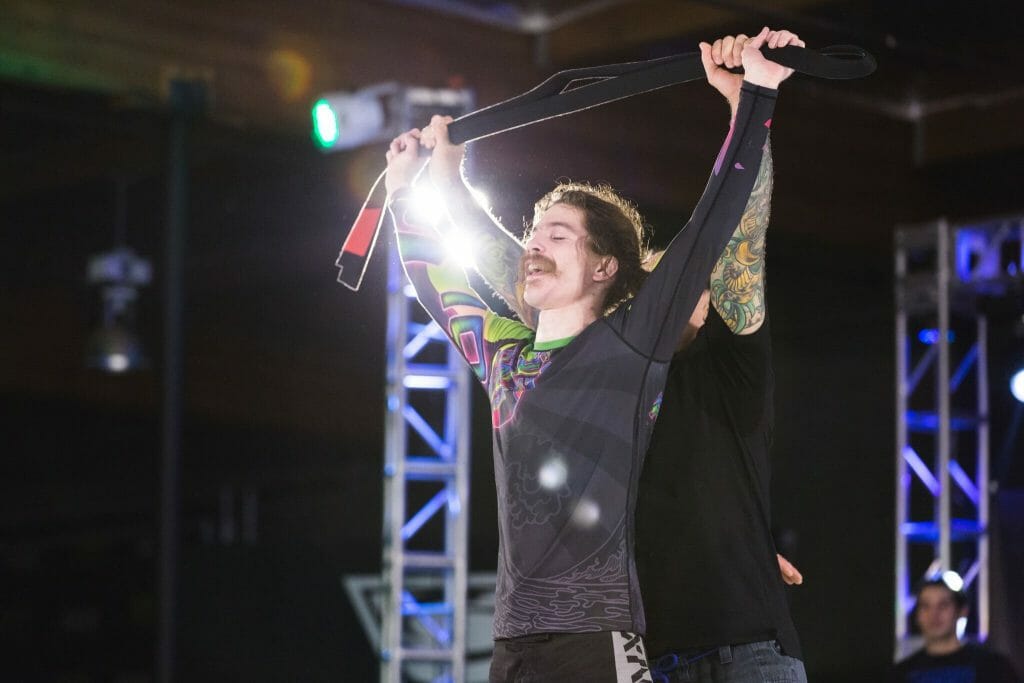
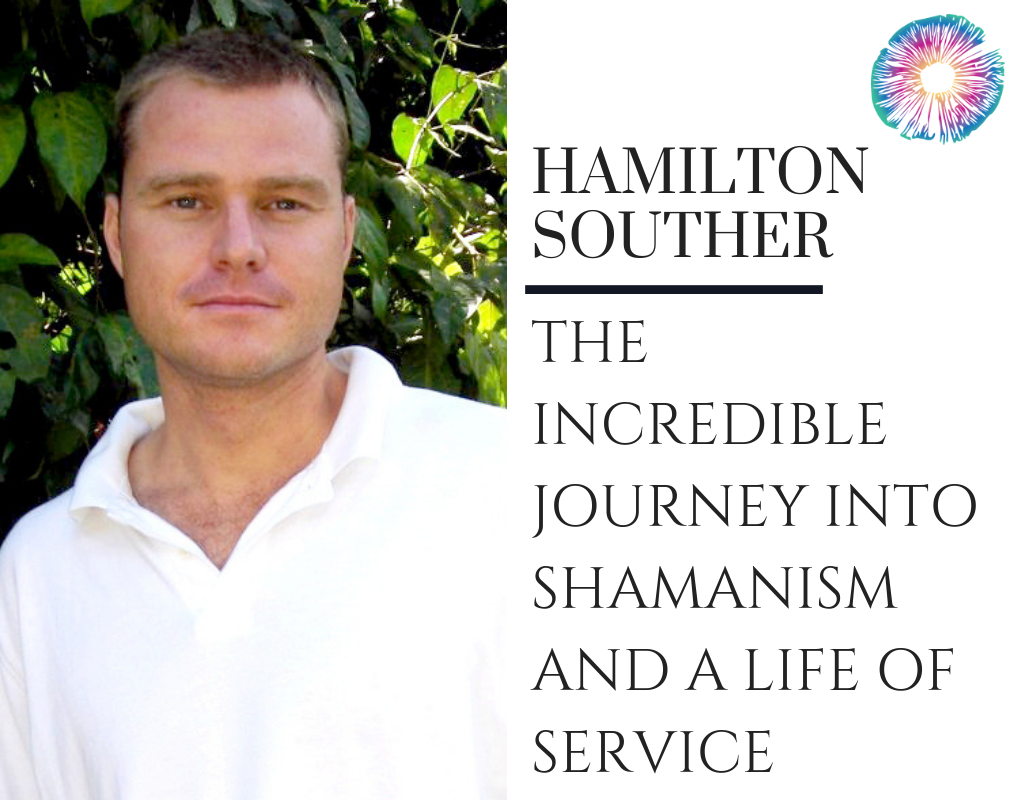
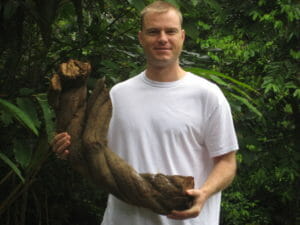
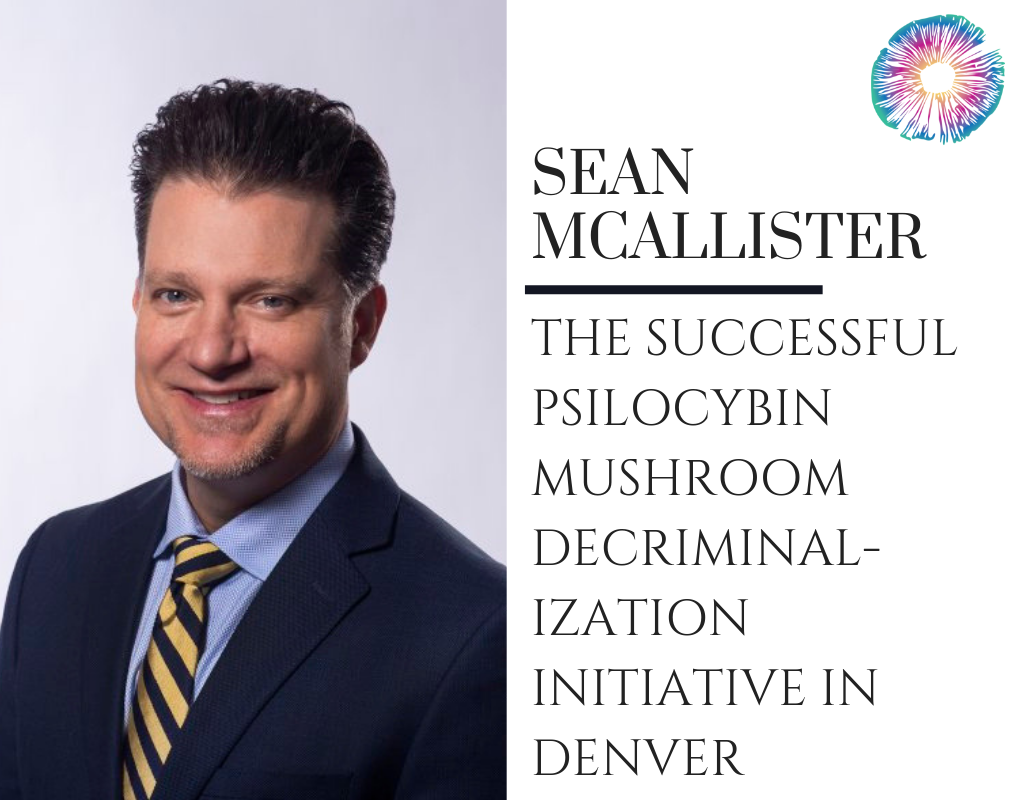
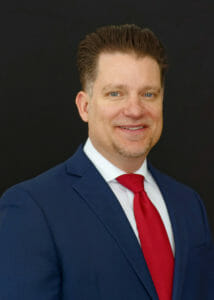
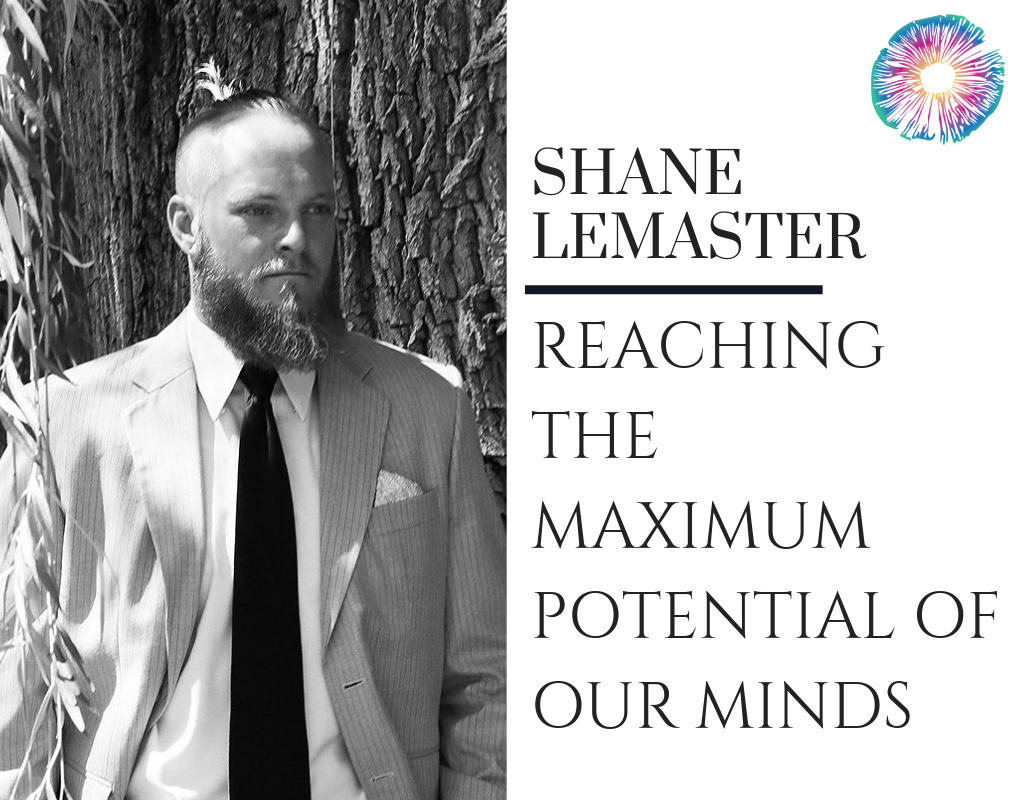
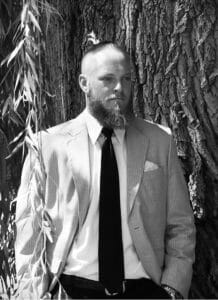
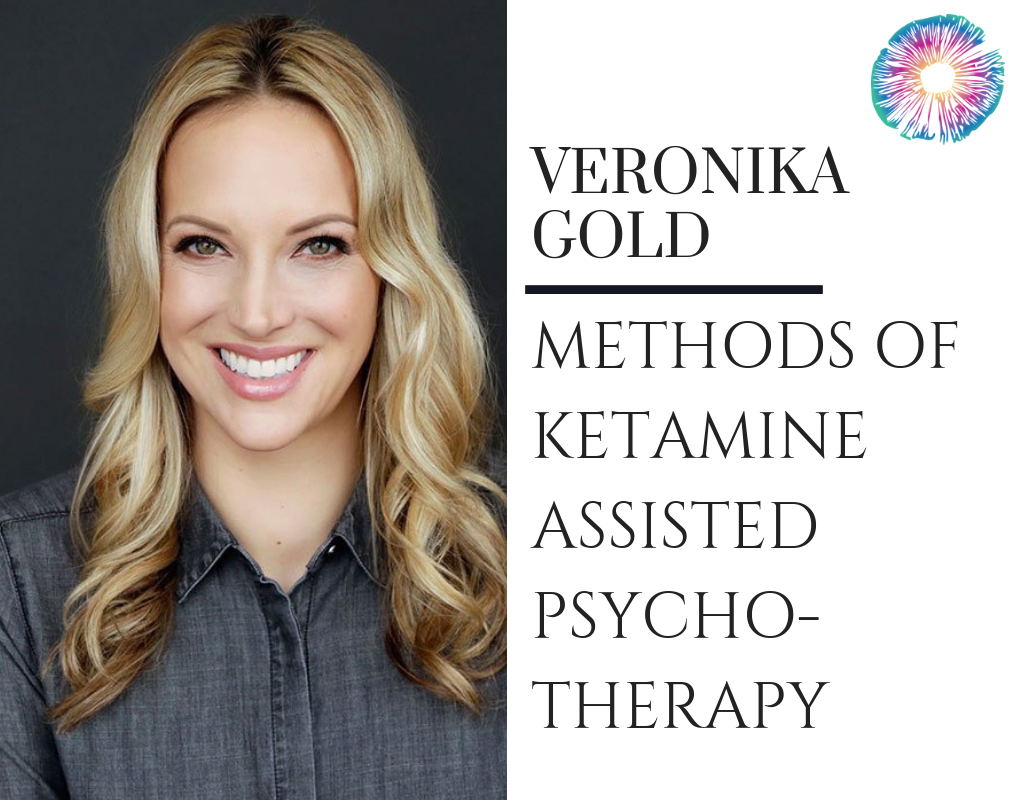

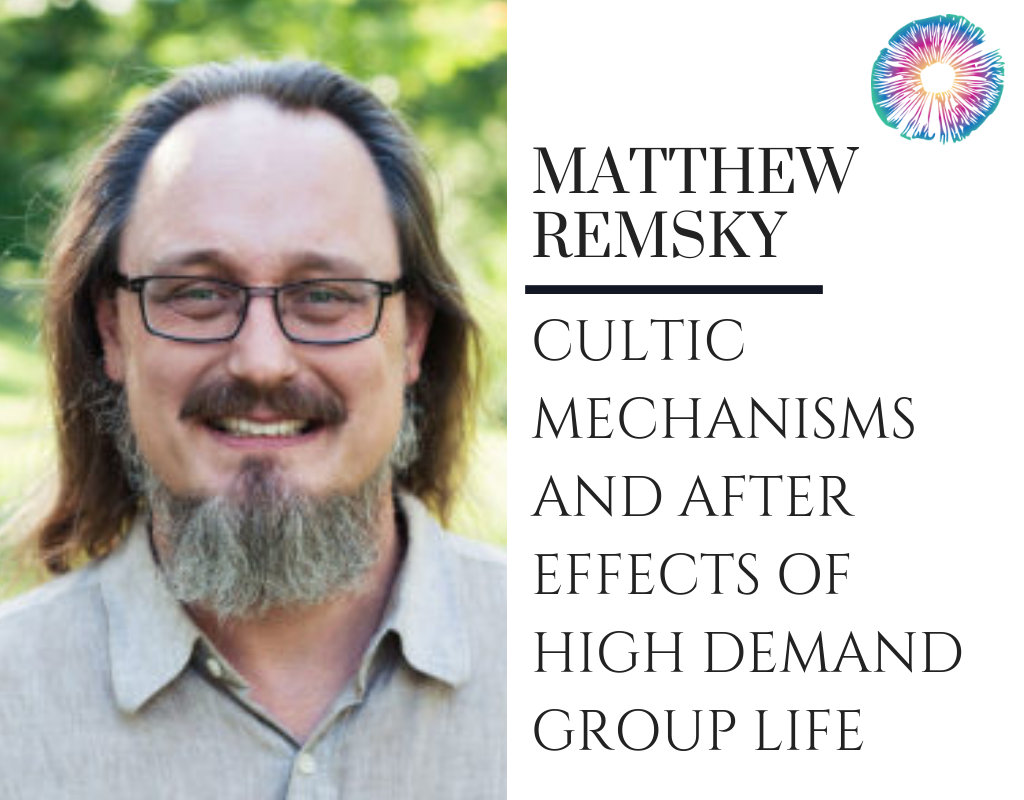
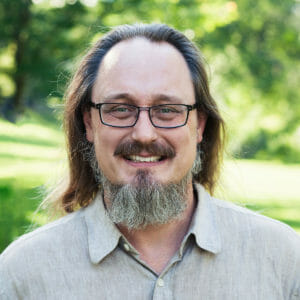
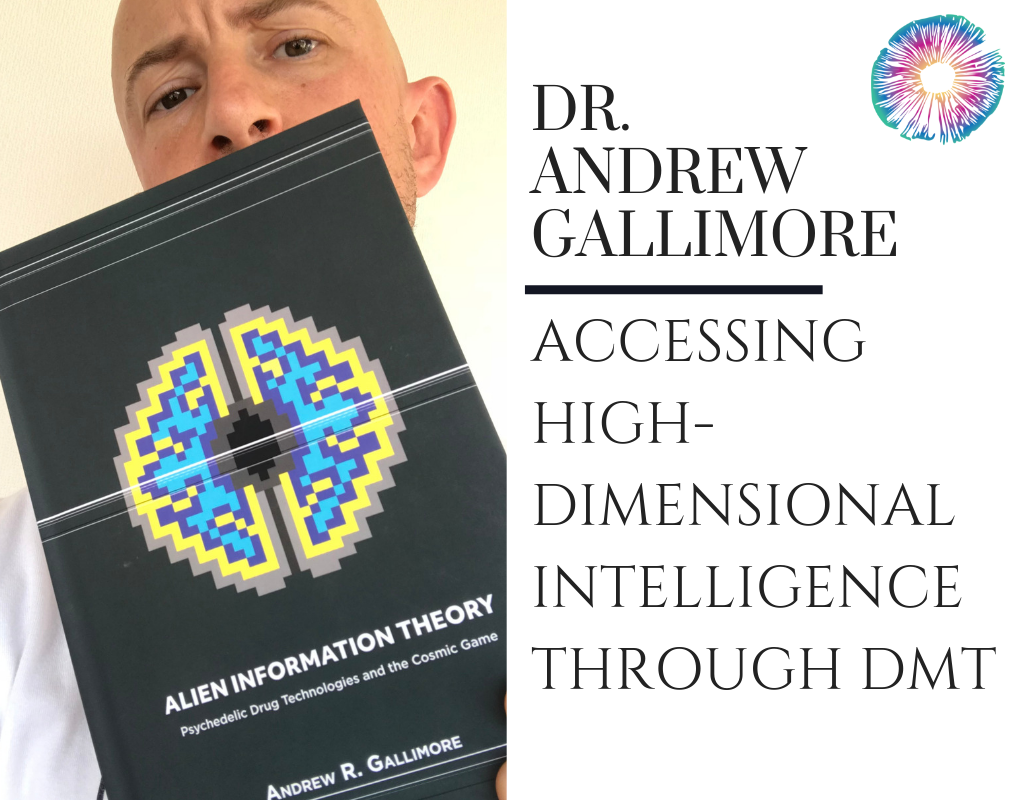
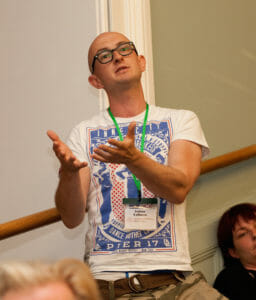
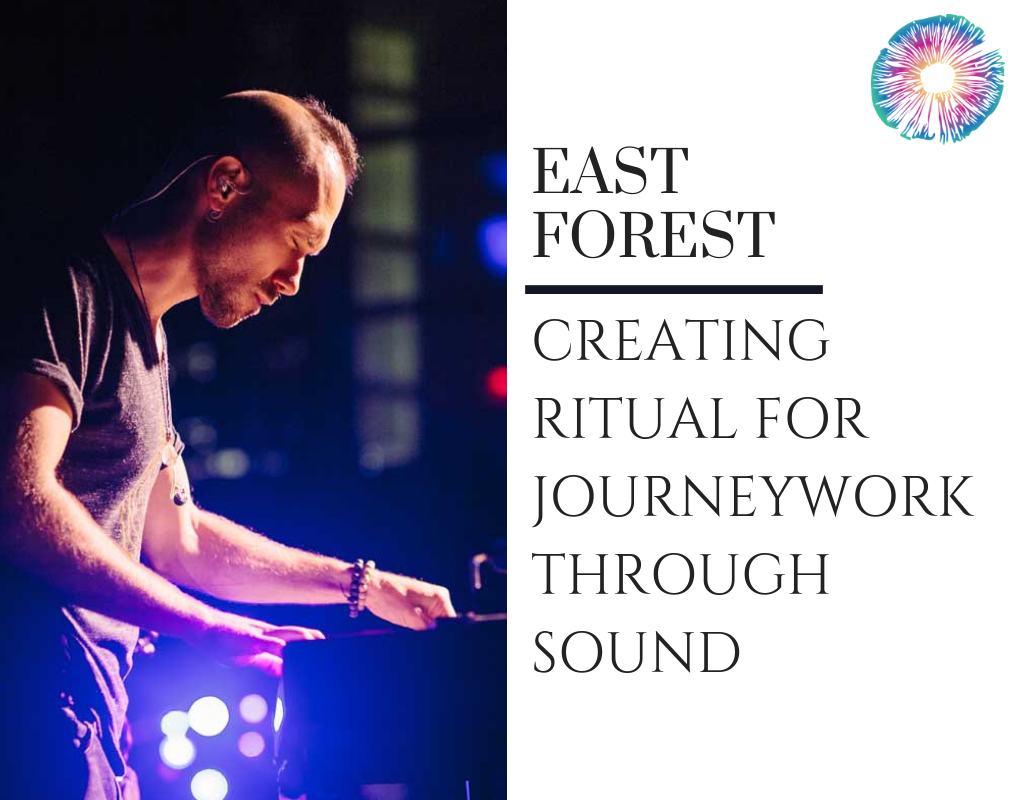
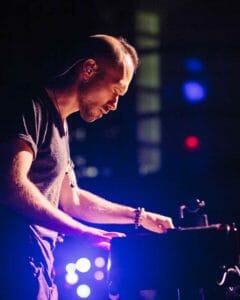
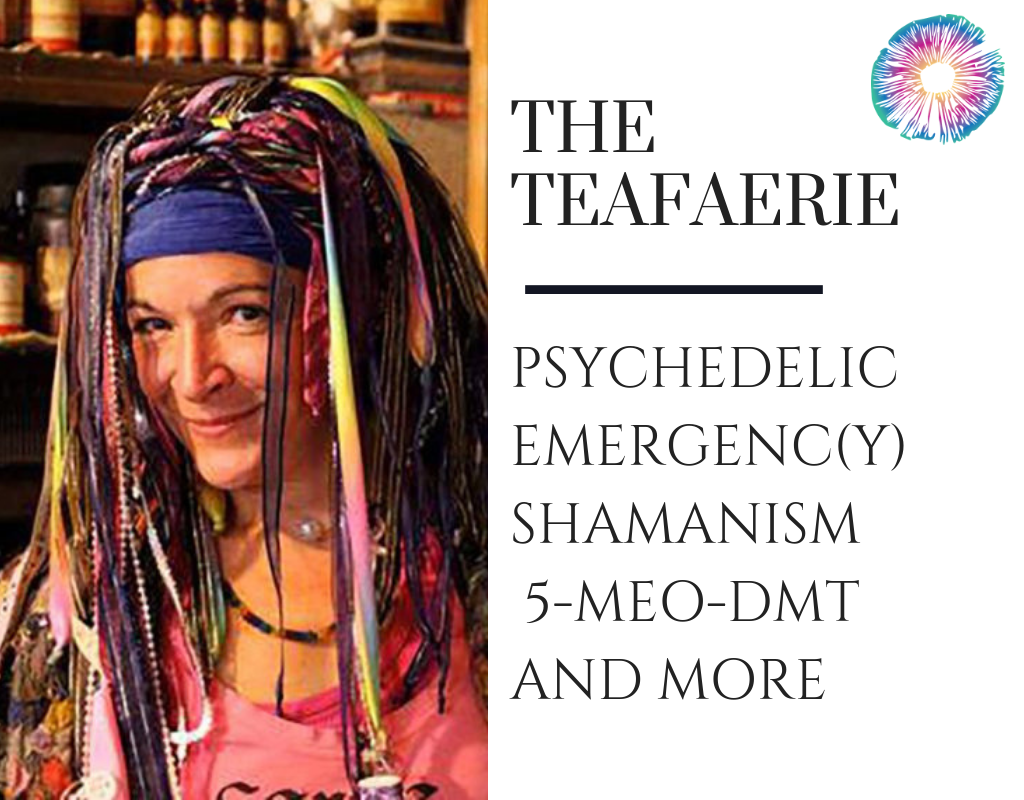
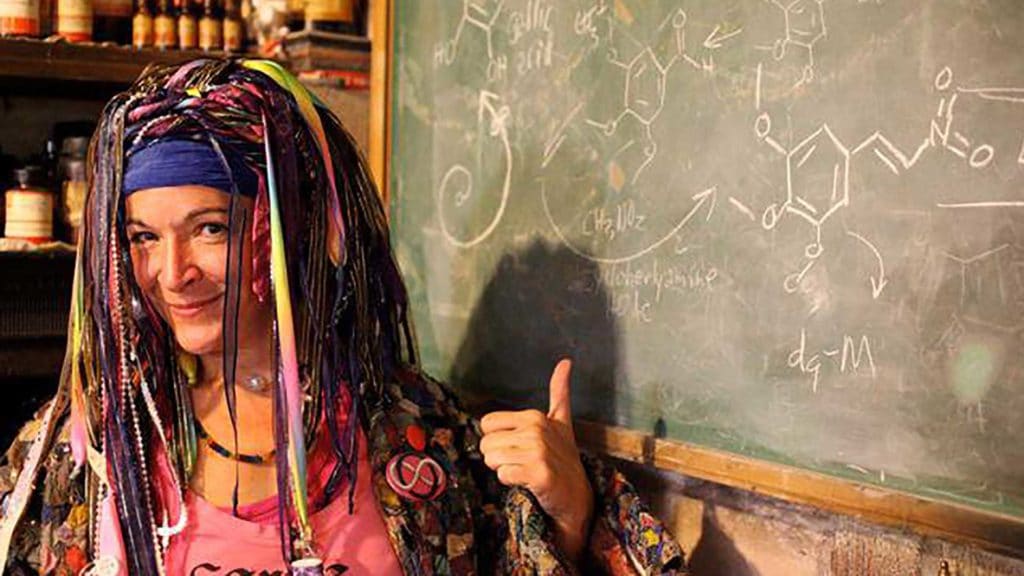
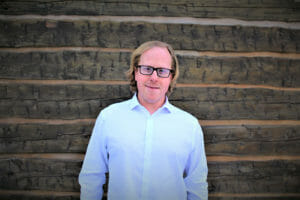
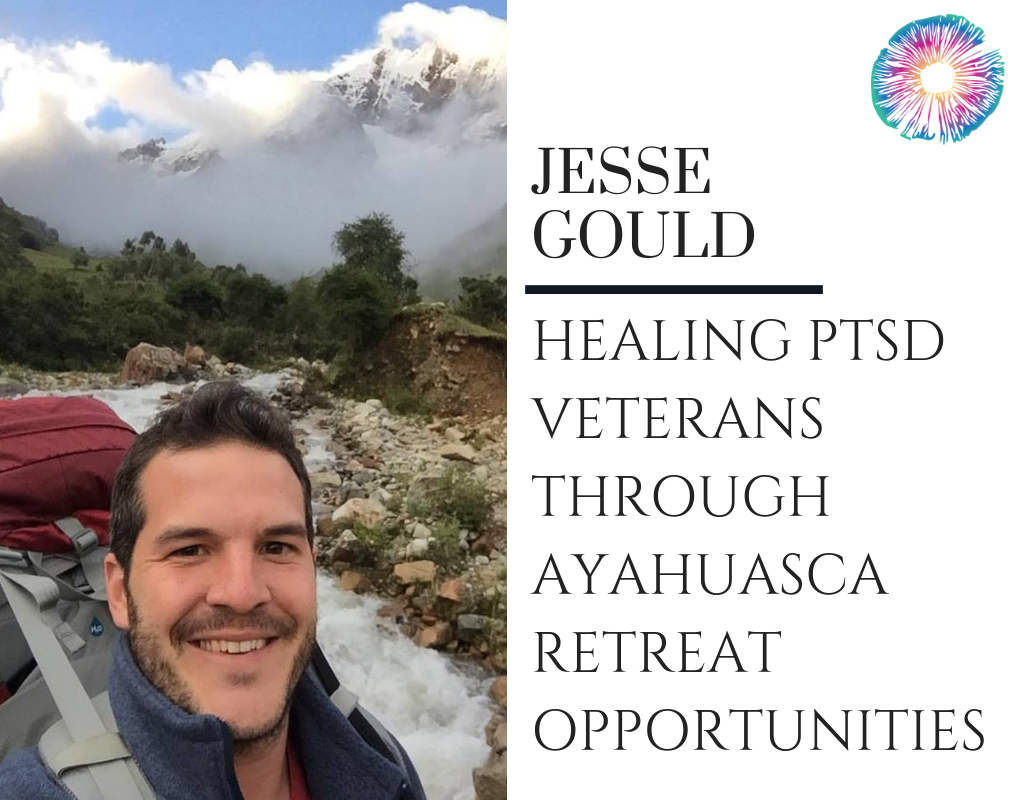
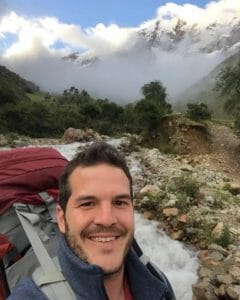
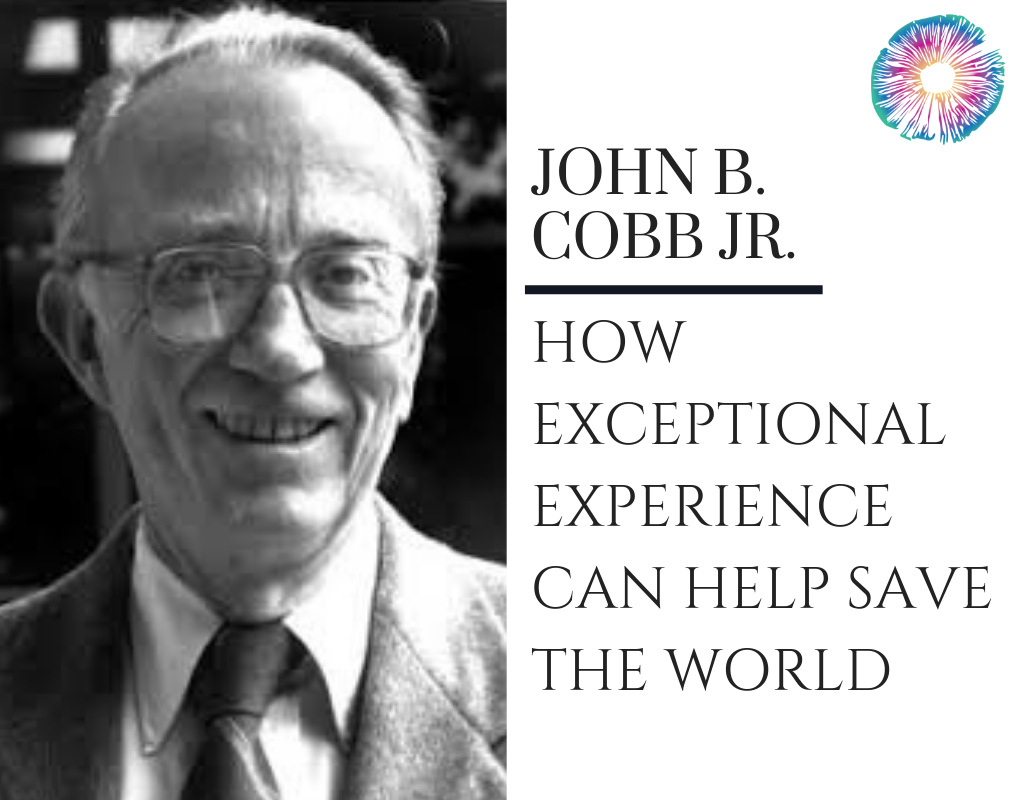


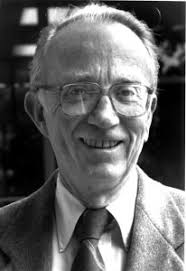
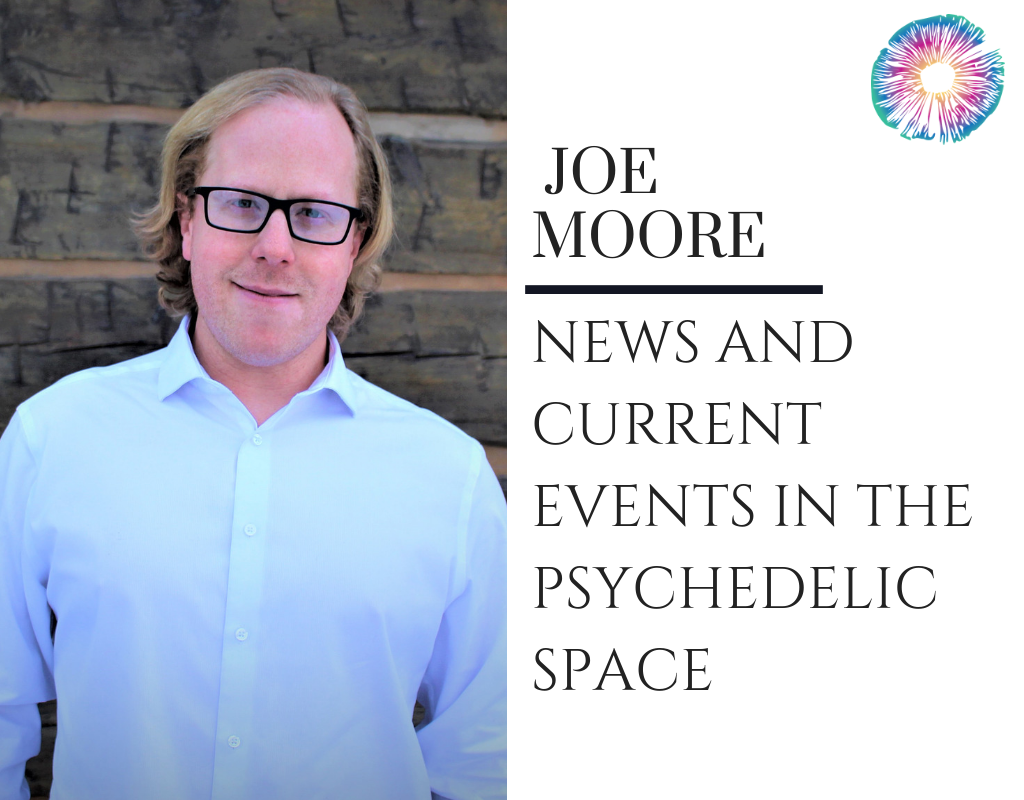
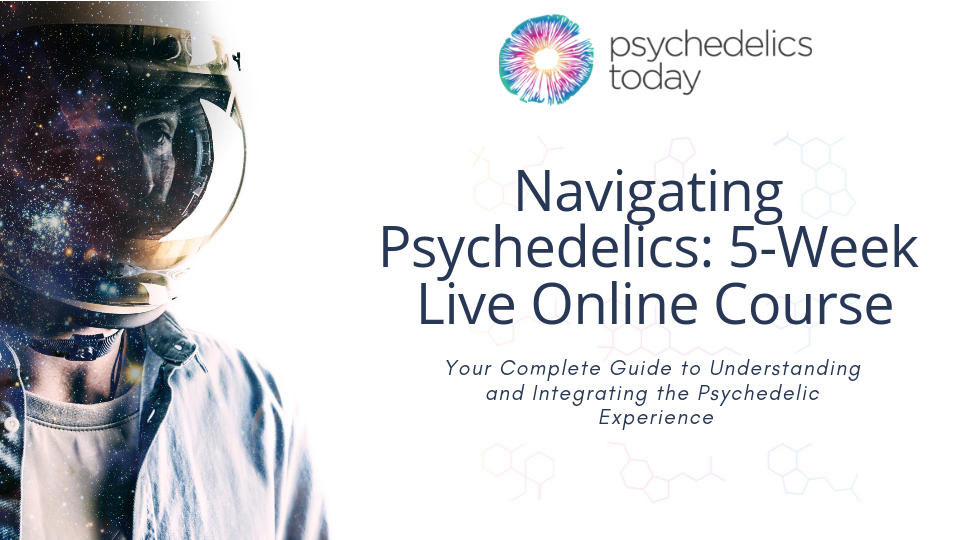
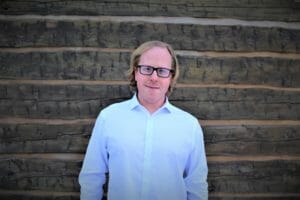
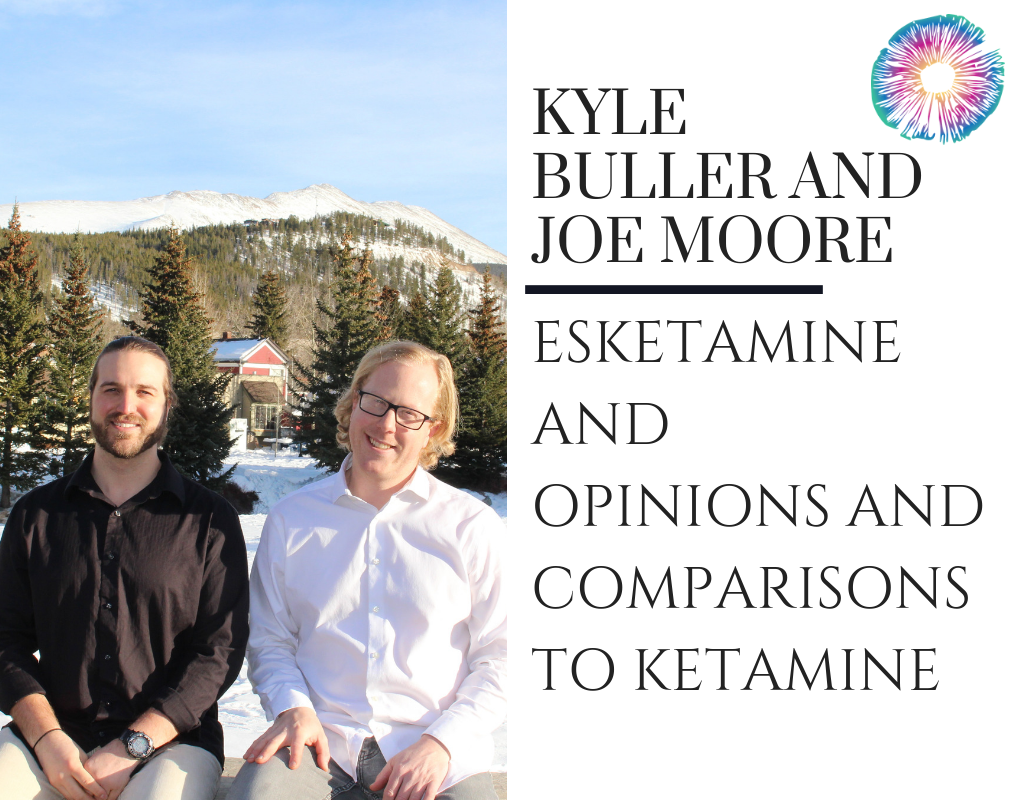
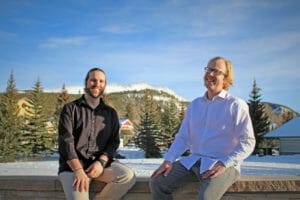
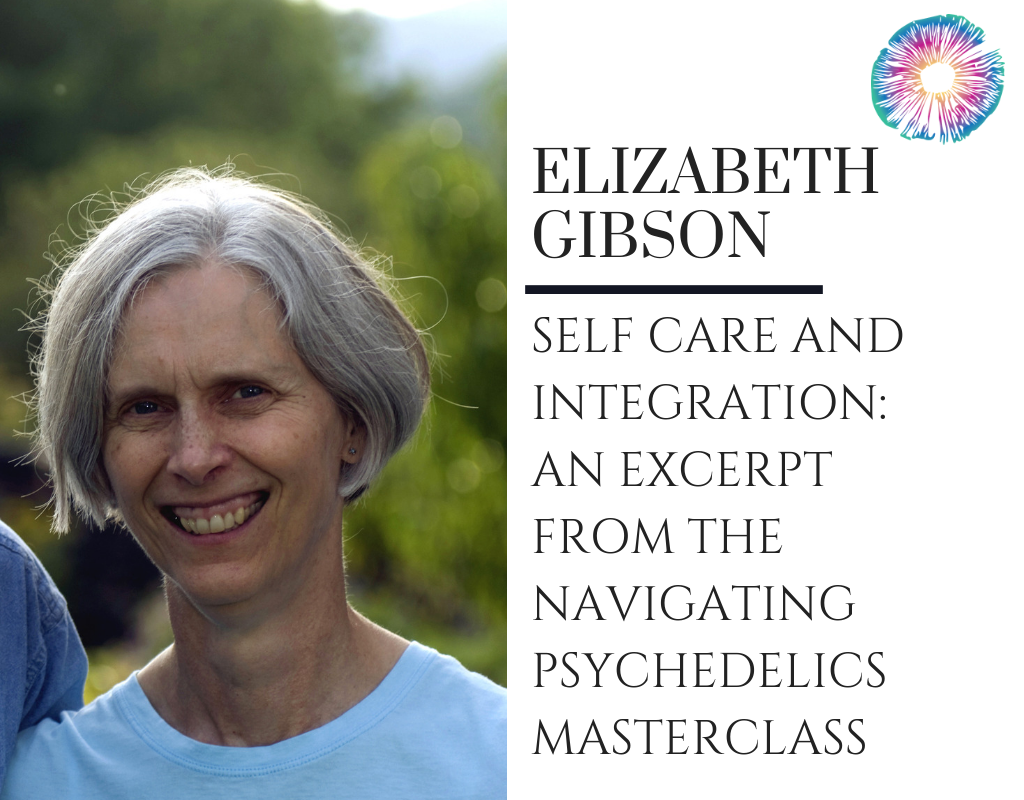
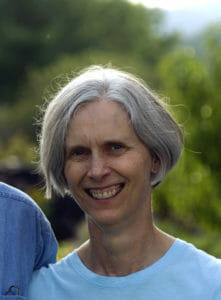
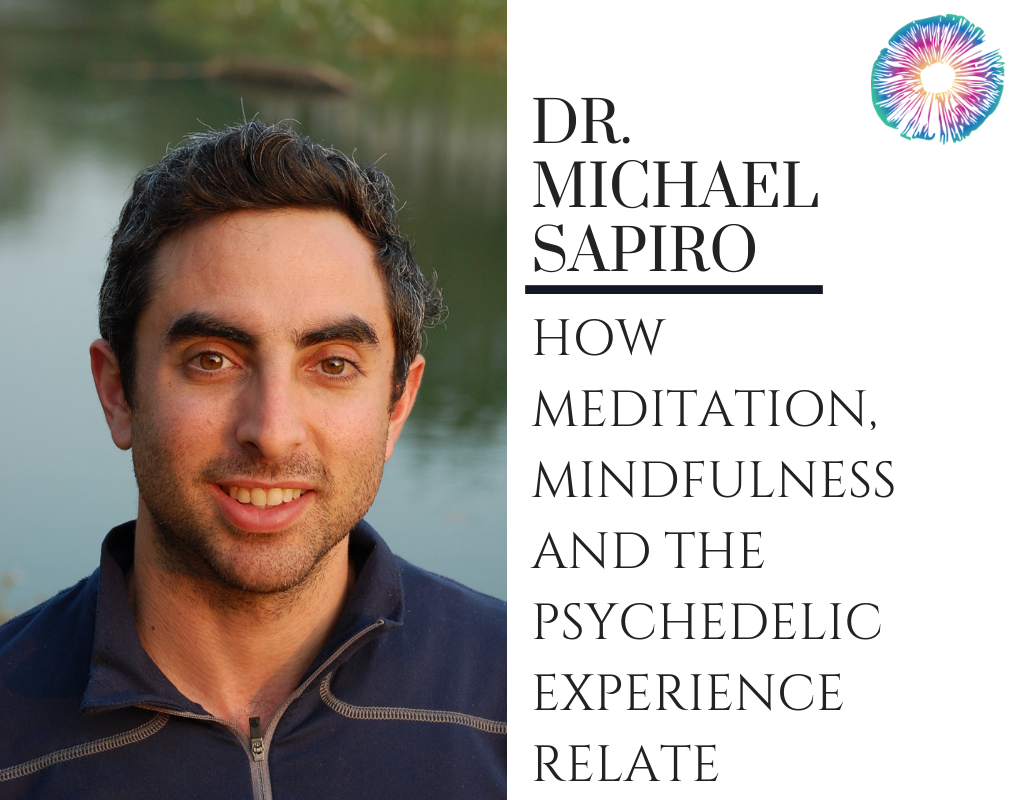
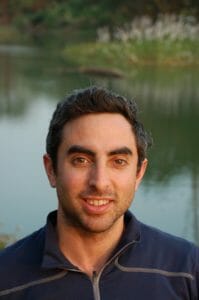
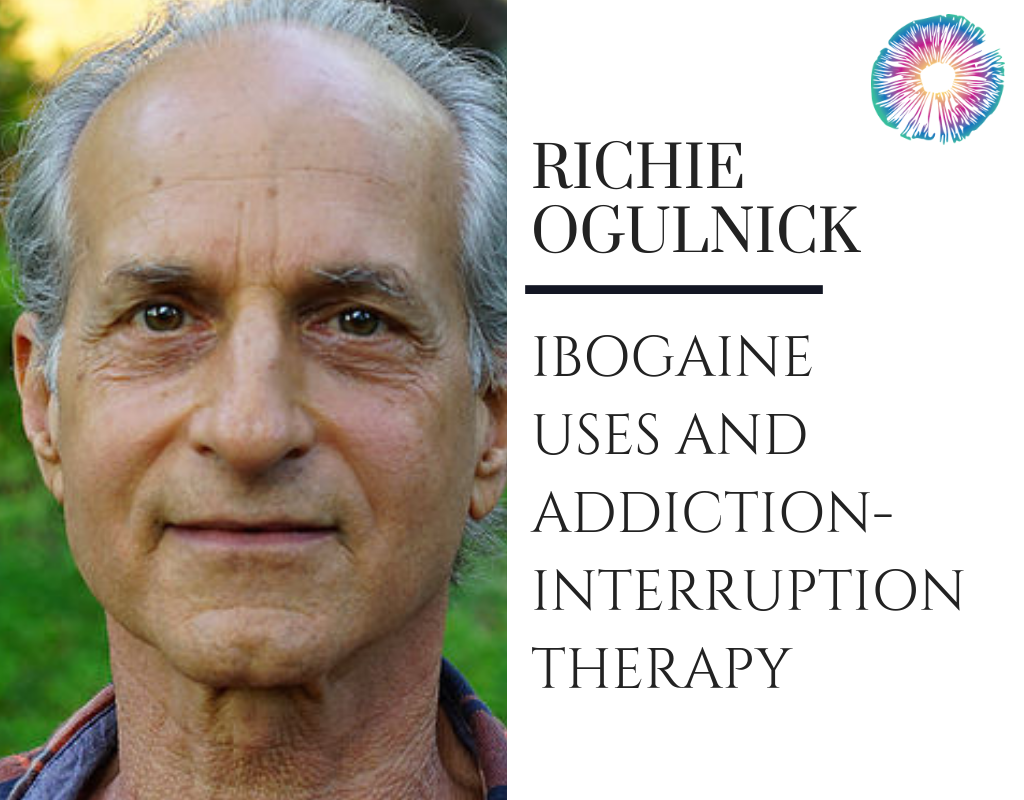
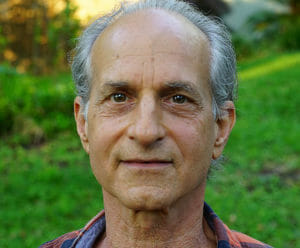
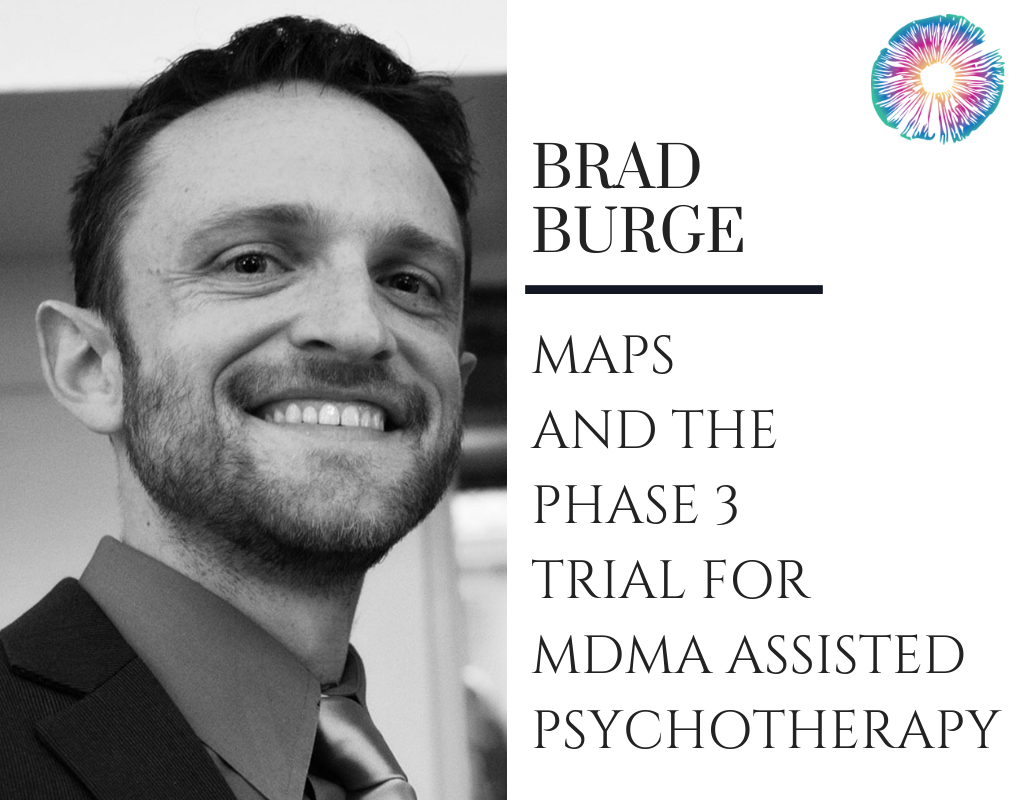
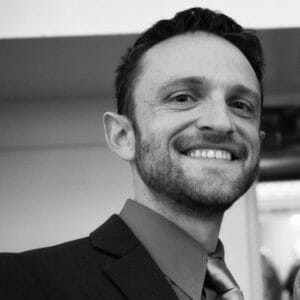
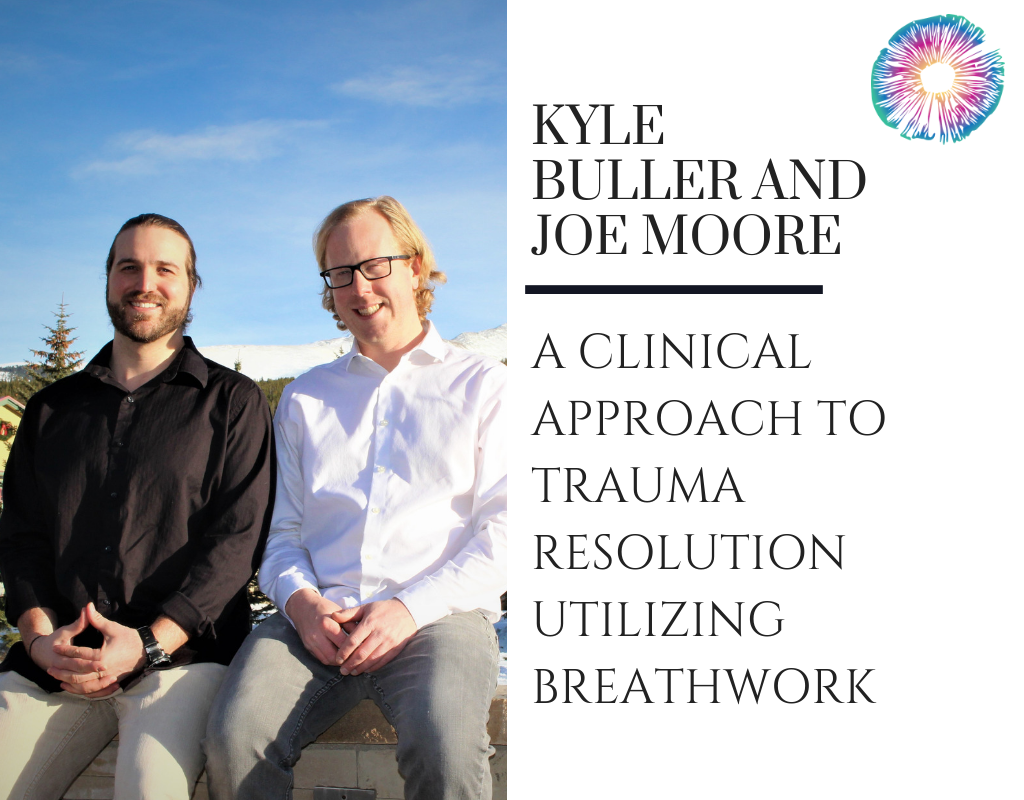
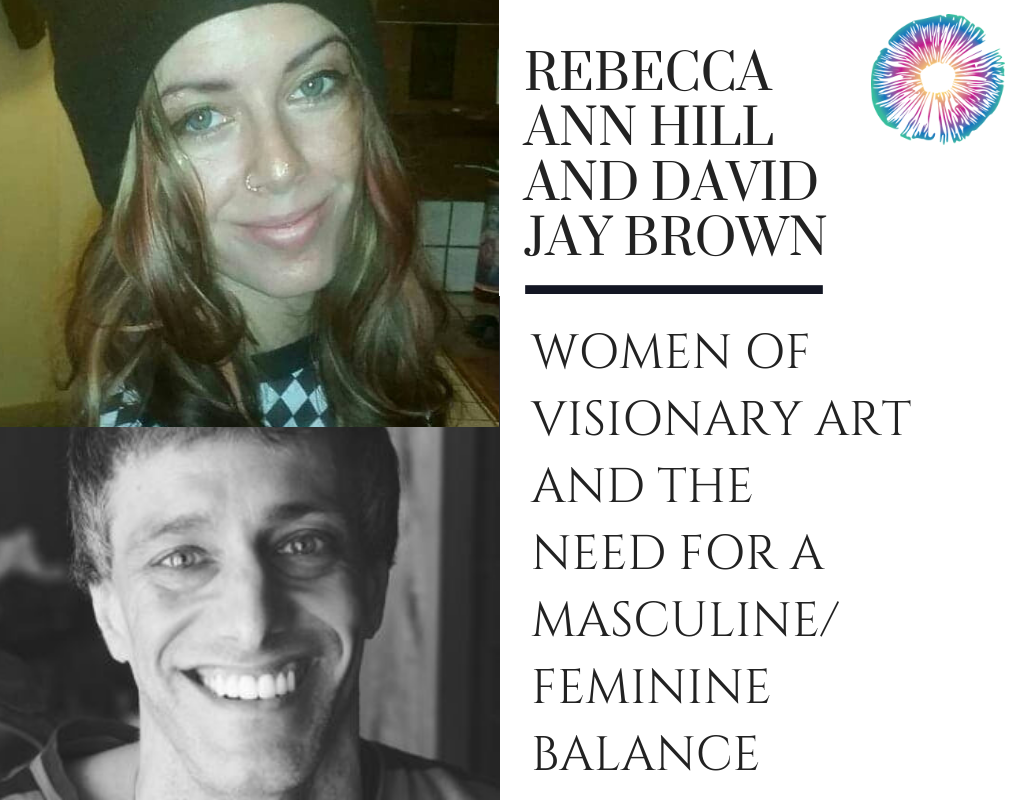

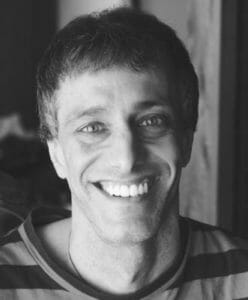

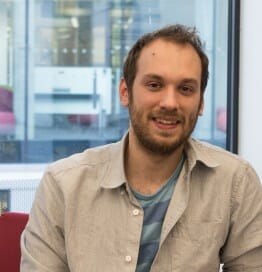
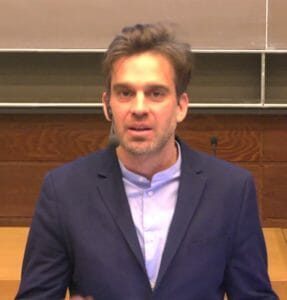
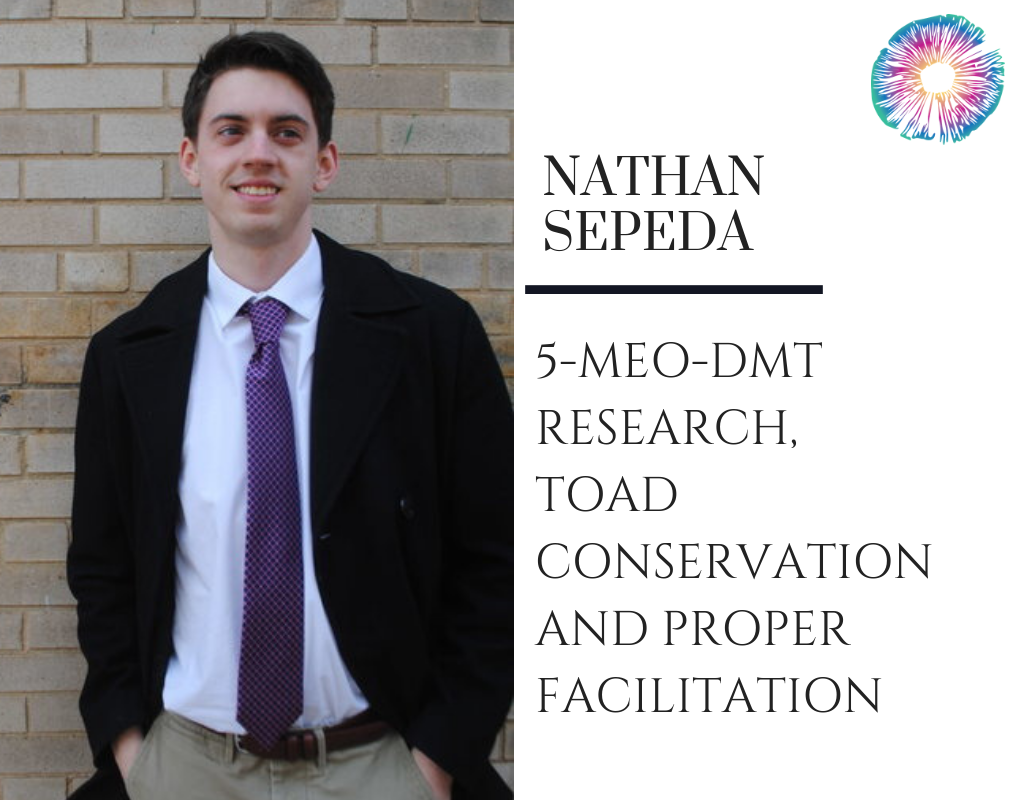
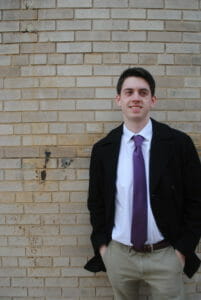
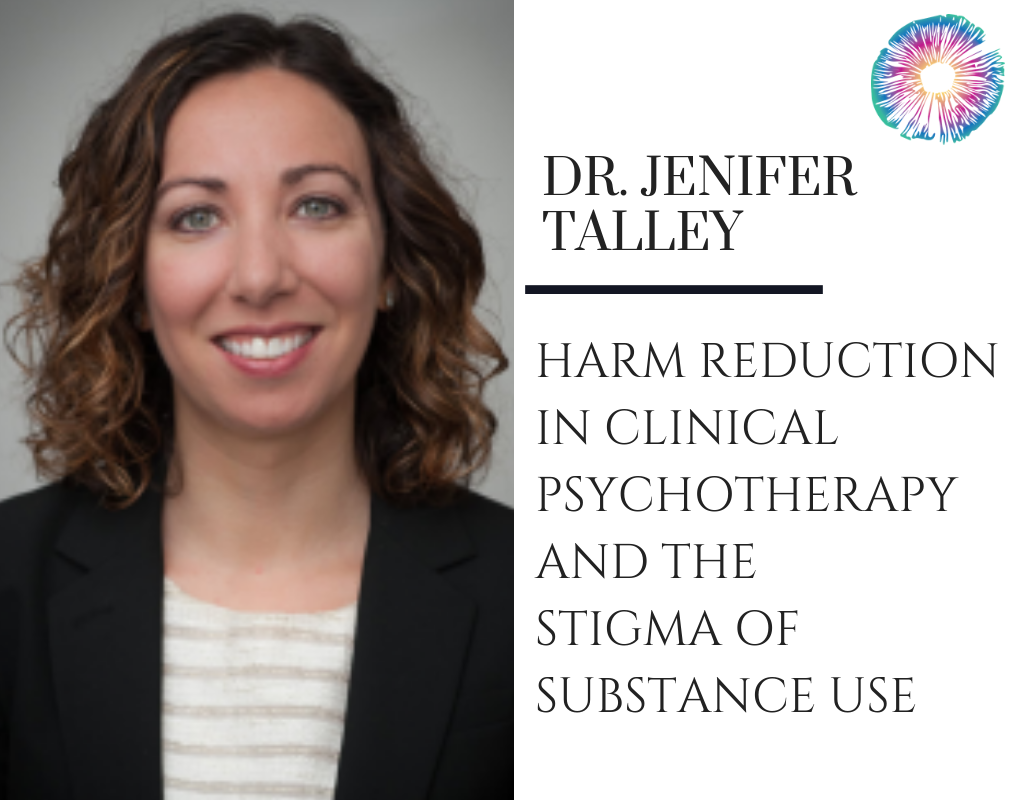
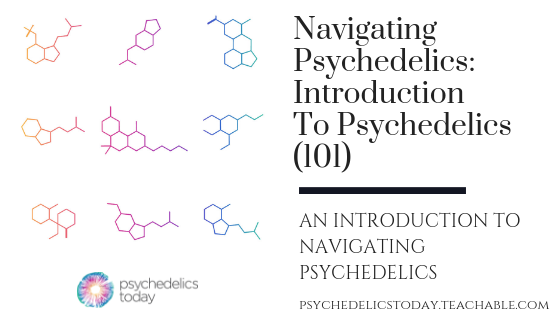
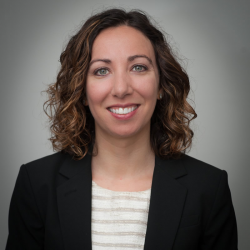
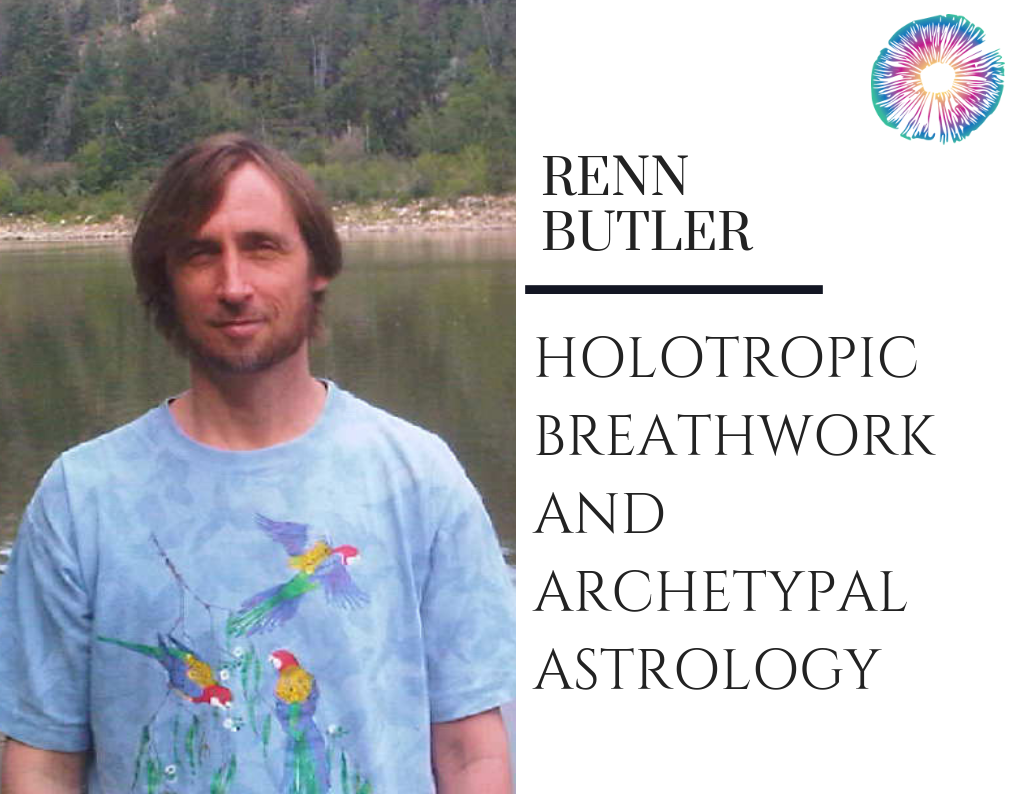
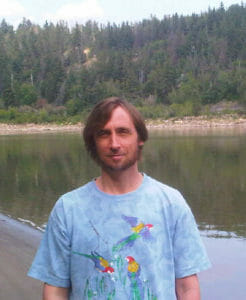
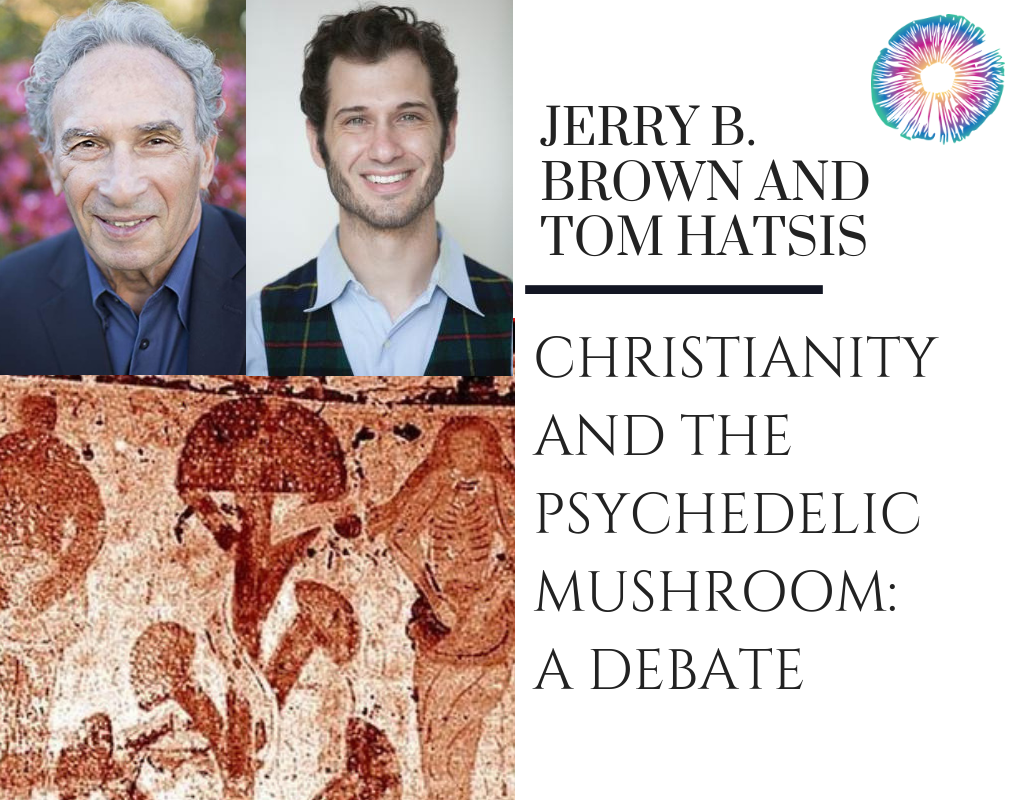
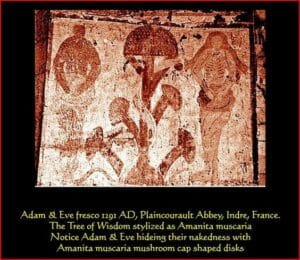
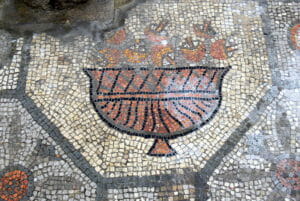
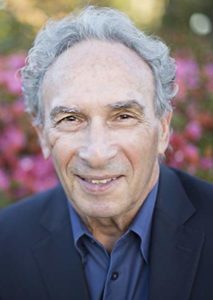
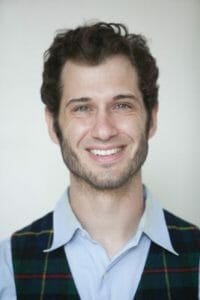
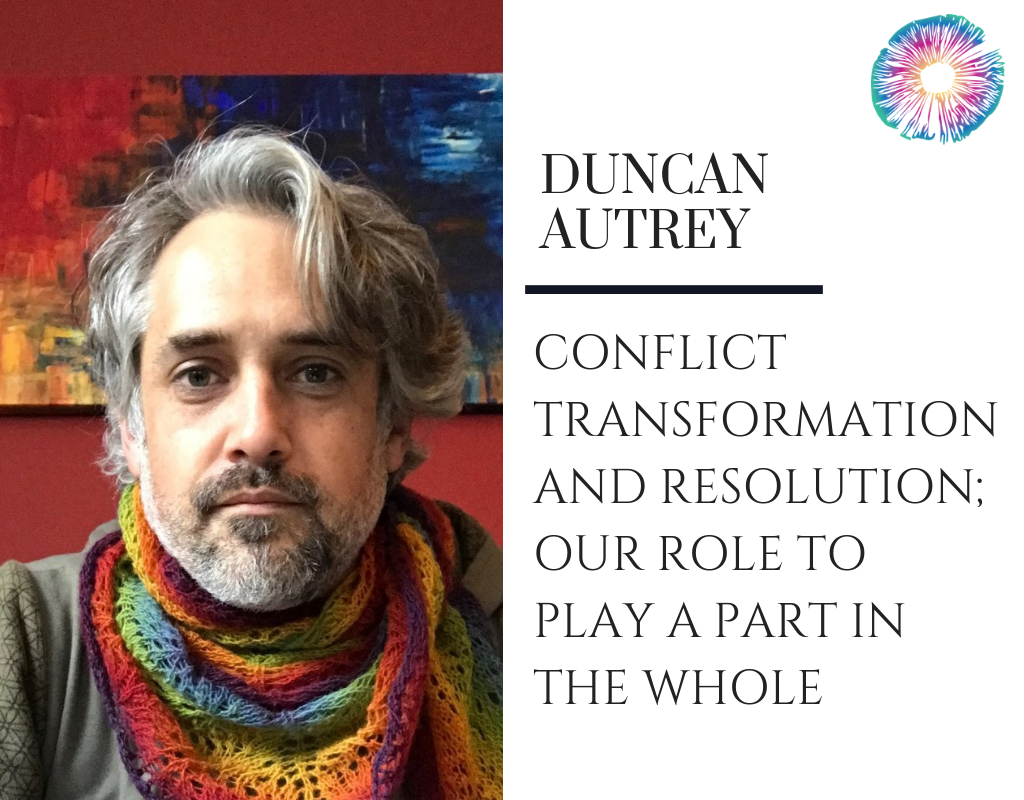
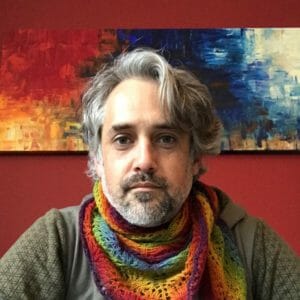
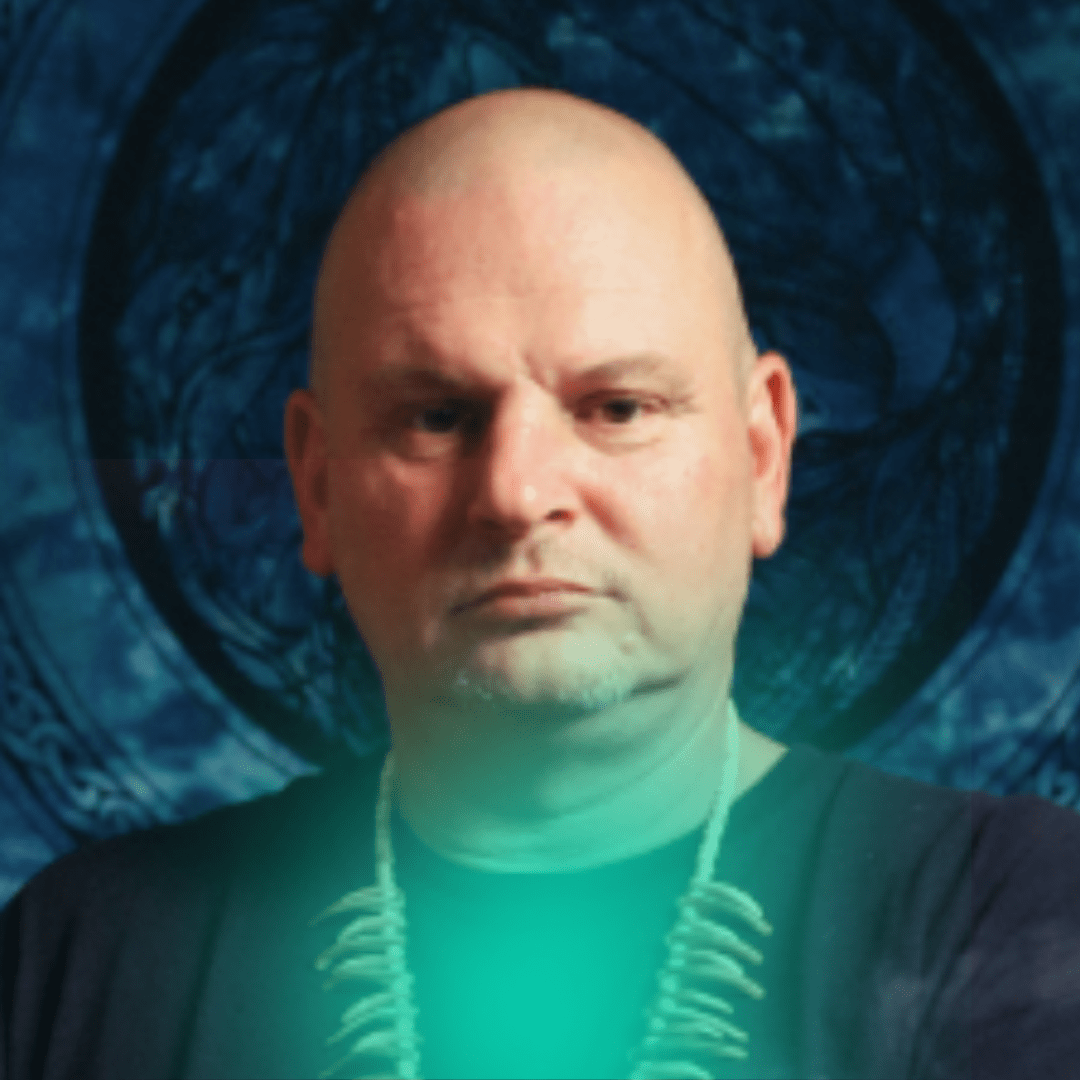
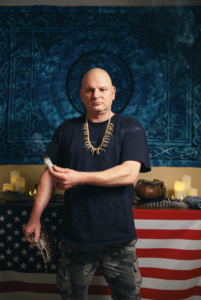
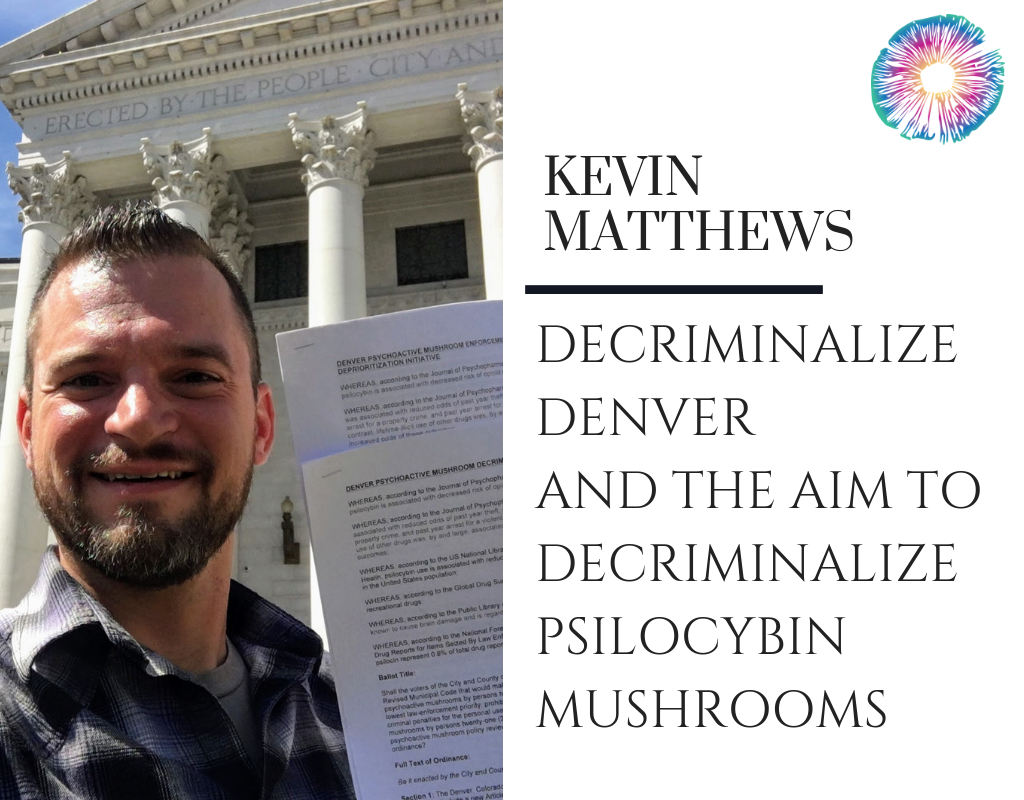
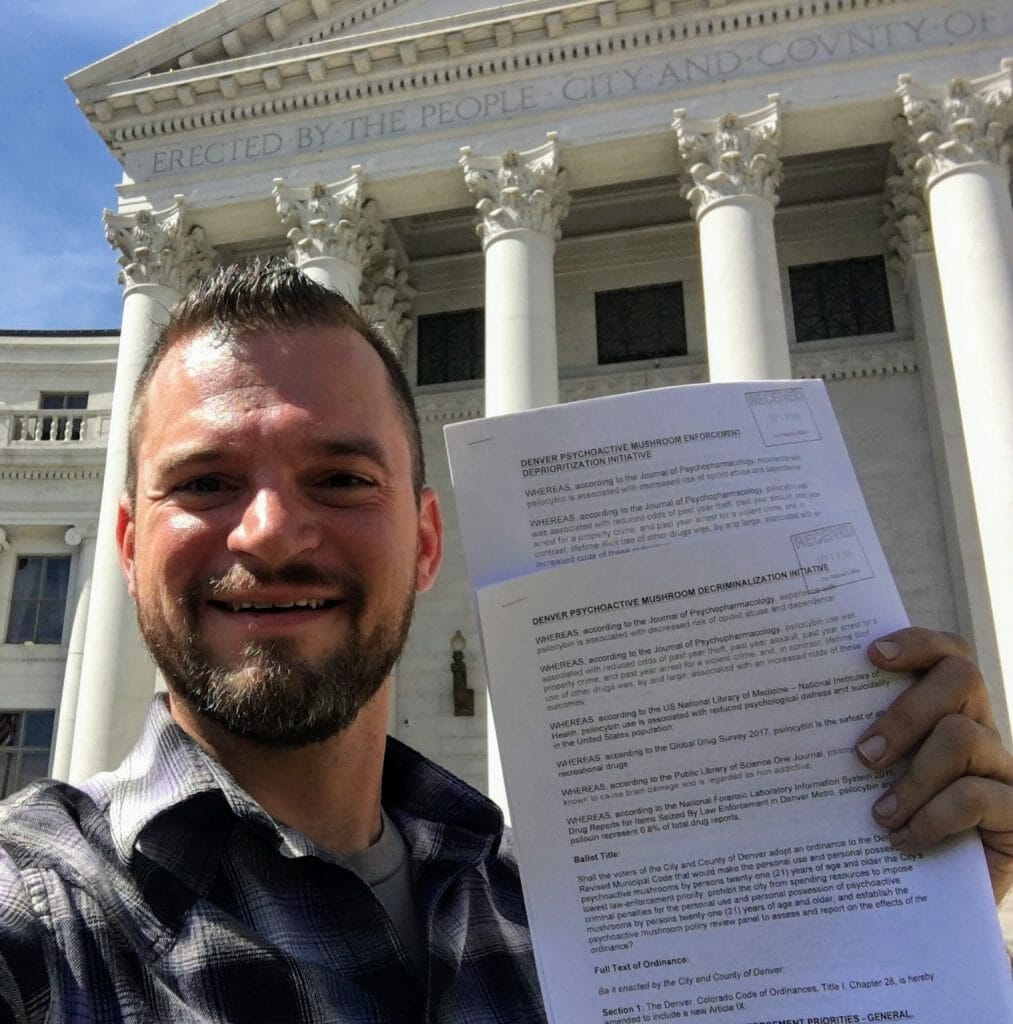
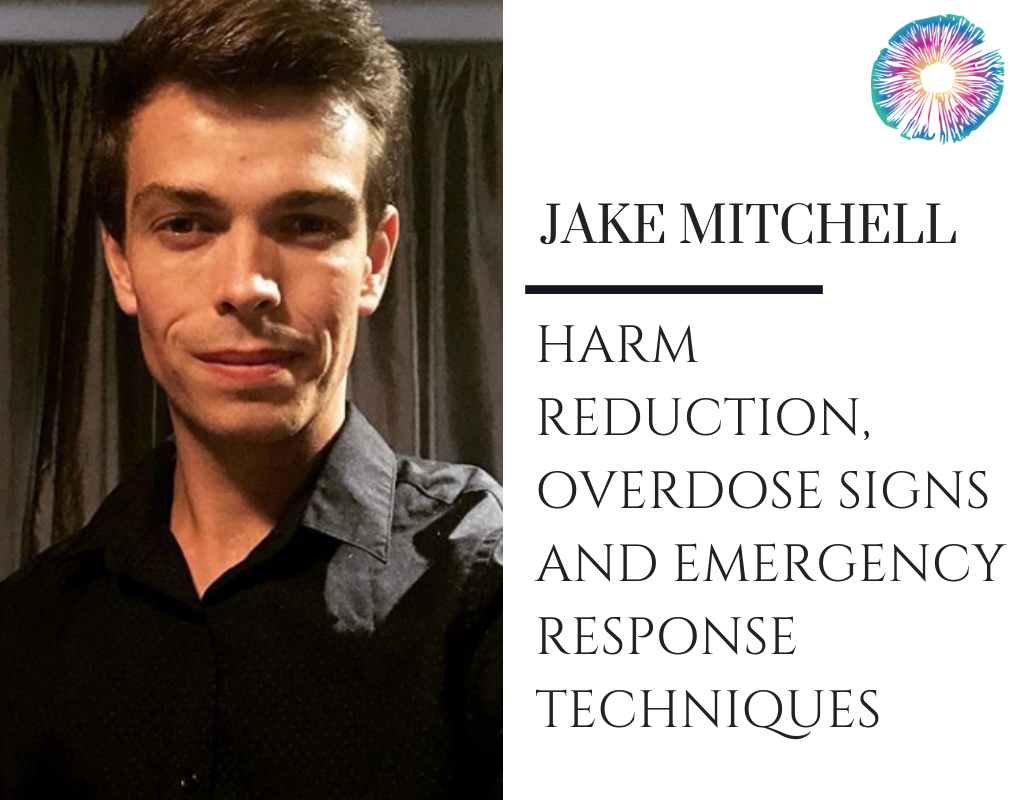

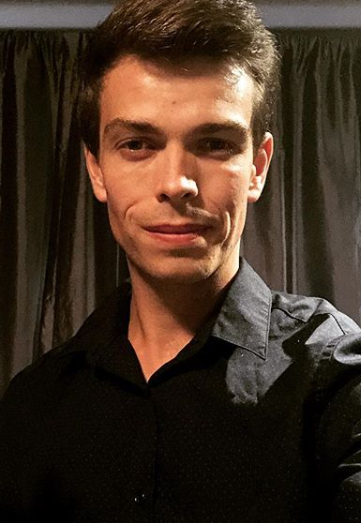

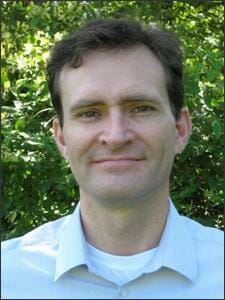
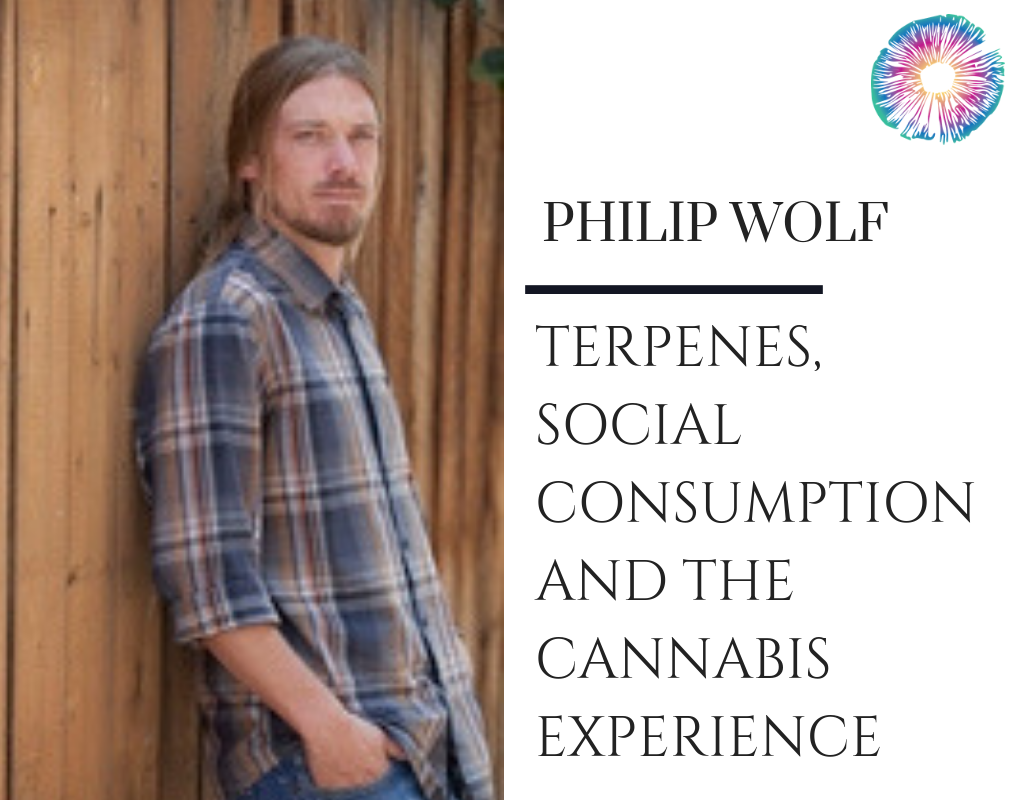
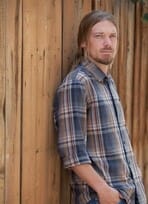
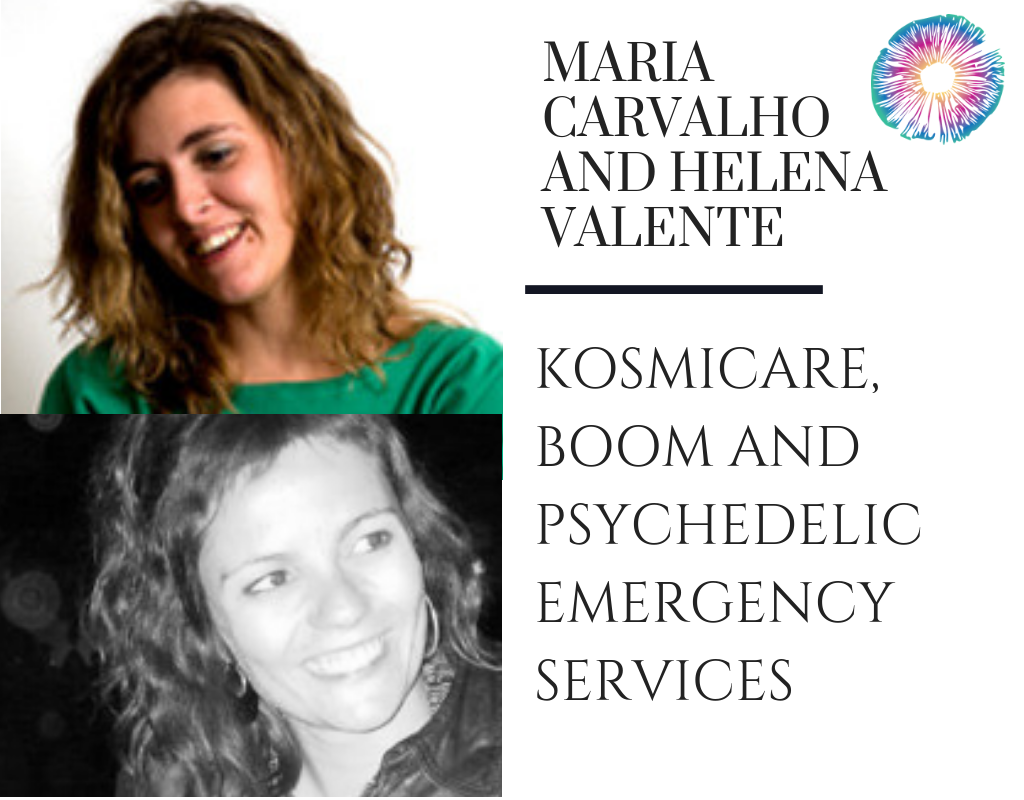

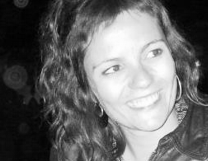
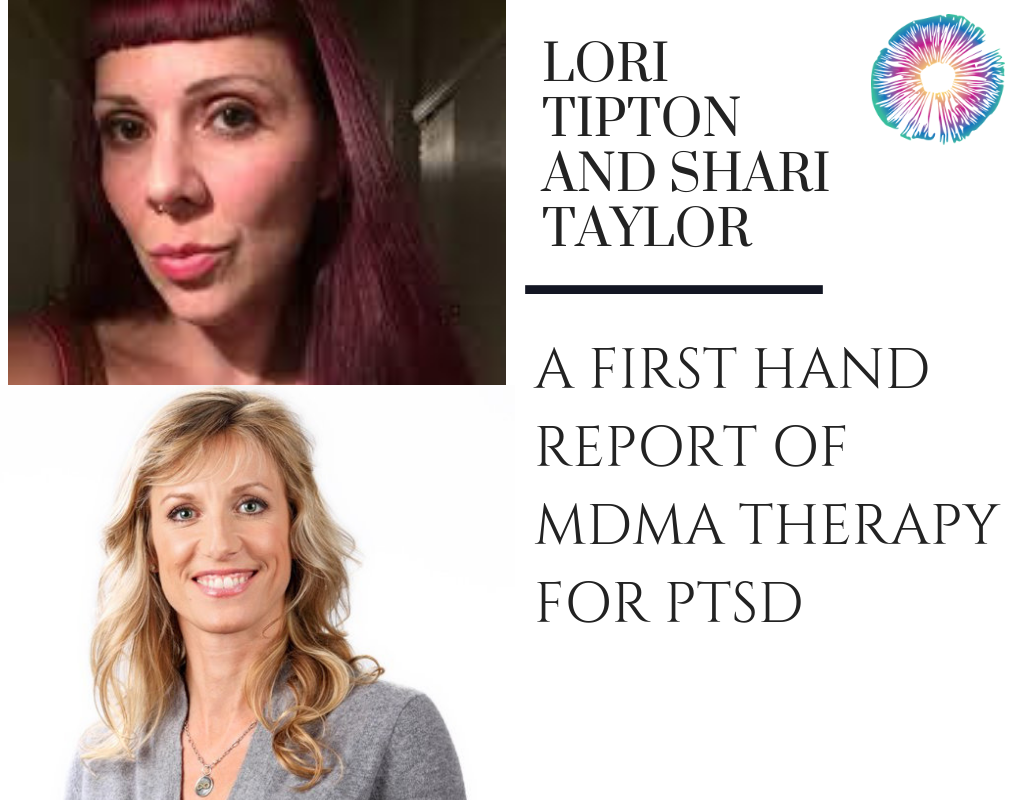


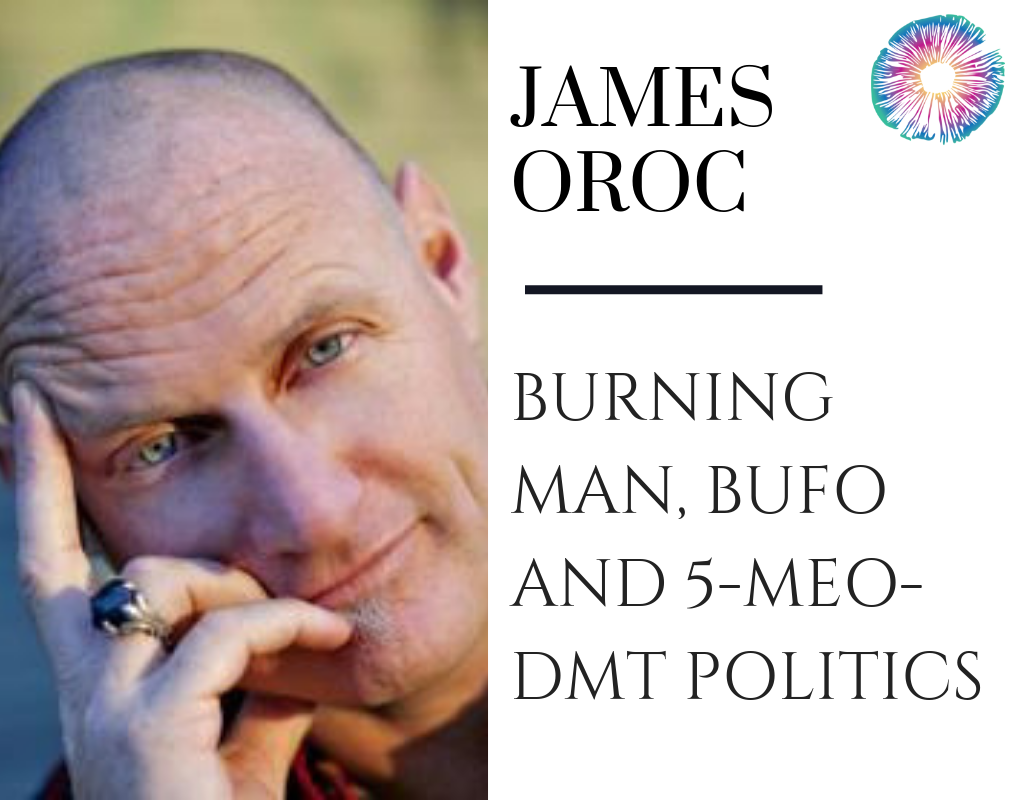

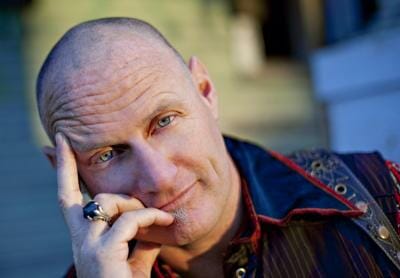
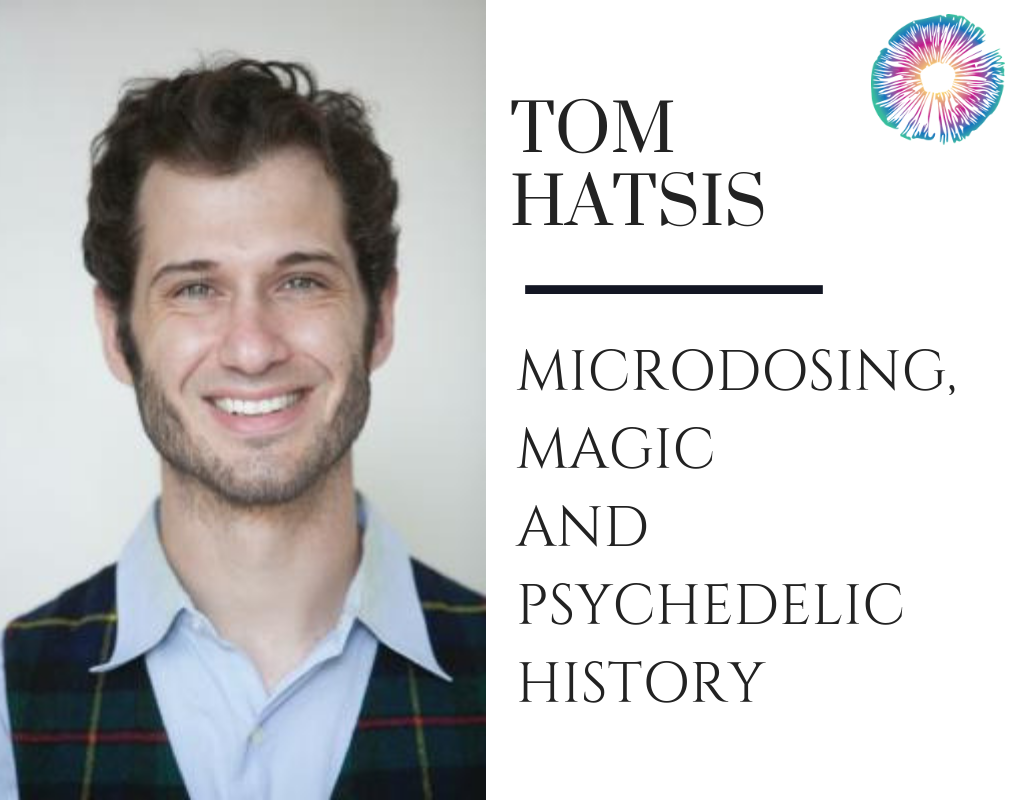

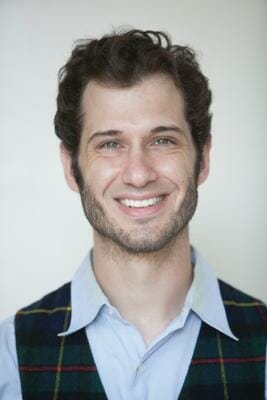
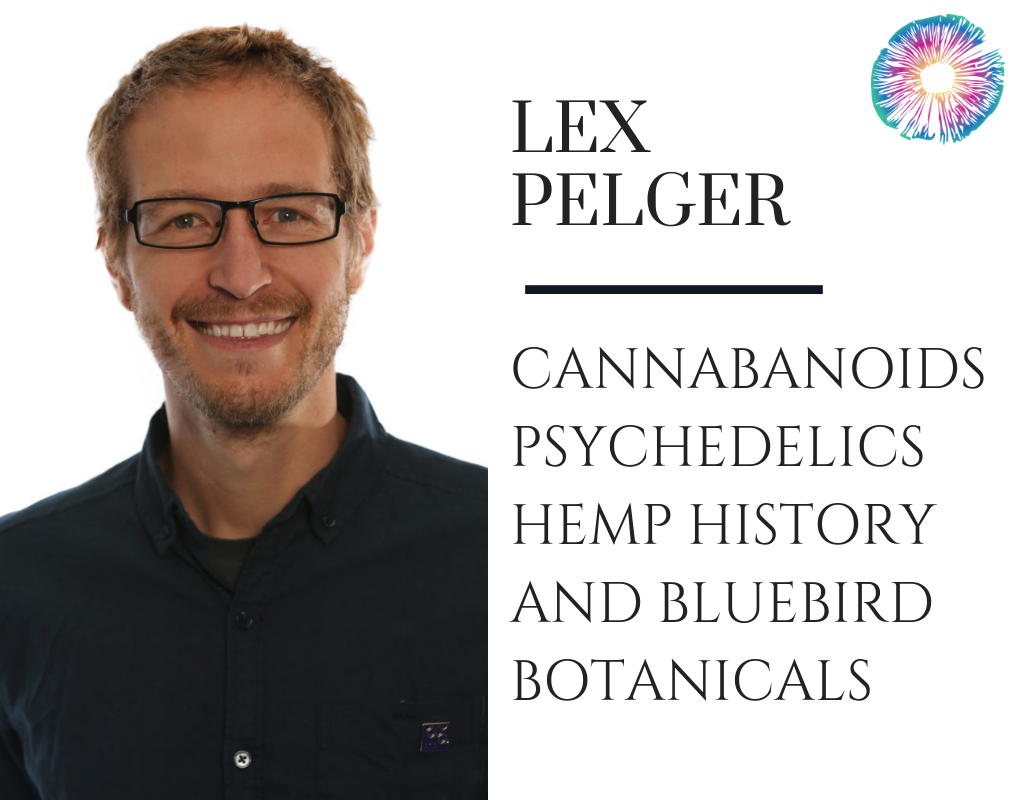
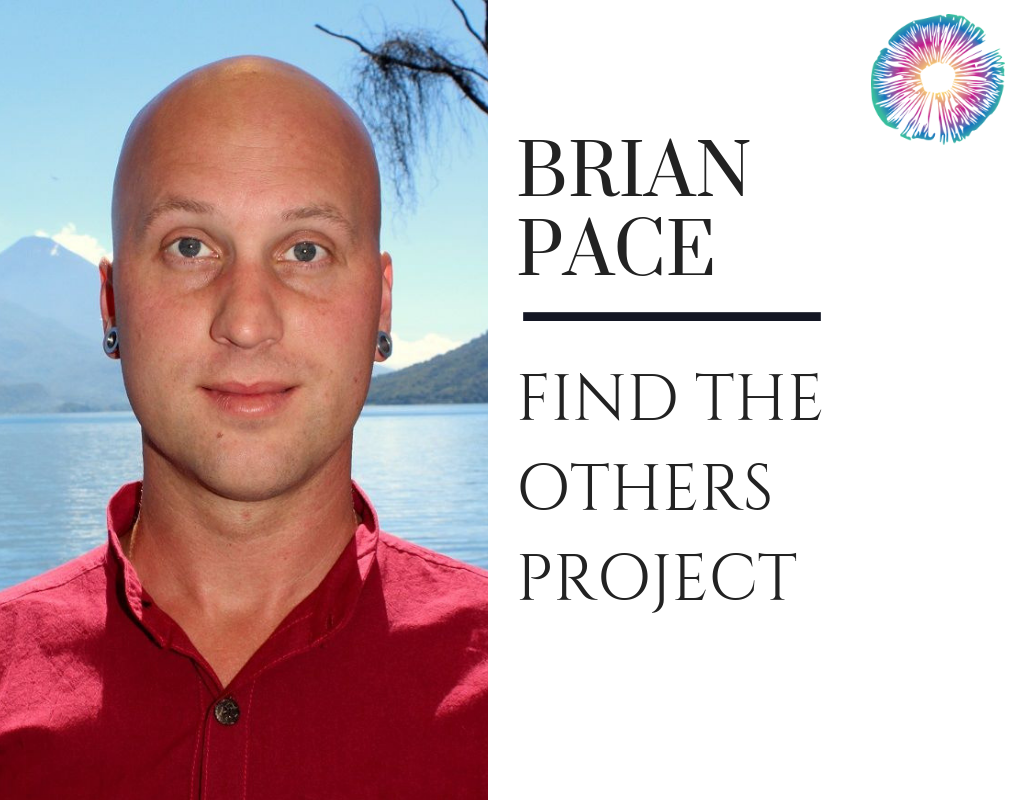

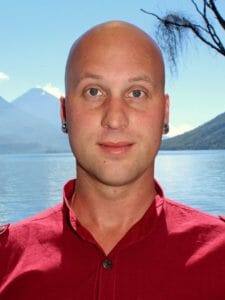
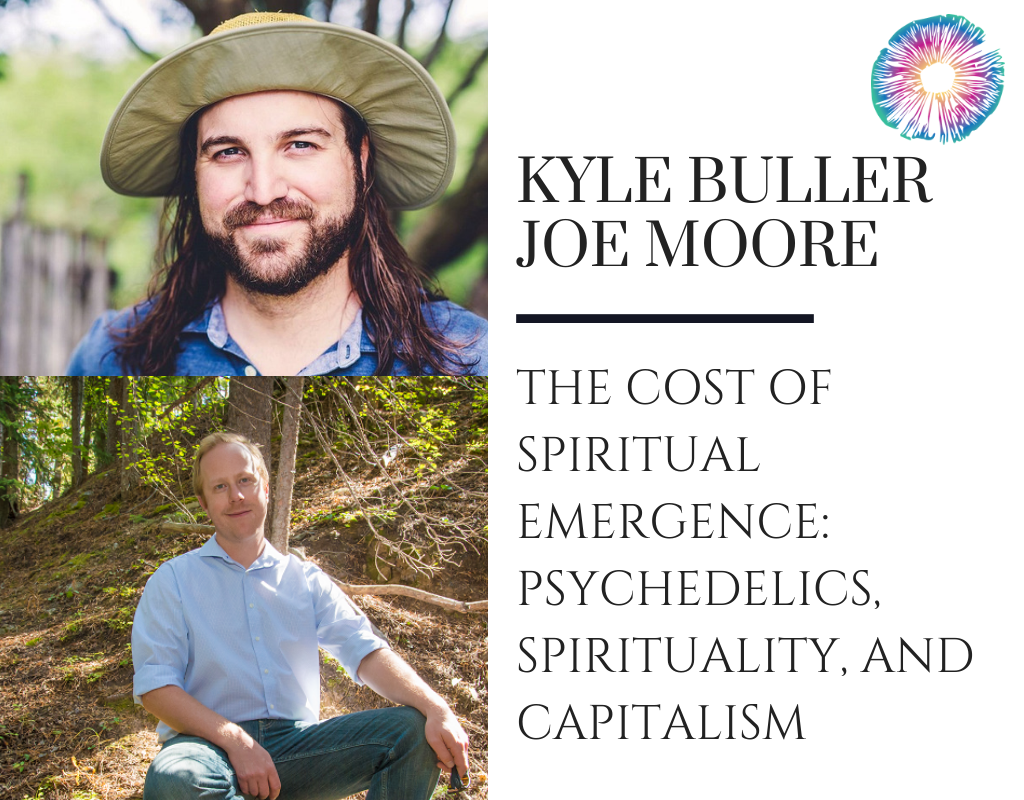

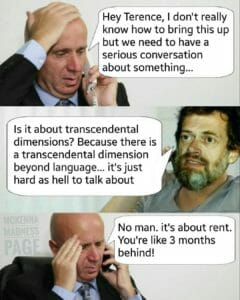
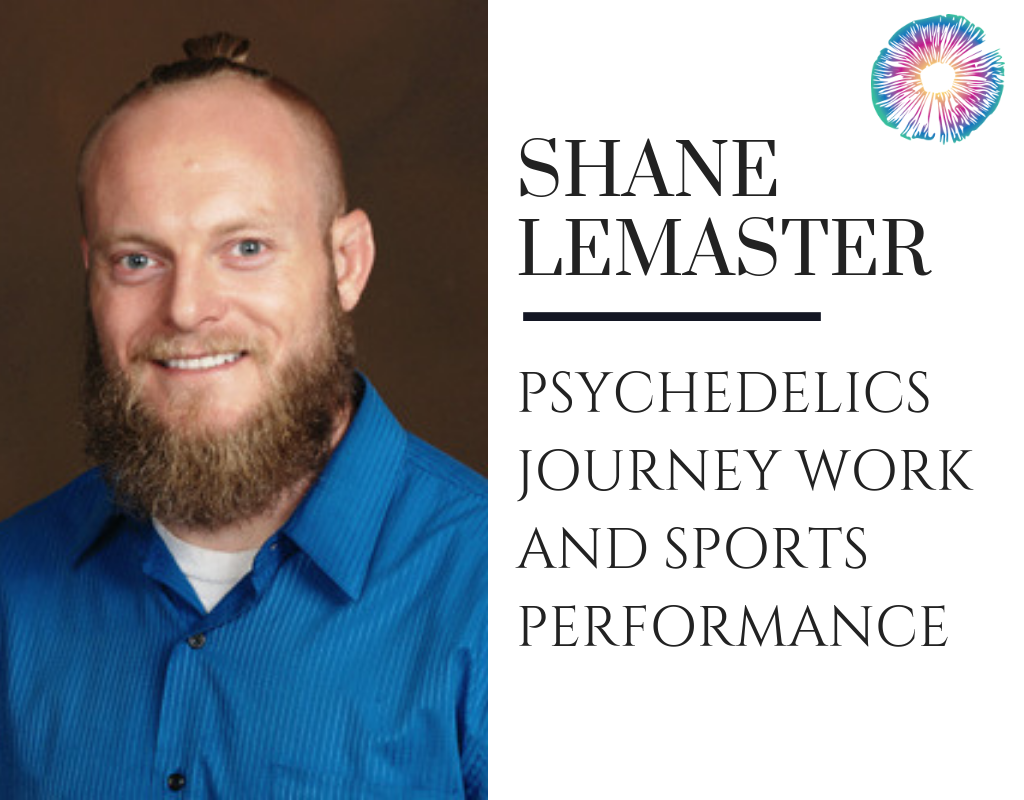
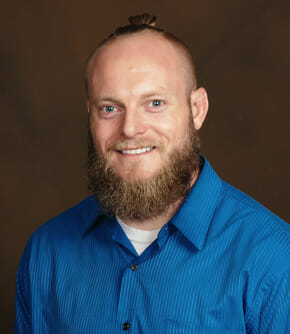 Shane earned his Bachelor of Arts Degree in Psychology from the University of Colorado in Boulder, CO, completed extensive coursework towards a Master of Arts Degree in Sport & Performance Psychology at the University of Denver, and earned his Master of Arts Degree in Sport & Exercise Psychology from Argosy University.
Shane earned his Bachelor of Arts Degree in Psychology from the University of Colorado in Boulder, CO, completed extensive coursework towards a Master of Arts Degree in Sport & Performance Psychology at the University of Denver, and earned his Master of Arts Degree in Sport & Exercise Psychology from Argosy University.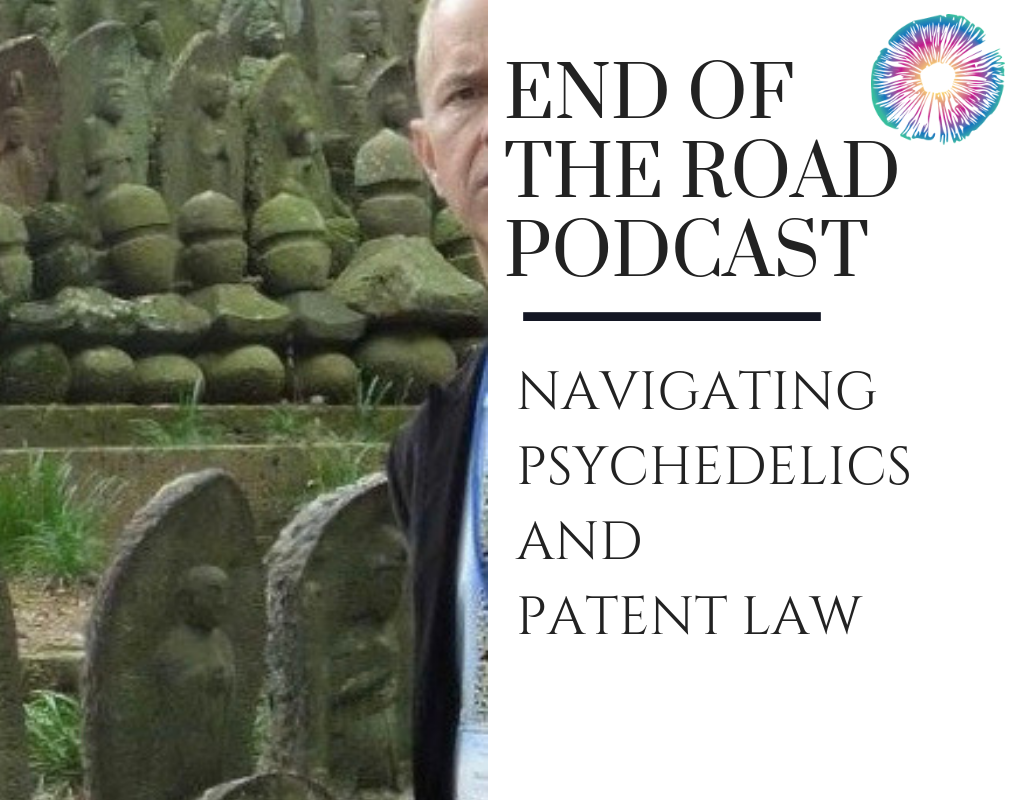
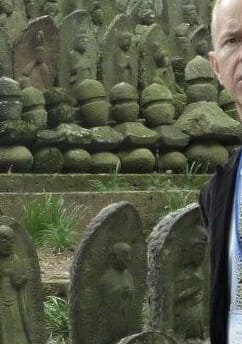
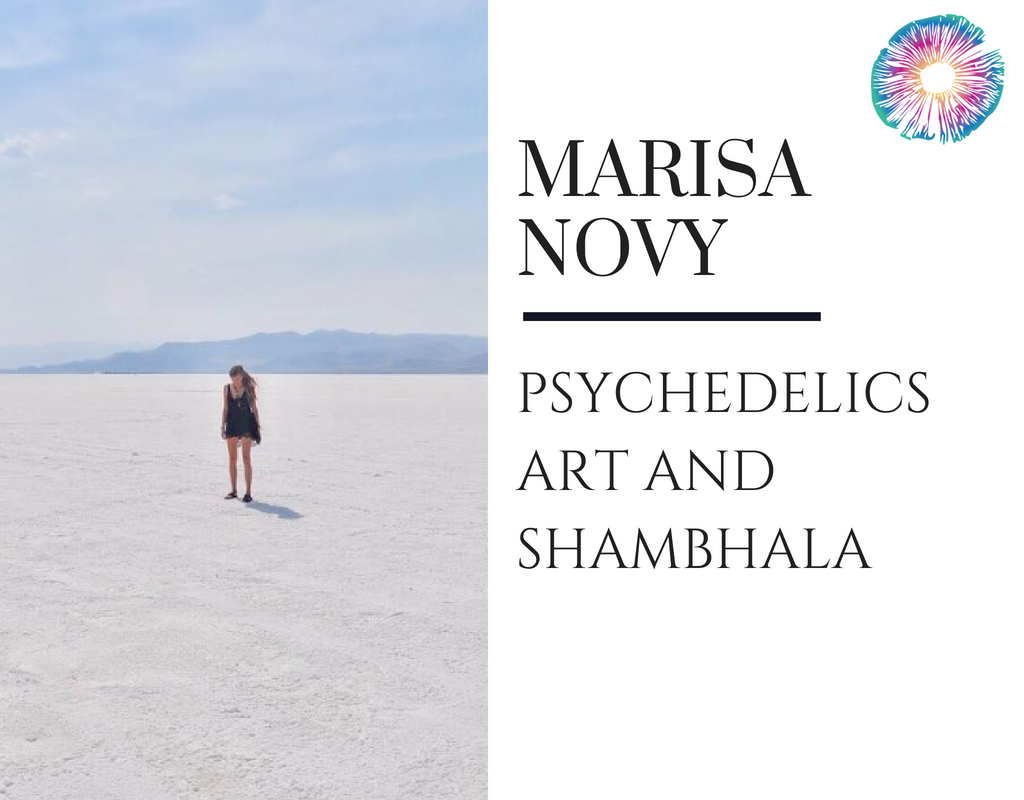

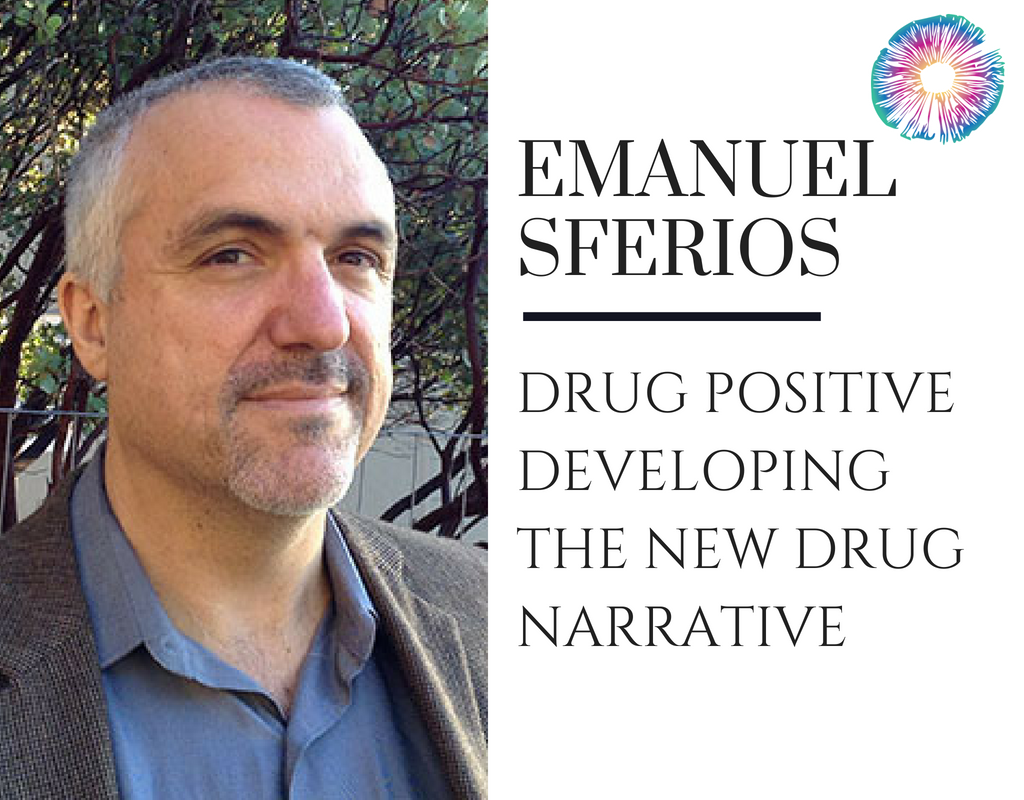
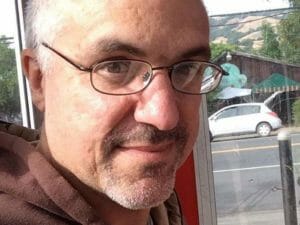
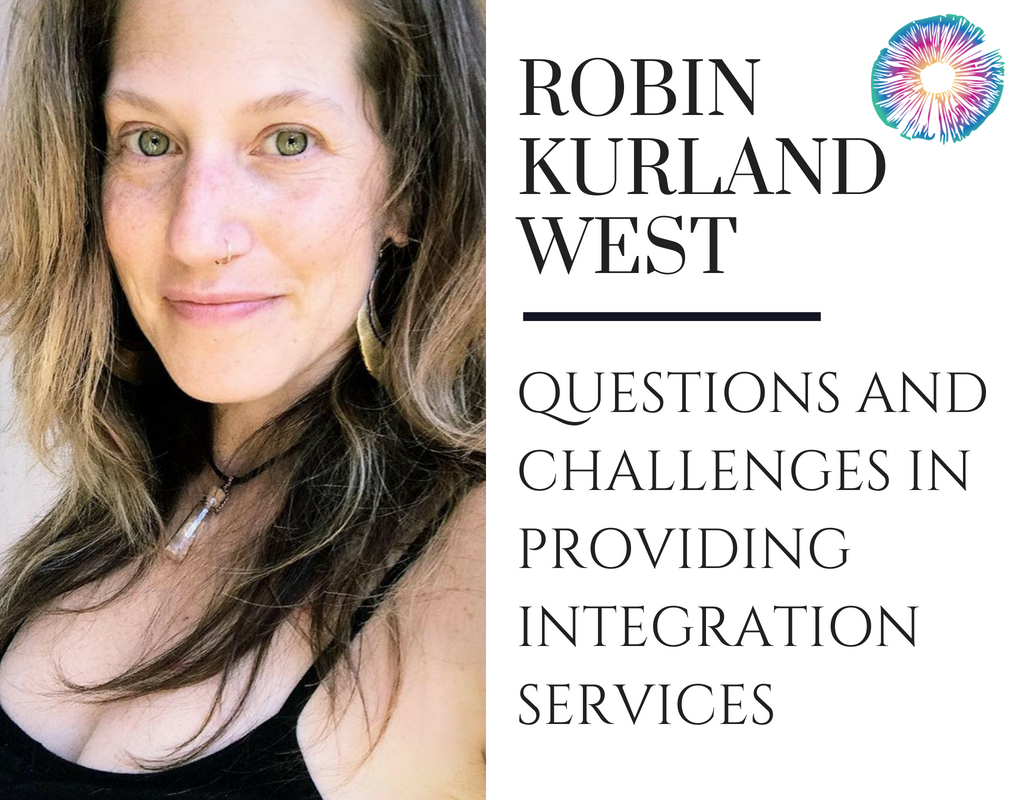
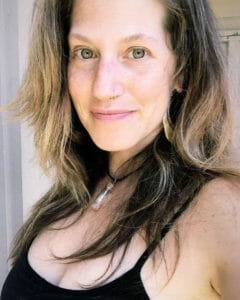
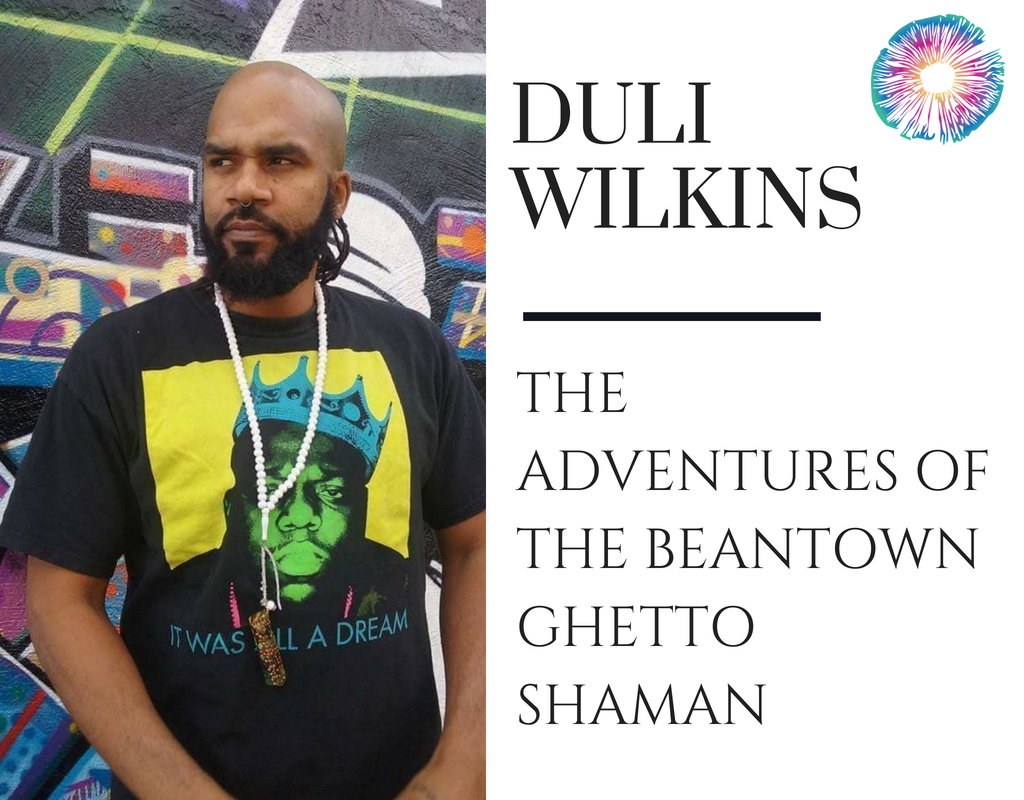
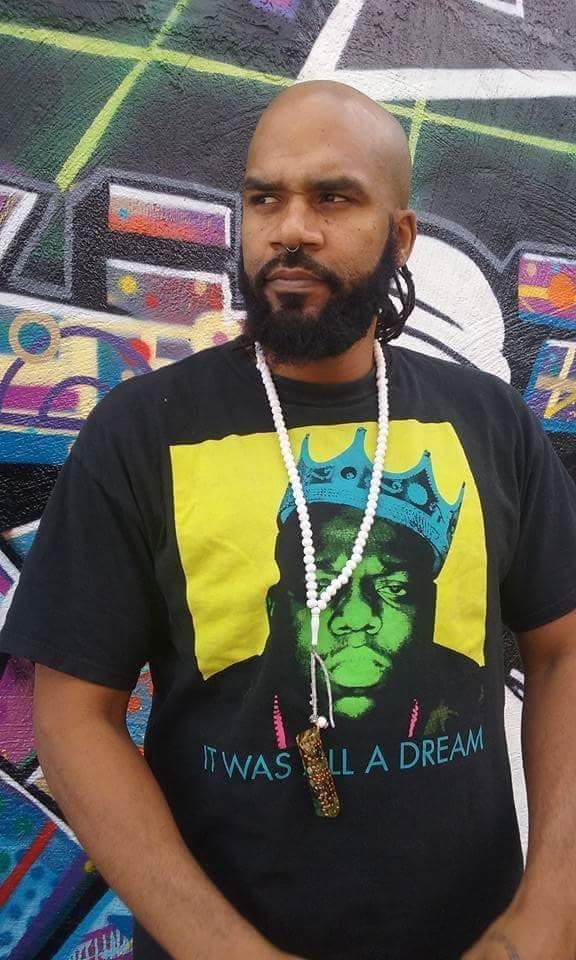
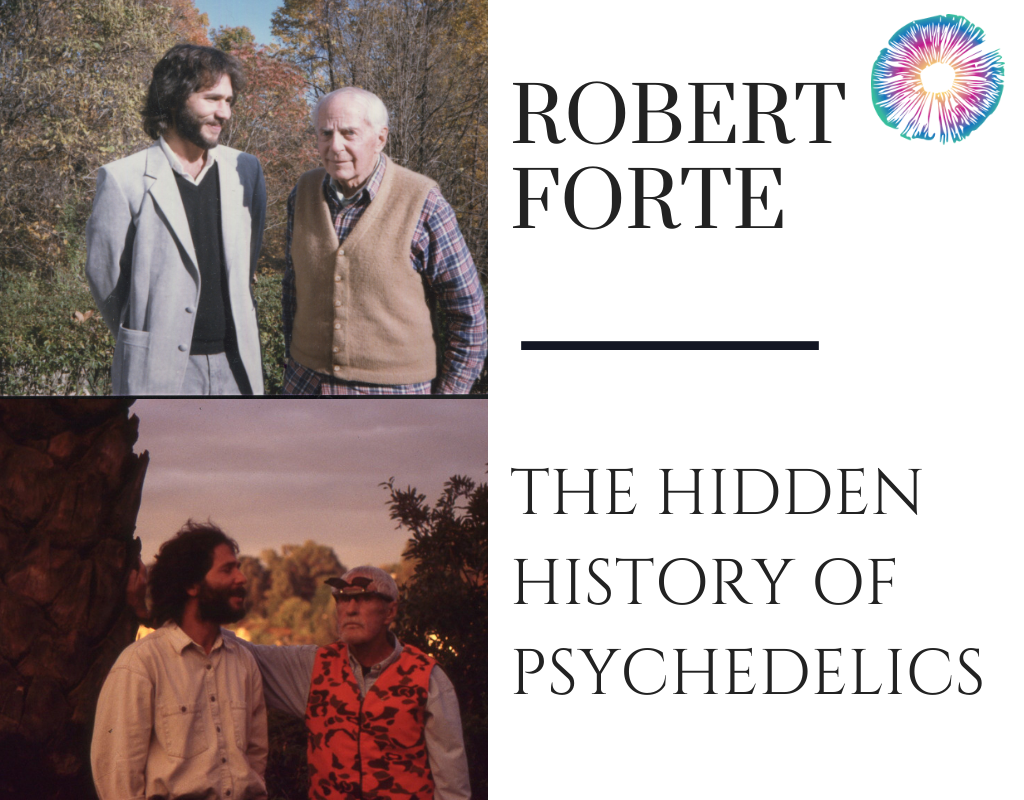

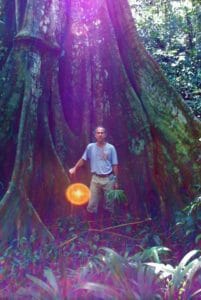
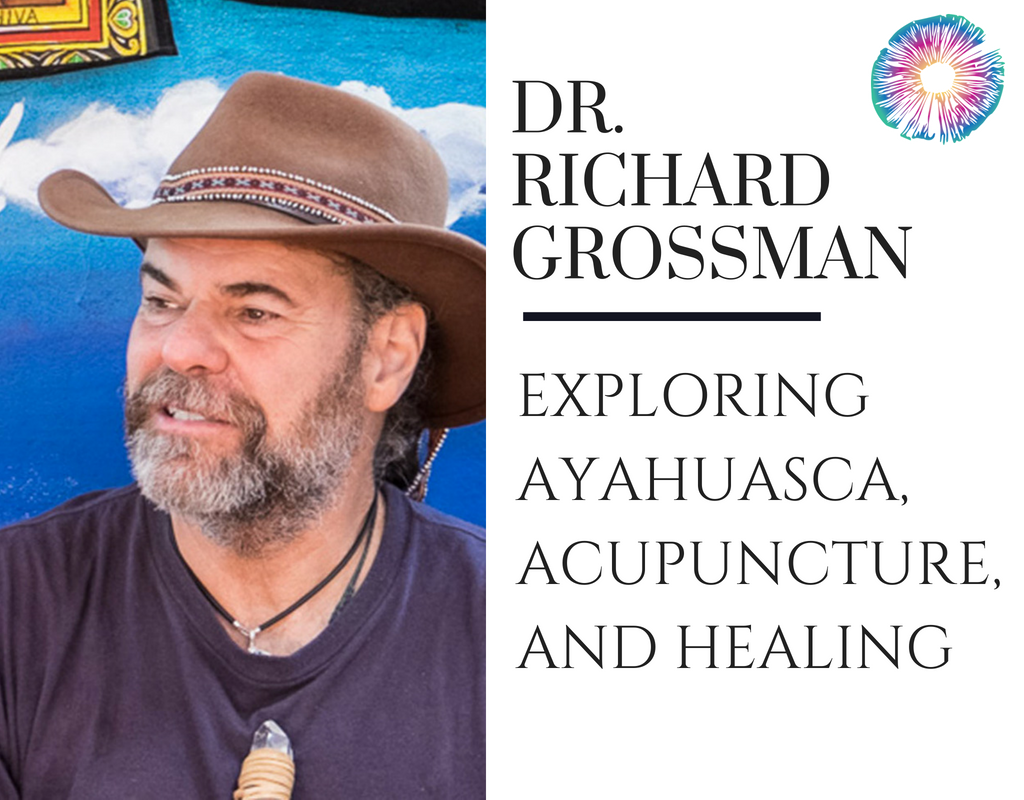
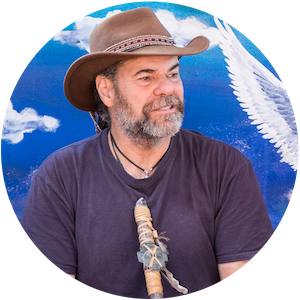
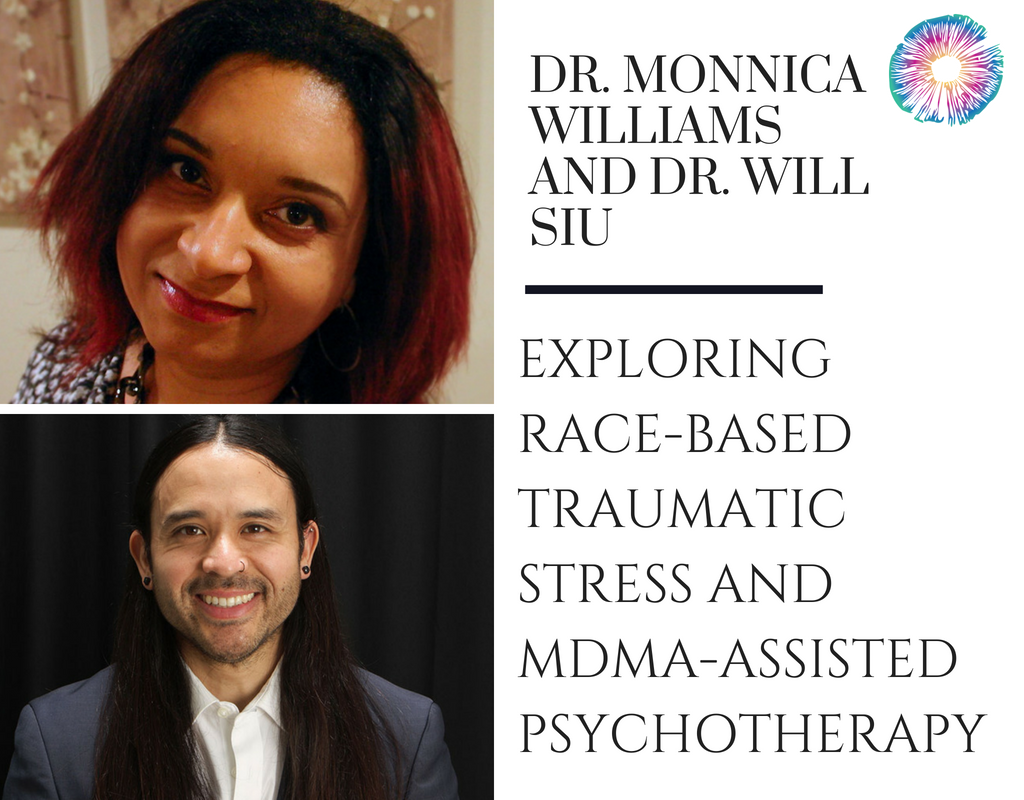


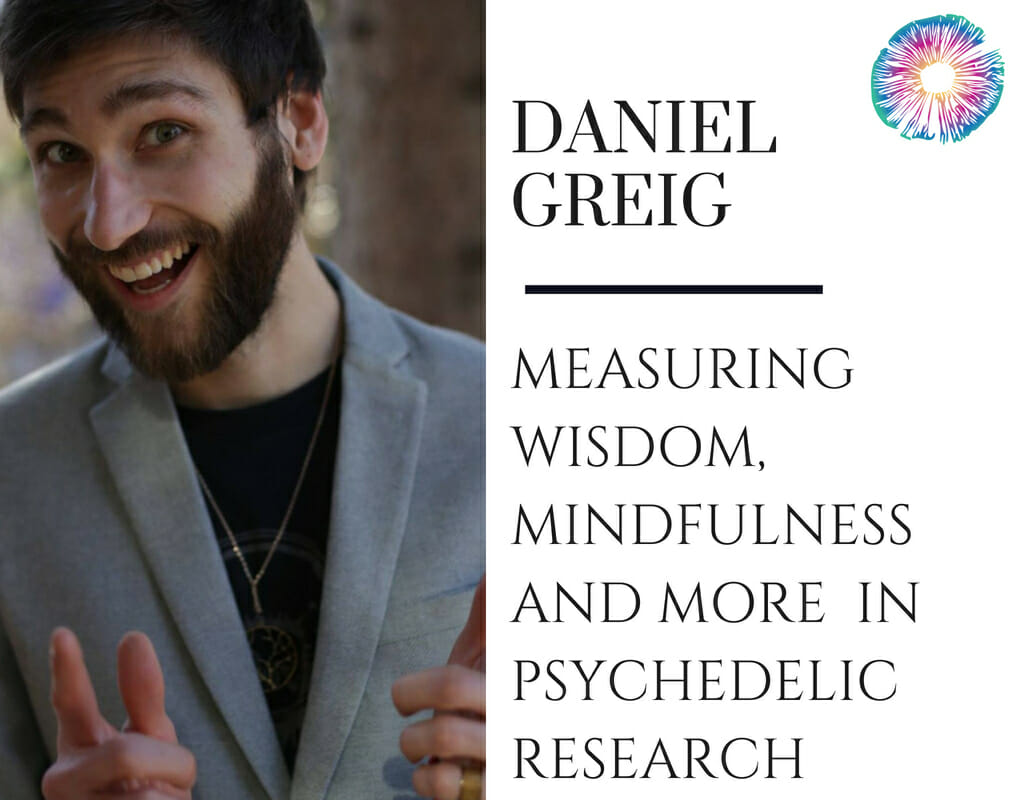

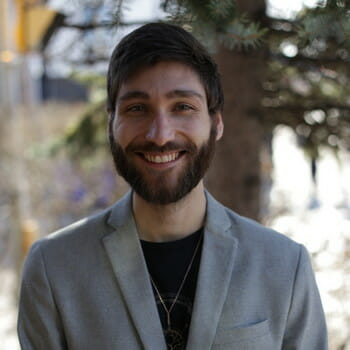
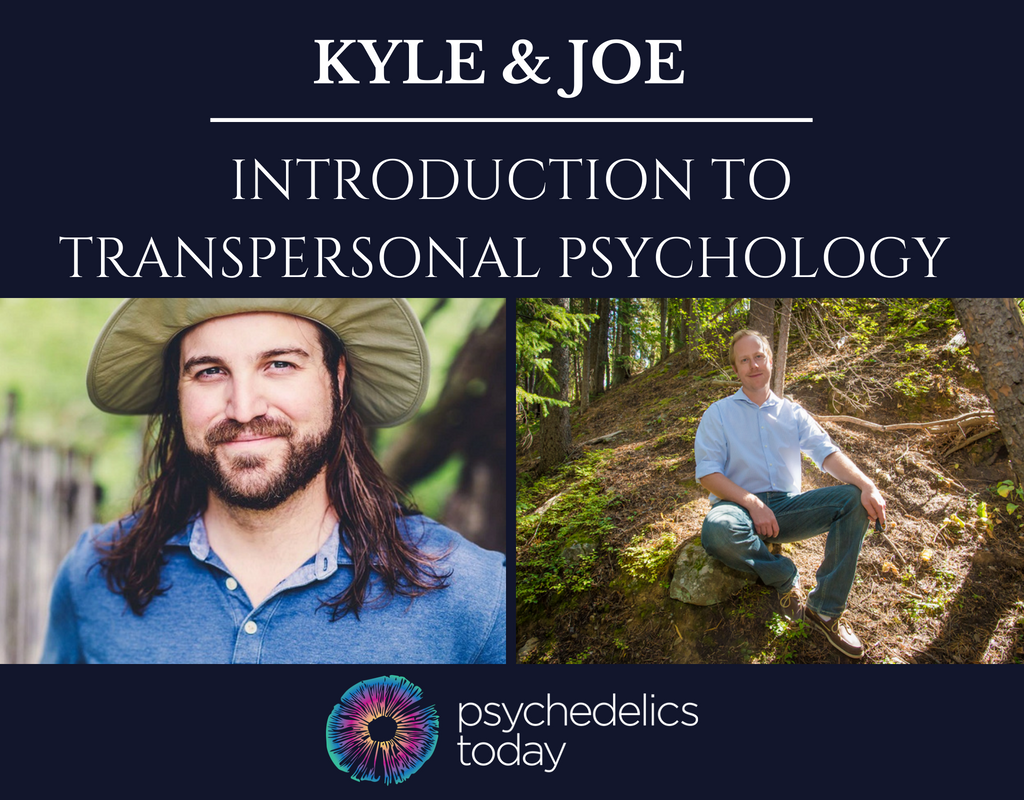
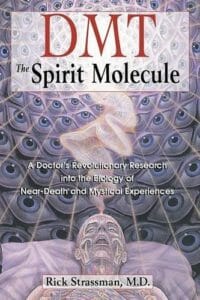
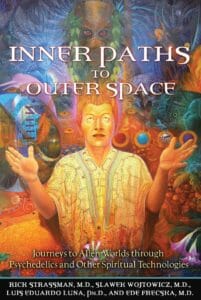

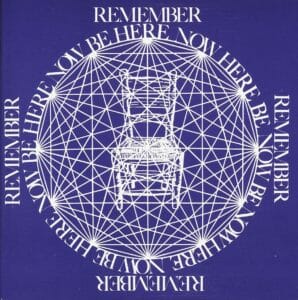
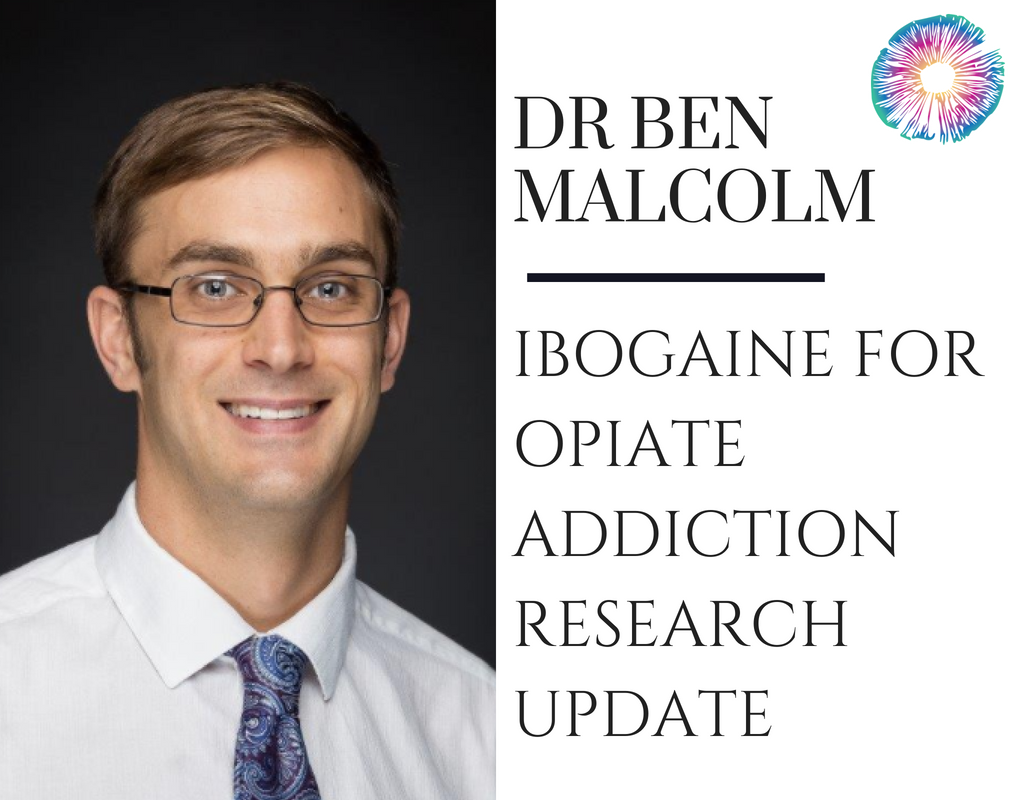
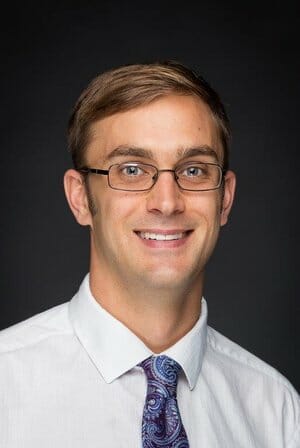
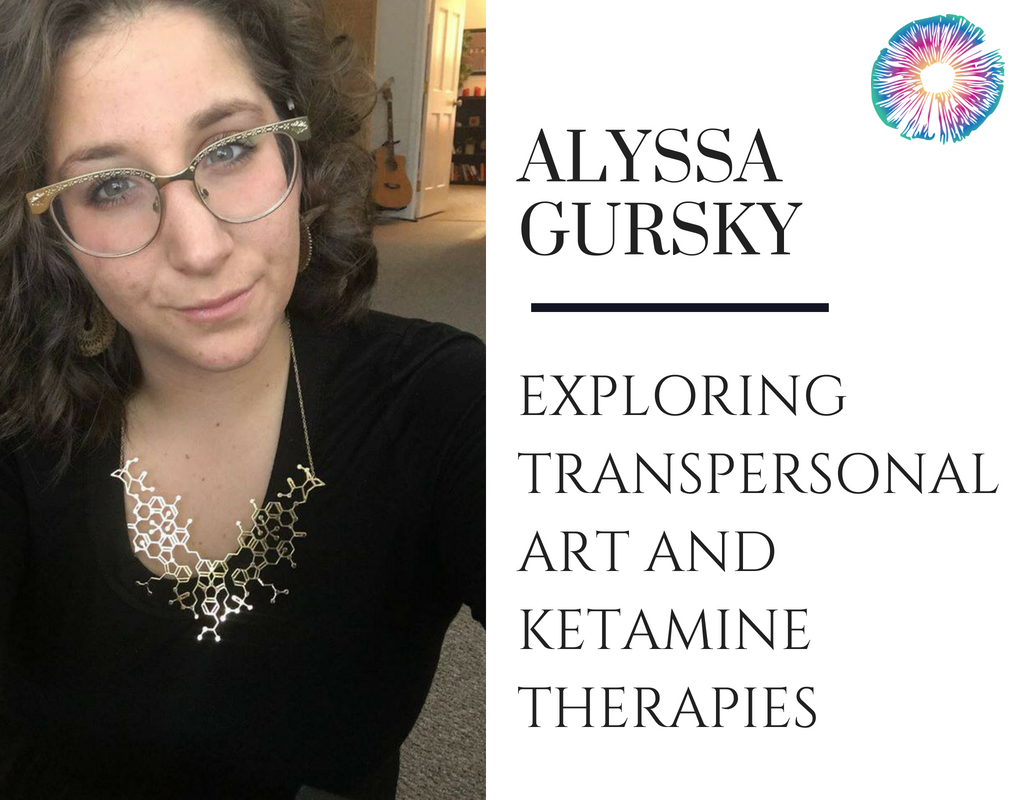

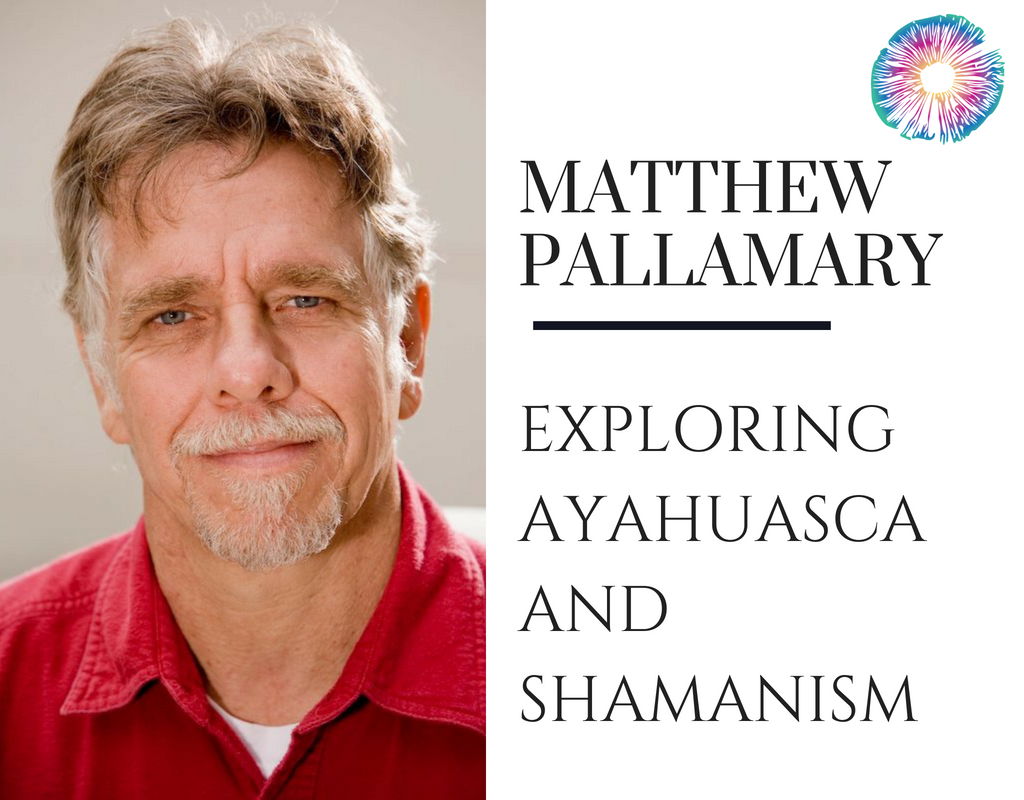
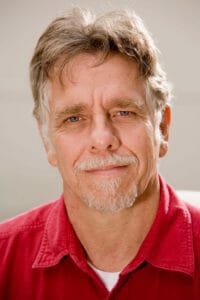
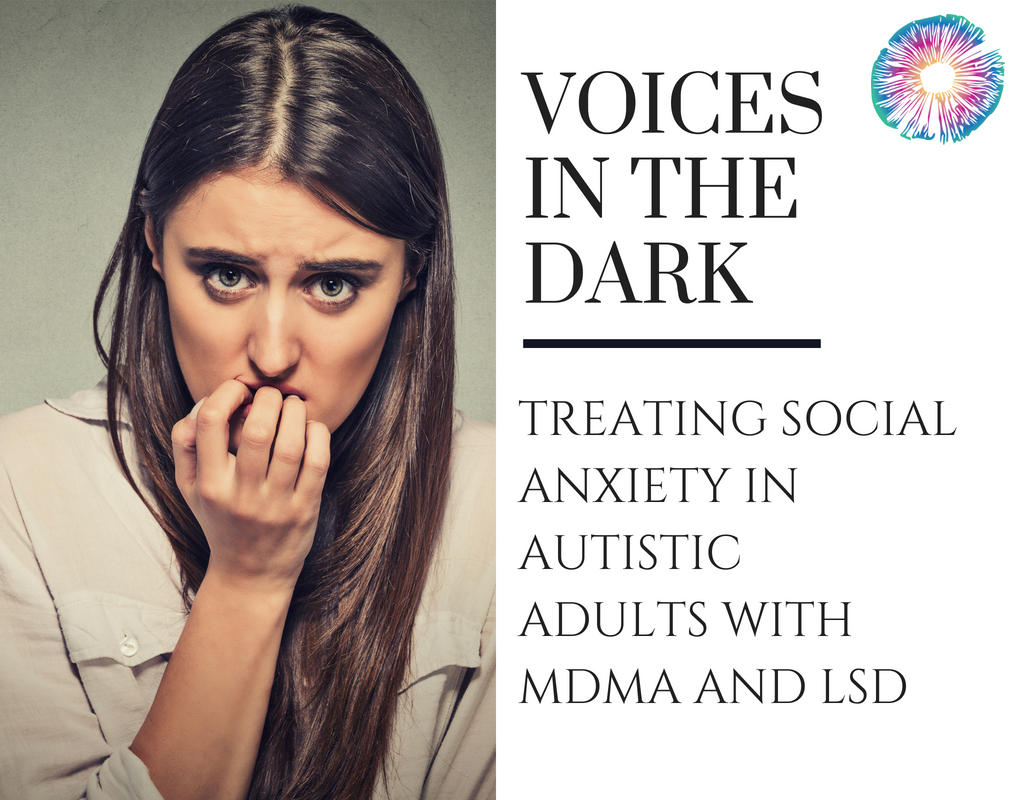
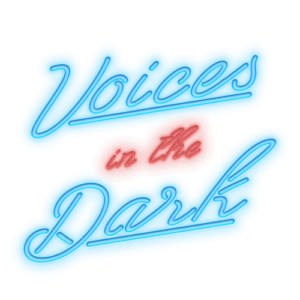
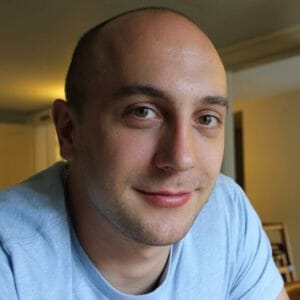
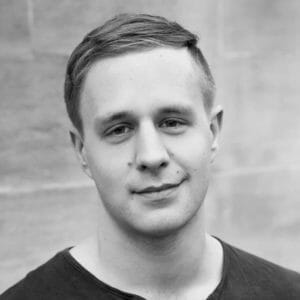
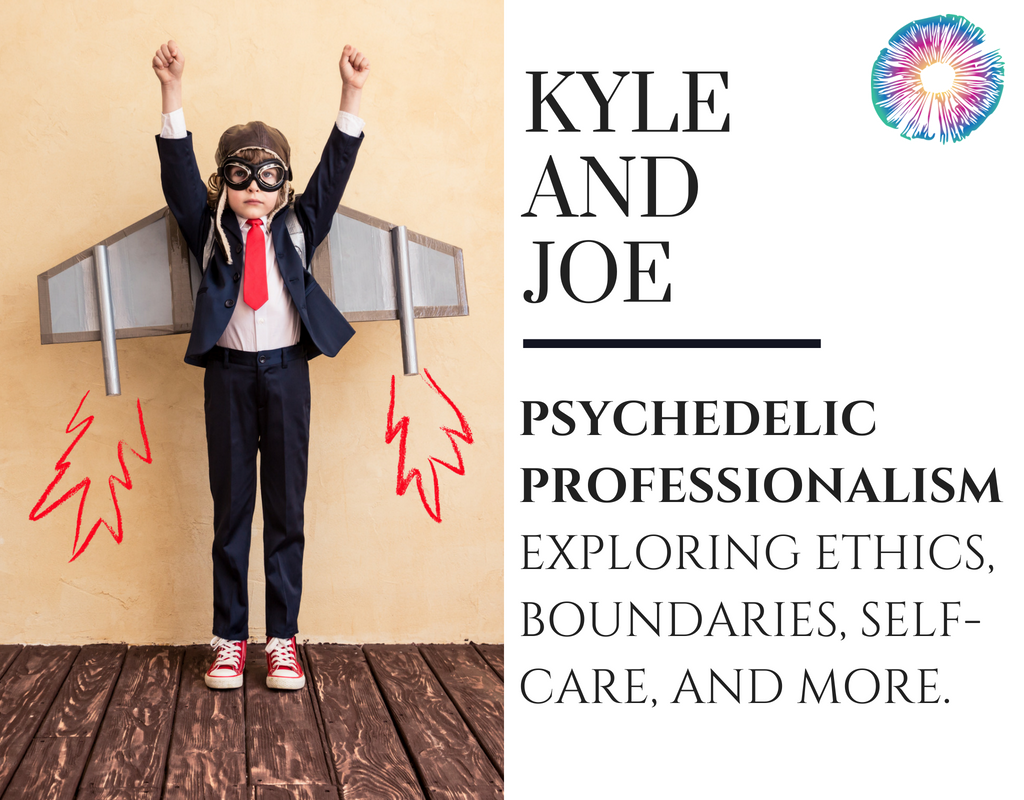
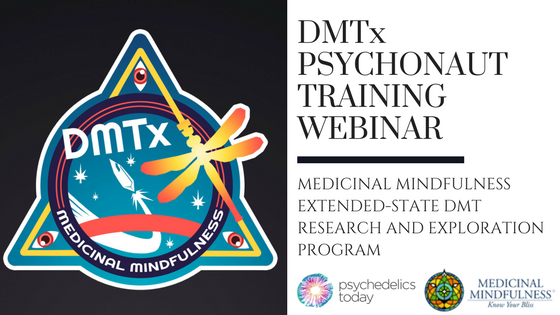
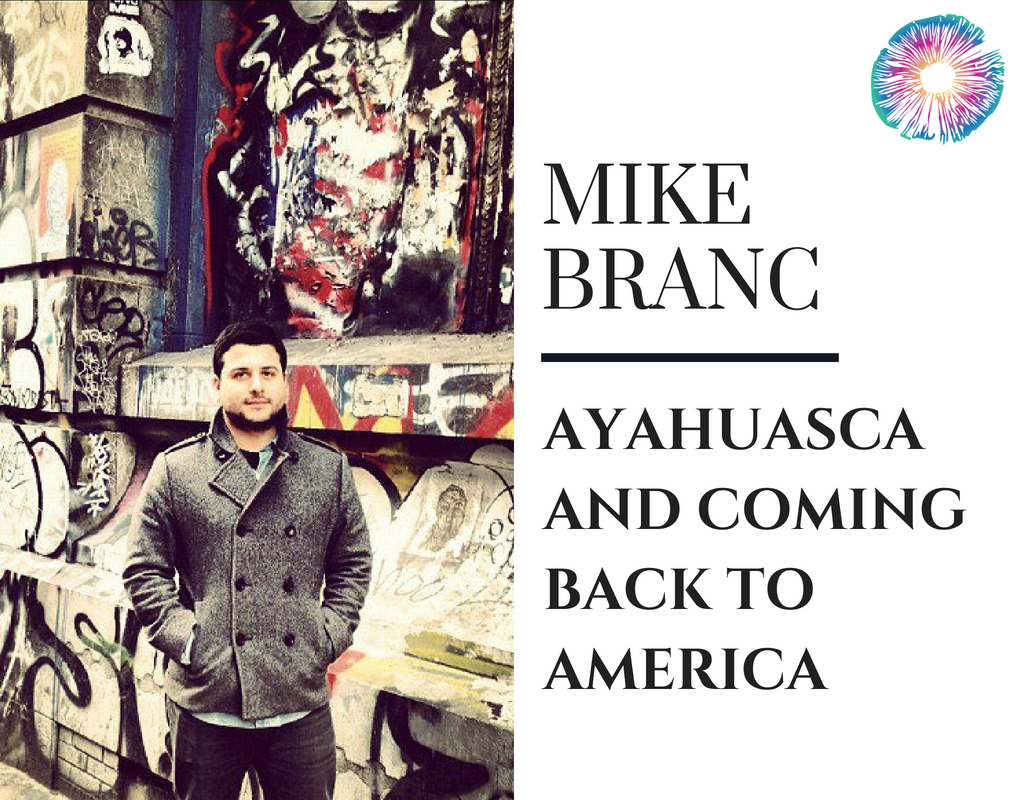
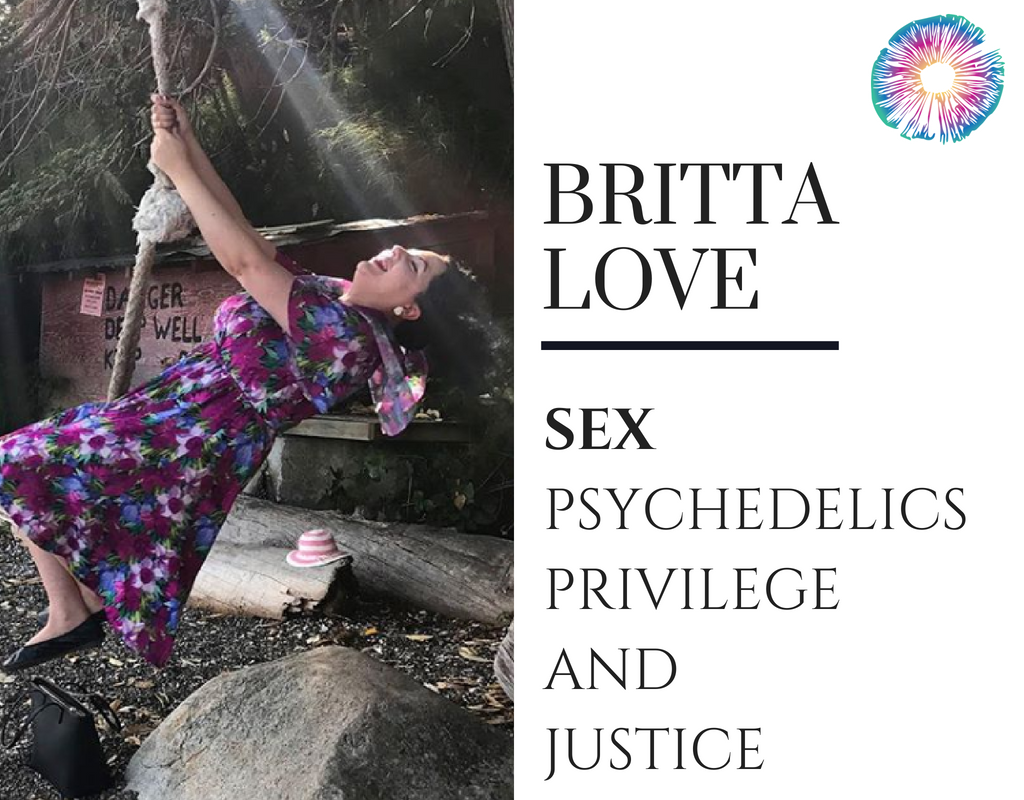
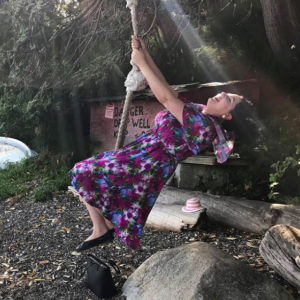
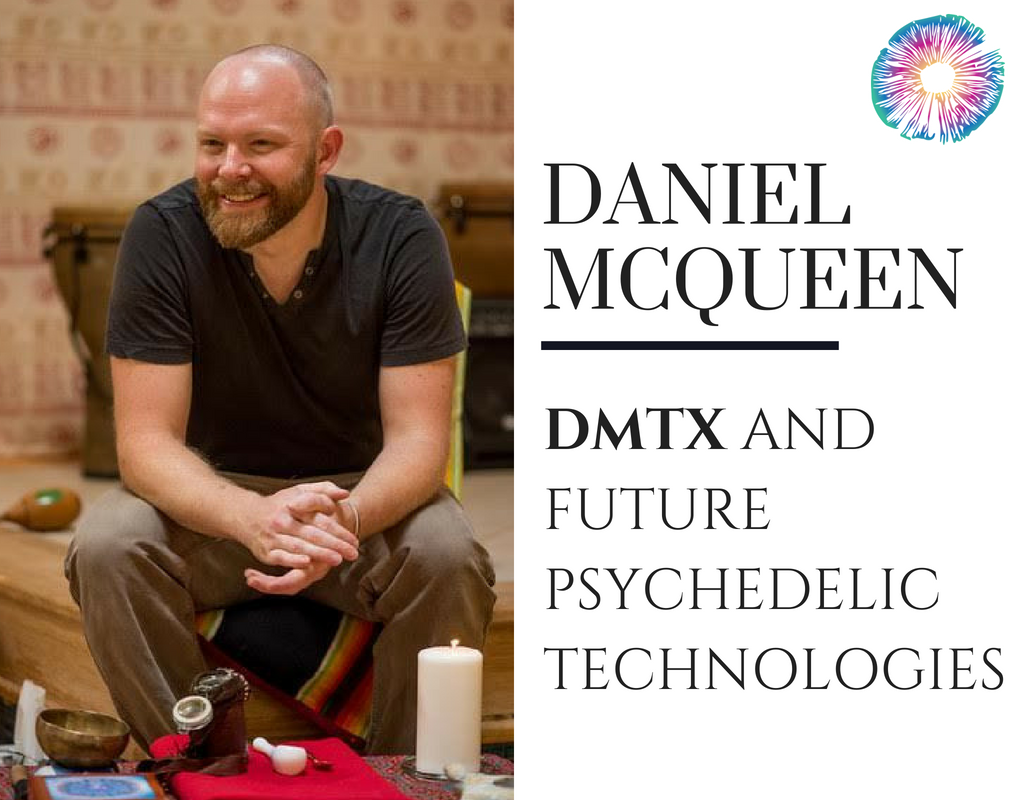
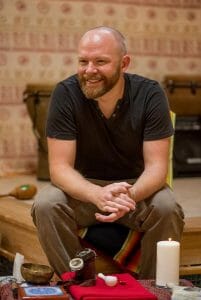
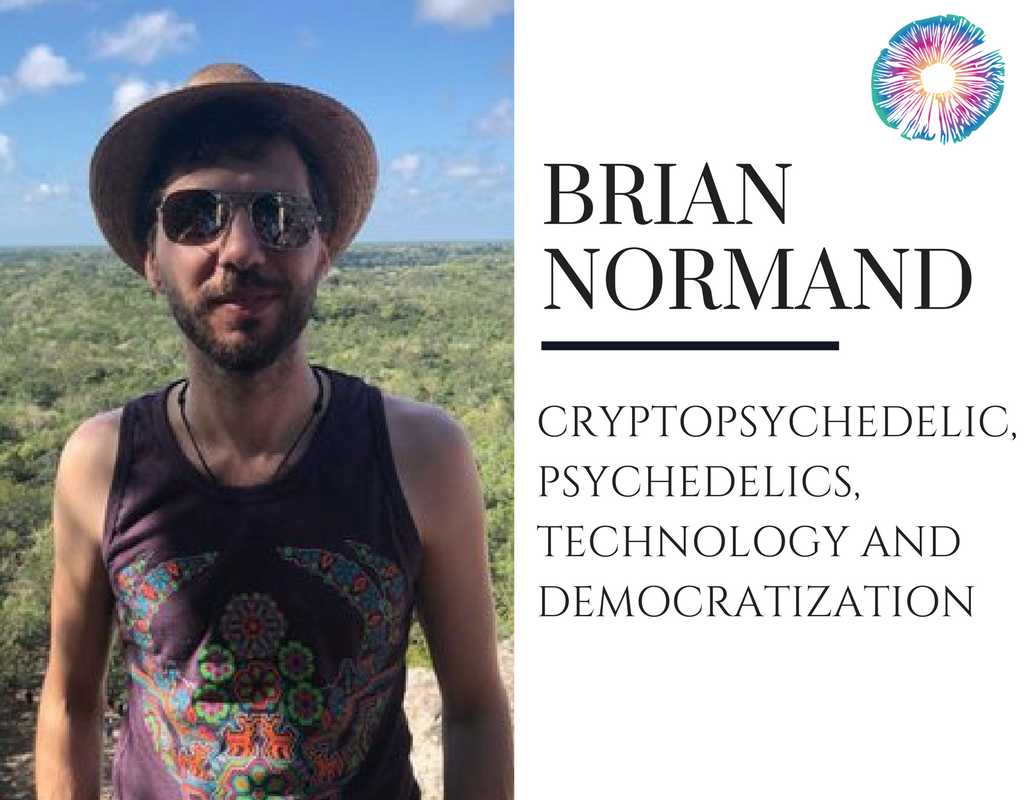
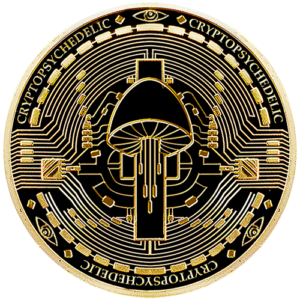
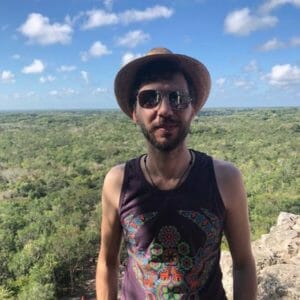
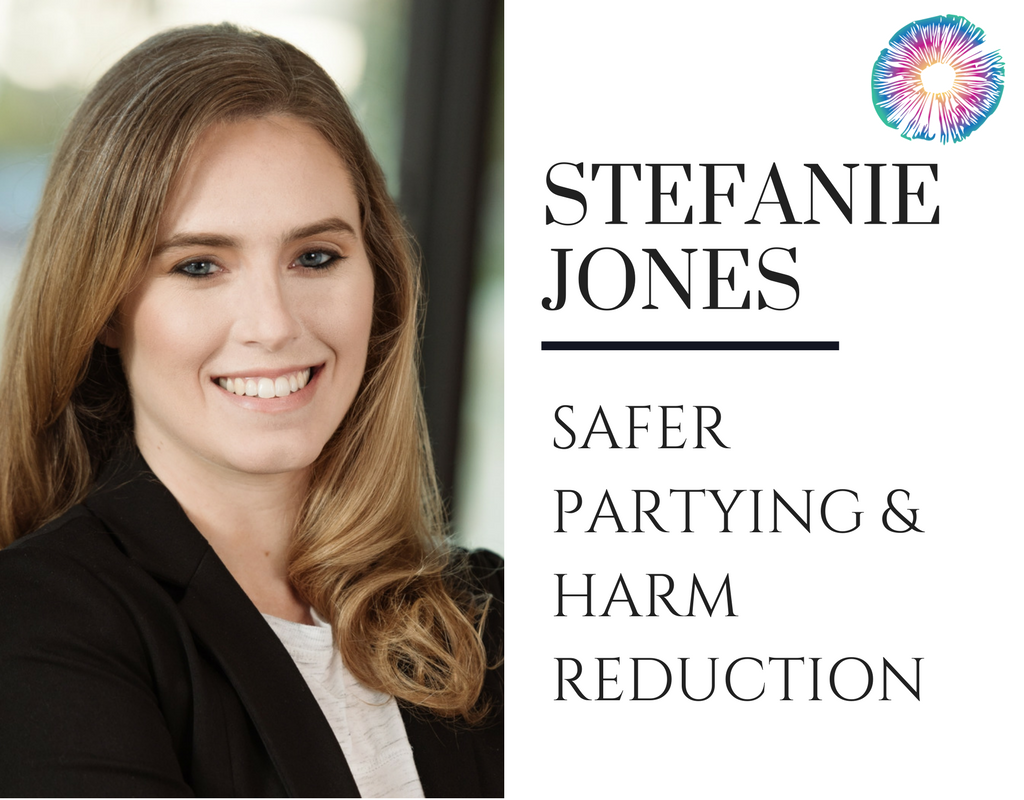



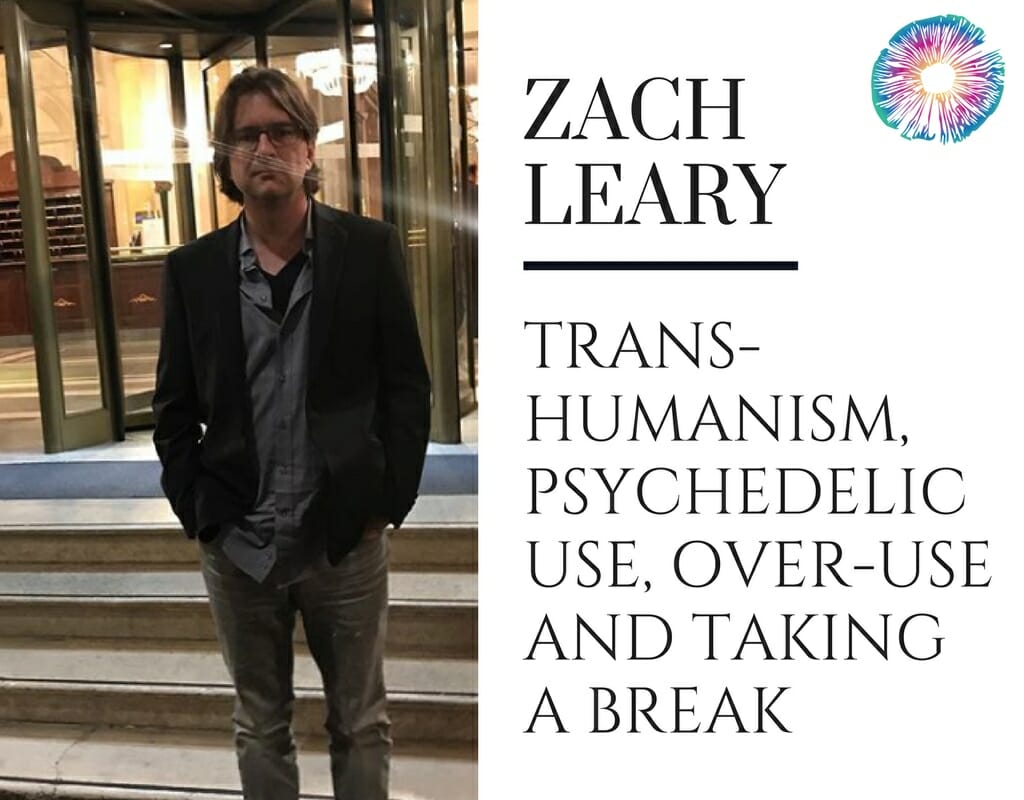



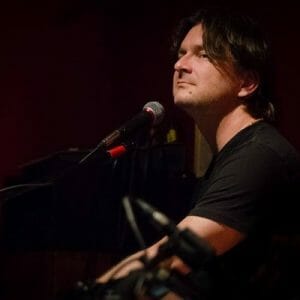
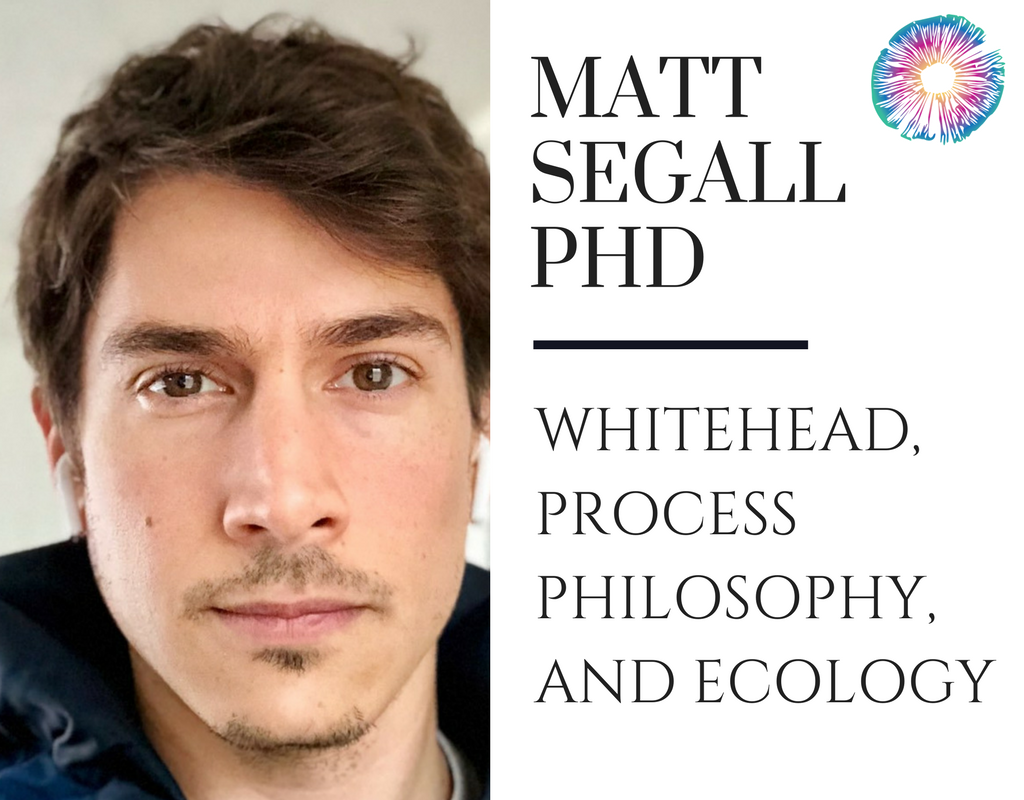

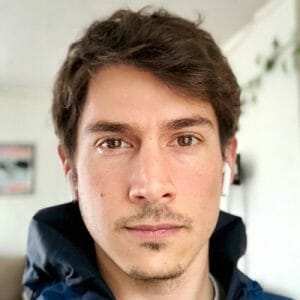
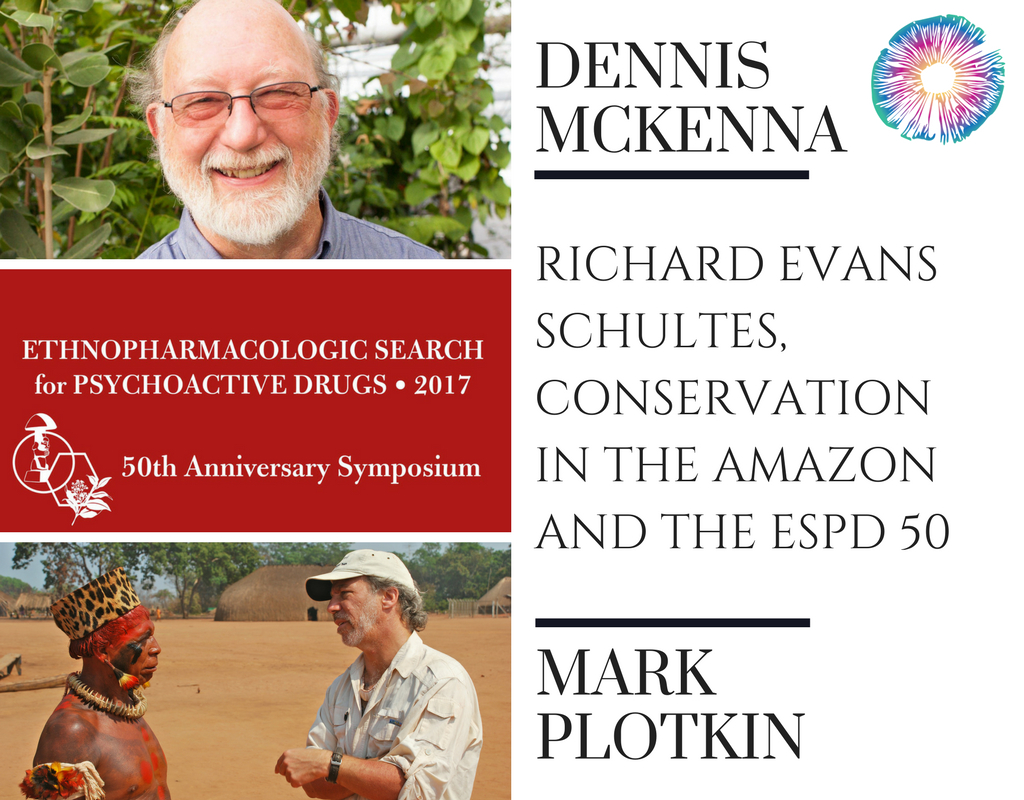



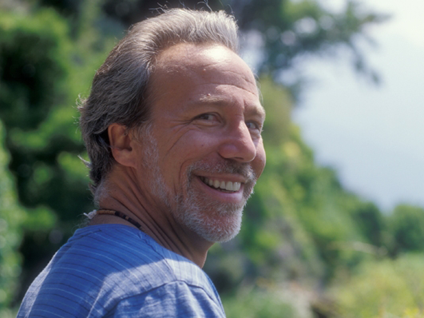

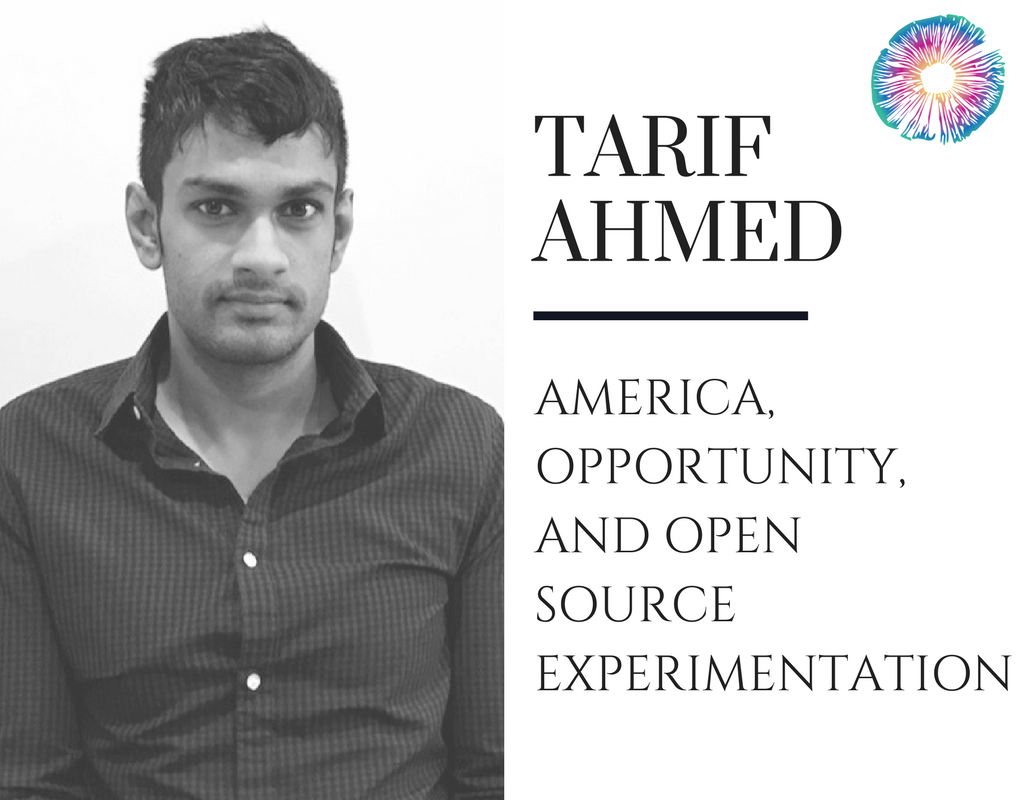
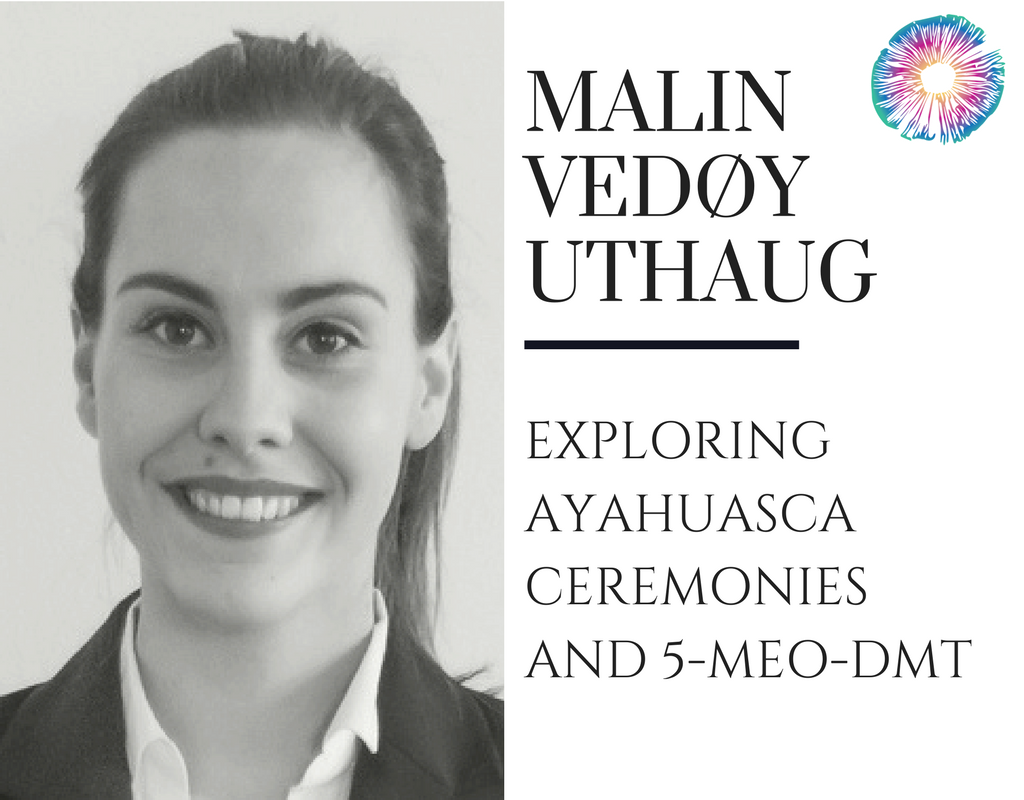

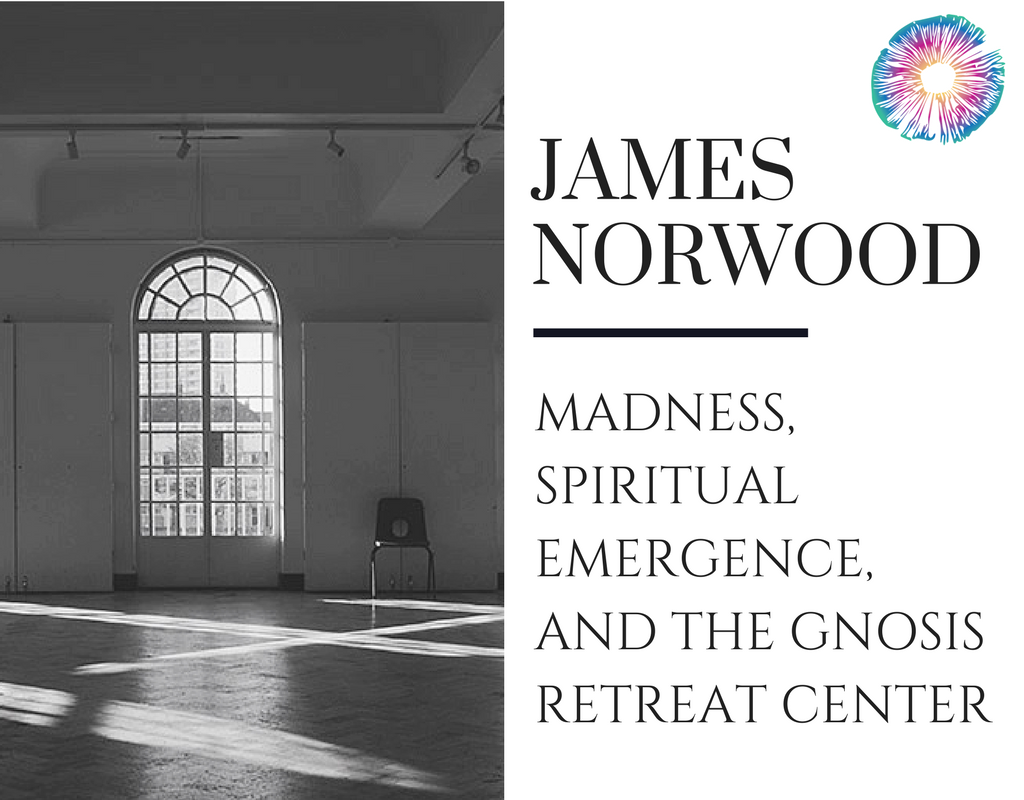


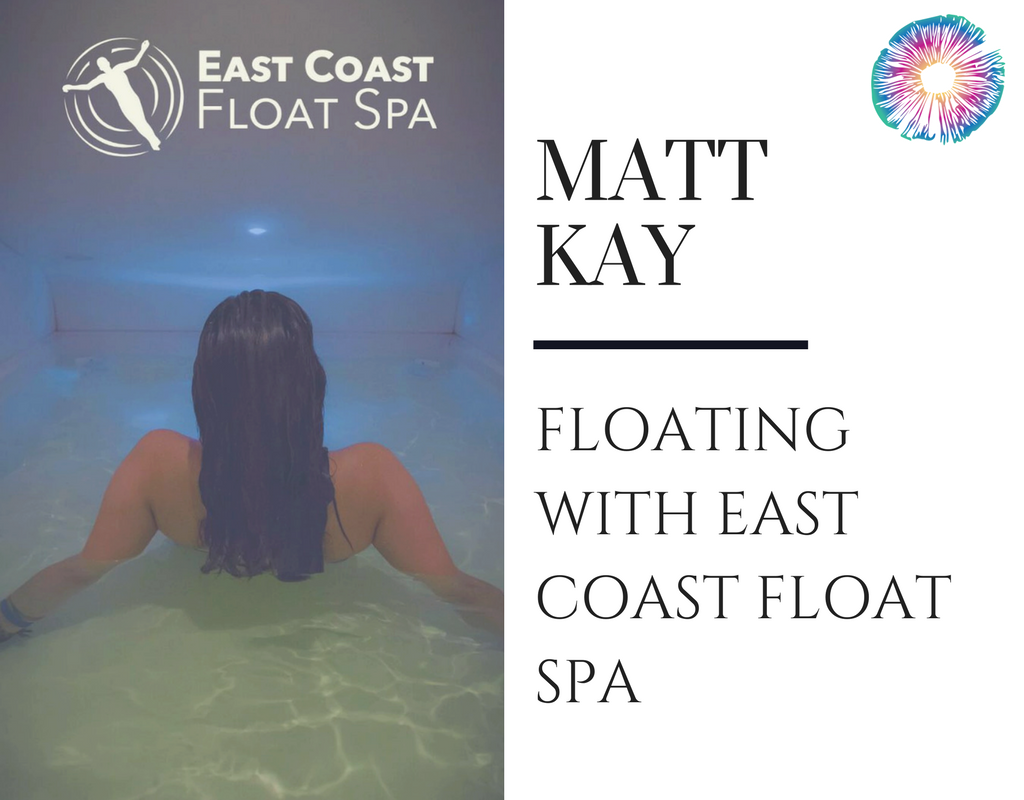


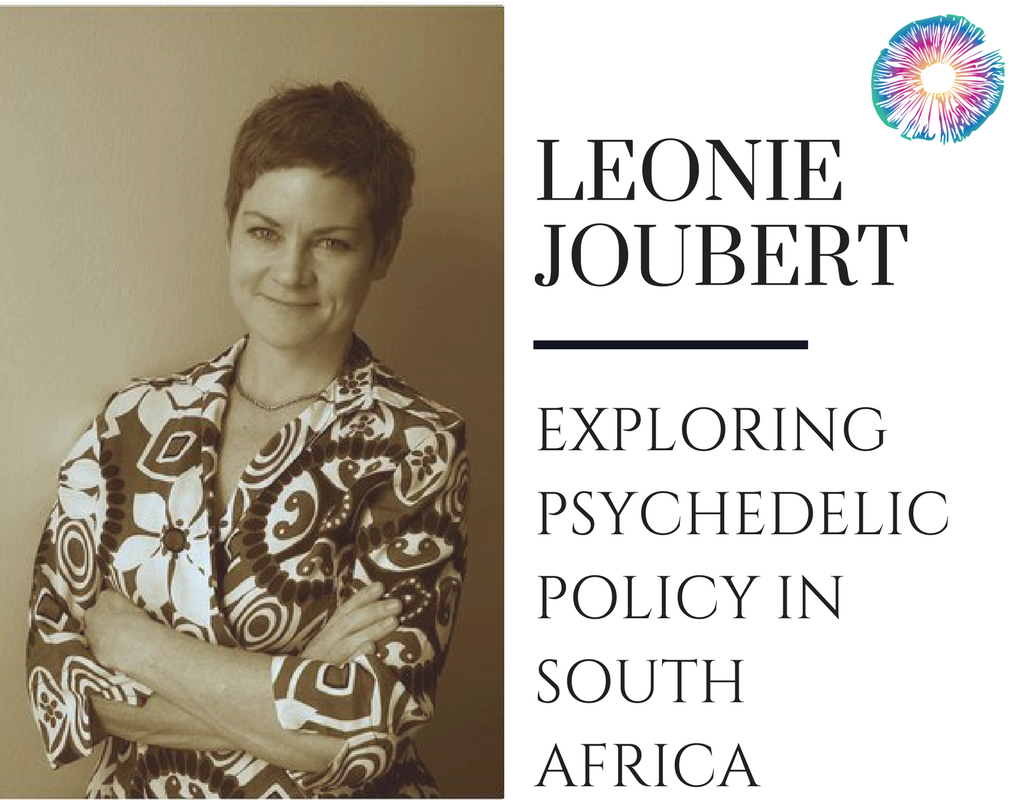

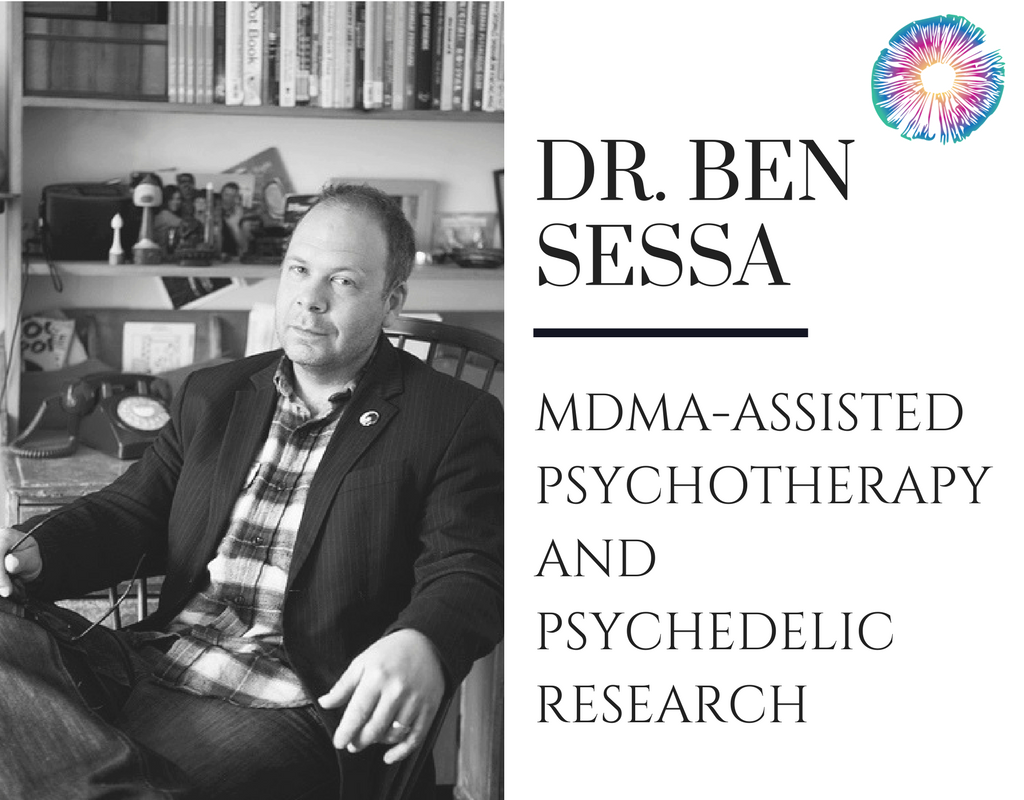




 Dr. Ben Sessa, M.B.B.S., M.D., B.Sc., M.R.C.Psych., is a consultant child and adolescent psychiatrist working in adult addiction services and with custodial detained young people in a secure adolescent setting. He trained at UCL medical school, graduating in 1997. He is interested in the developmental trajectory from child maltreatment to adult mental health disorders. Dr Sessa is currently a senior research fellow at Bristol, Cardiff and Imperial College London Universities, where he is conducting the UK’s first clinical st
Dr. Ben Sessa, M.B.B.S., M.D., B.Sc., M.R.C.Psych., is a consultant child and adolescent psychiatrist working in adult addiction services and with custodial detained young people in a secure adolescent setting. He trained at UCL medical school, graduating in 1997. He is interested in the developmental trajectory from child maltreatment to adult mental health disorders. Dr Sessa is currently a senior research fellow at Bristol, Cardiff and Imperial College London Universities, where he is conducting the UK’s first clinical st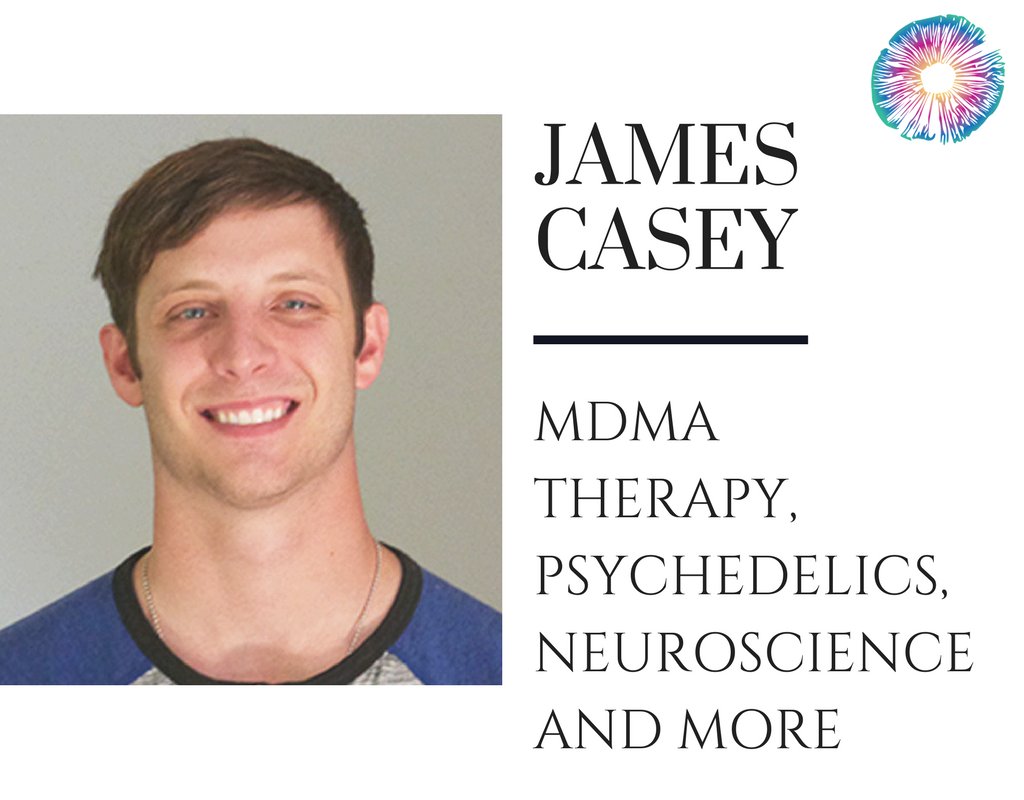


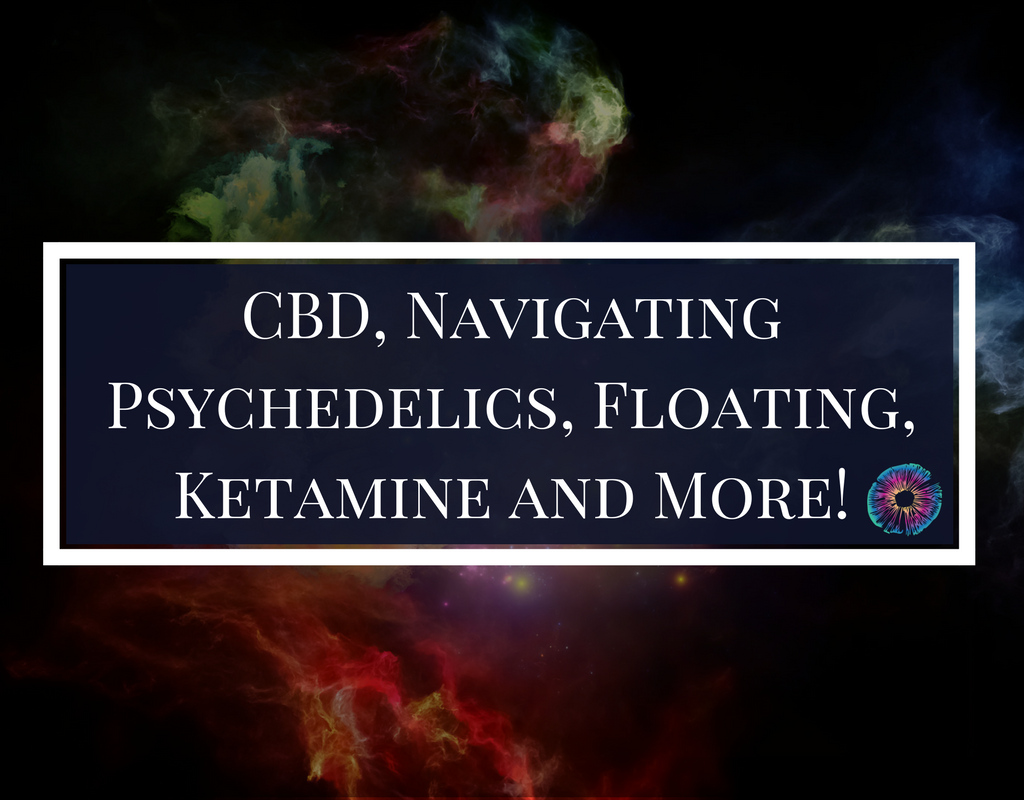






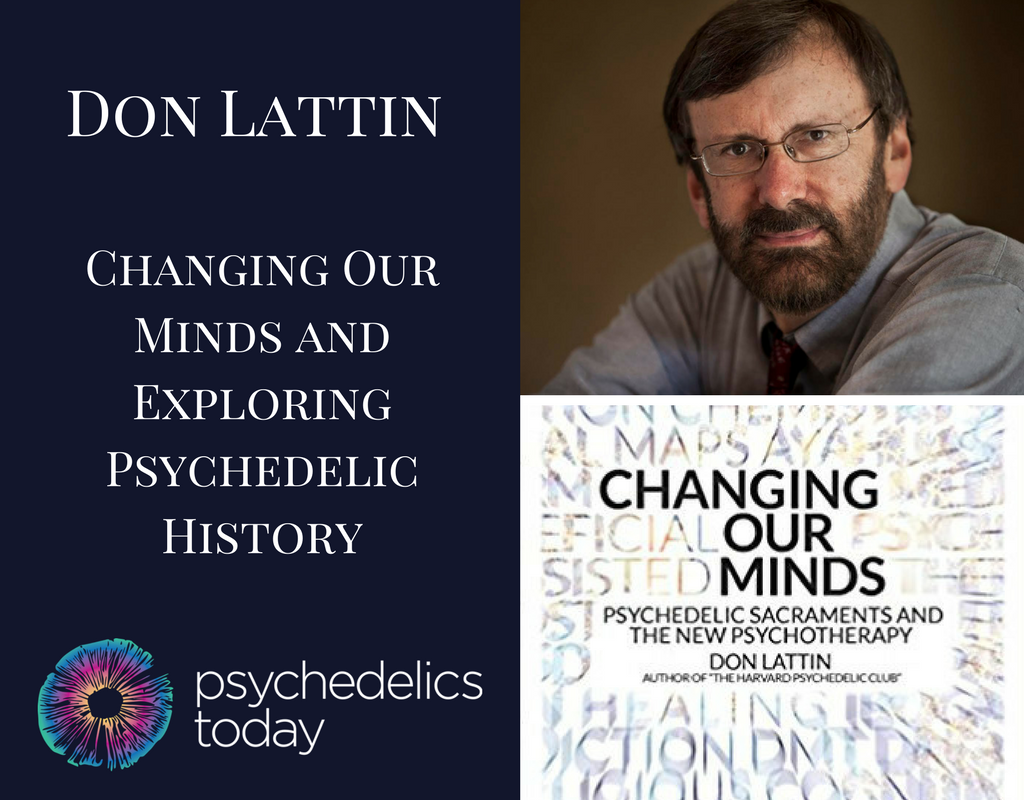


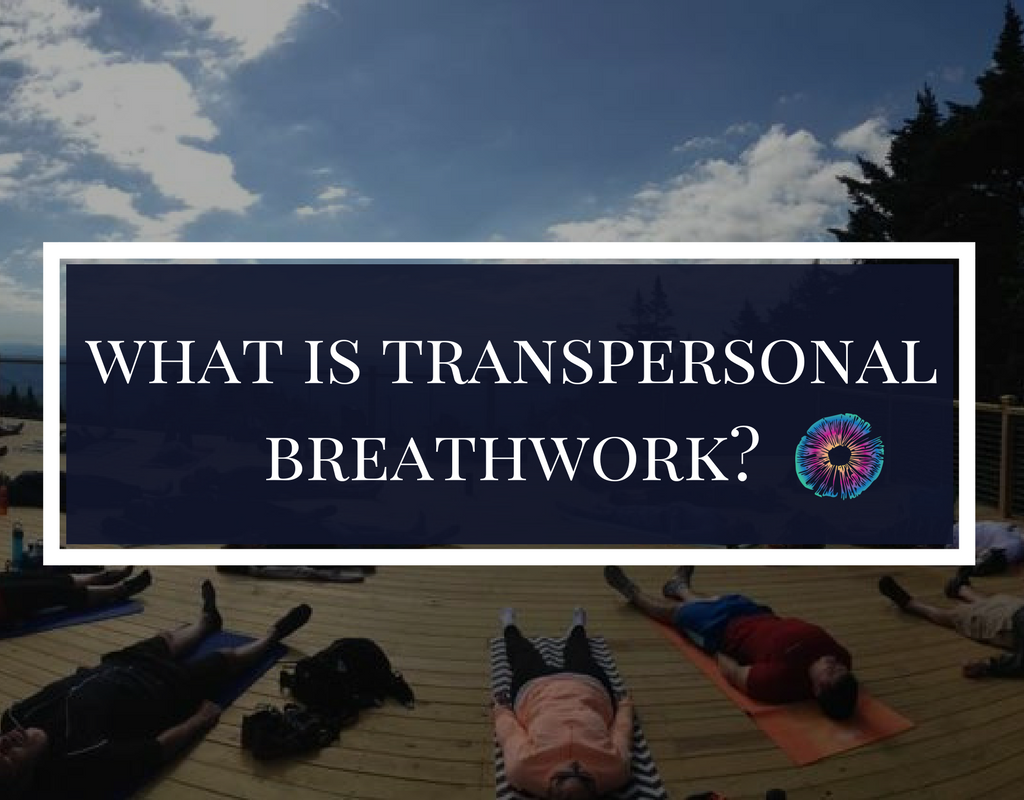





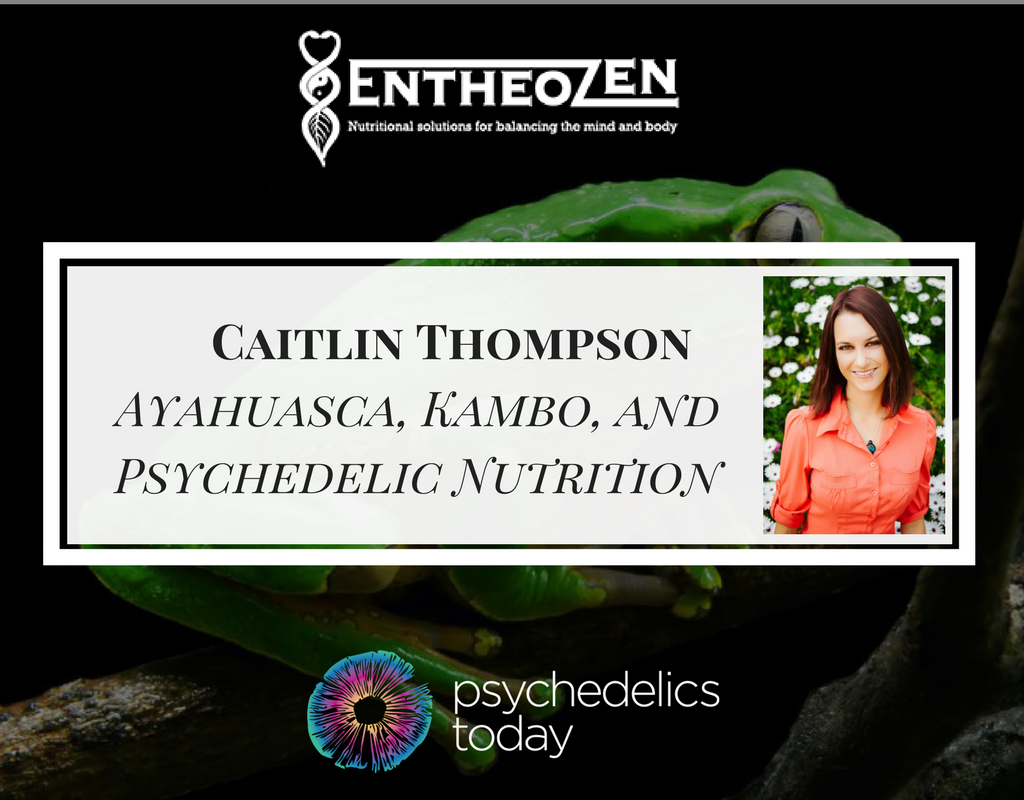


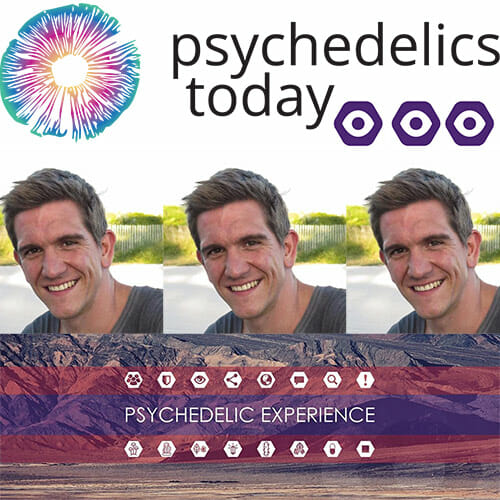






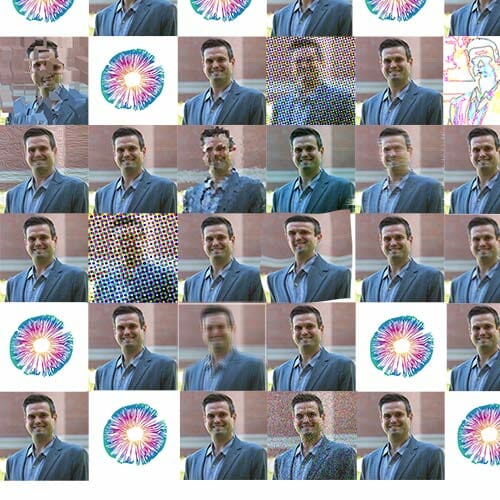
 Dr. Brown Specializes in whole health psychiatry. This approach differs from many other practitioners who more and more practice symptomatic management when it comes to mental health. Dr. Brown takes the perspective that the body has the ability to heal itself, but from time to time may need assistance through balancing the things that are important for physical health that are also important from mental health. These include, sleep, diet, exercise, meditative/spiritual practice and cultivating positive social relationships. Dr. Brown also has a strong command of how to balance vital nutrients in our body with the aid of supplementation to augment traditional psychopharmacological therapies. Dr. Brown’s method is aimed primarily at the treatment of Depression and Anxiety as well as other mood disorders and ADHD. Dr. Brown is a specialist in the treatment of OCD specifically and is board certified by the ABPN in both adult as well as child and adolescent psychiatry.
Dr. Brown Specializes in whole health psychiatry. This approach differs from many other practitioners who more and more practice symptomatic management when it comes to mental health. Dr. Brown takes the perspective that the body has the ability to heal itself, but from time to time may need assistance through balancing the things that are important for physical health that are also important from mental health. These include, sleep, diet, exercise, meditative/spiritual practice and cultivating positive social relationships. Dr. Brown also has a strong command of how to balance vital nutrients in our body with the aid of supplementation to augment traditional psychopharmacological therapies. Dr. Brown’s method is aimed primarily at the treatment of Depression and Anxiety as well as other mood disorders and ADHD. Dr. Brown is a specialist in the treatment of OCD specifically and is board certified by the ABPN in both adult as well as child and adolescent psychiatry.